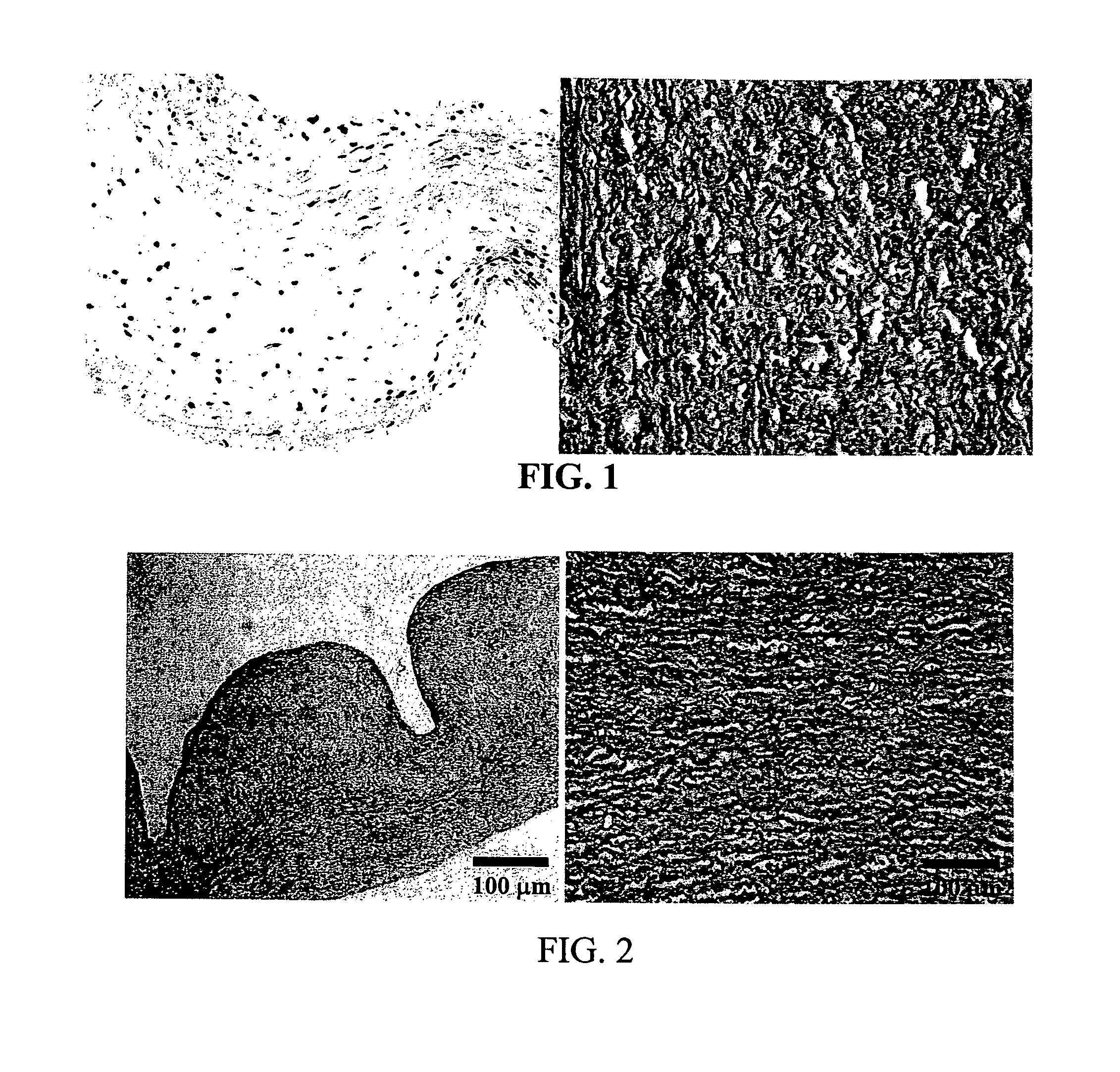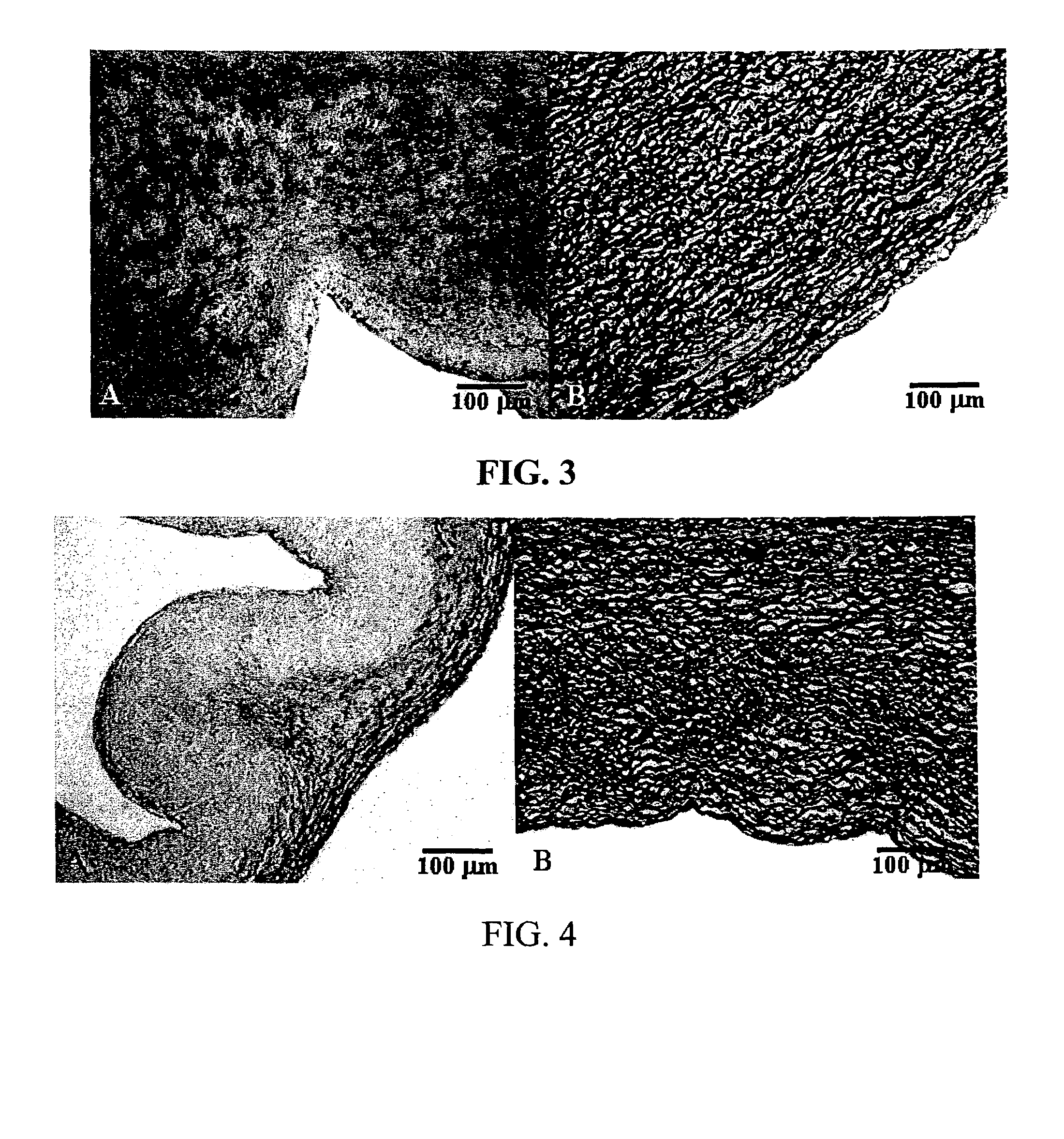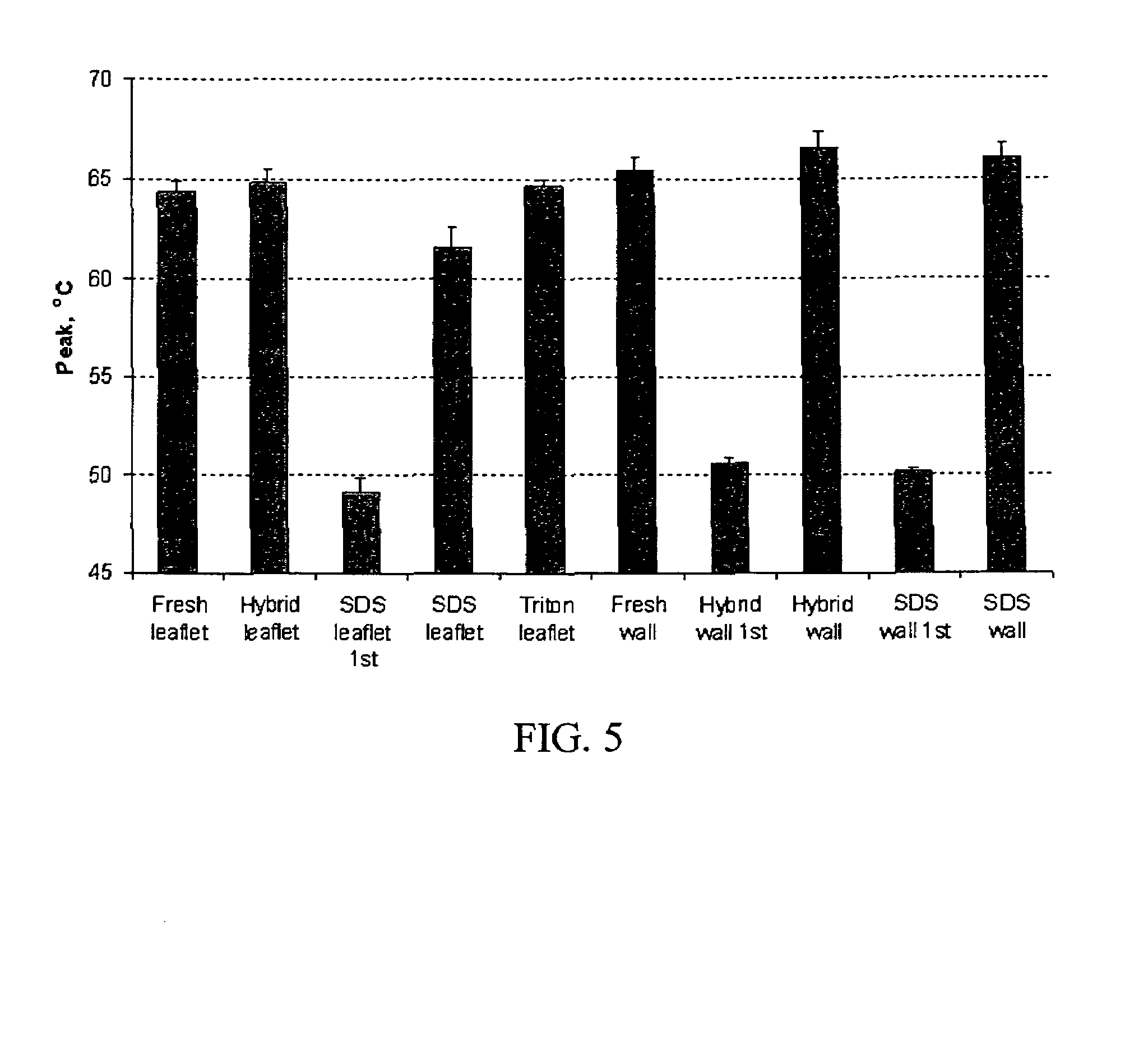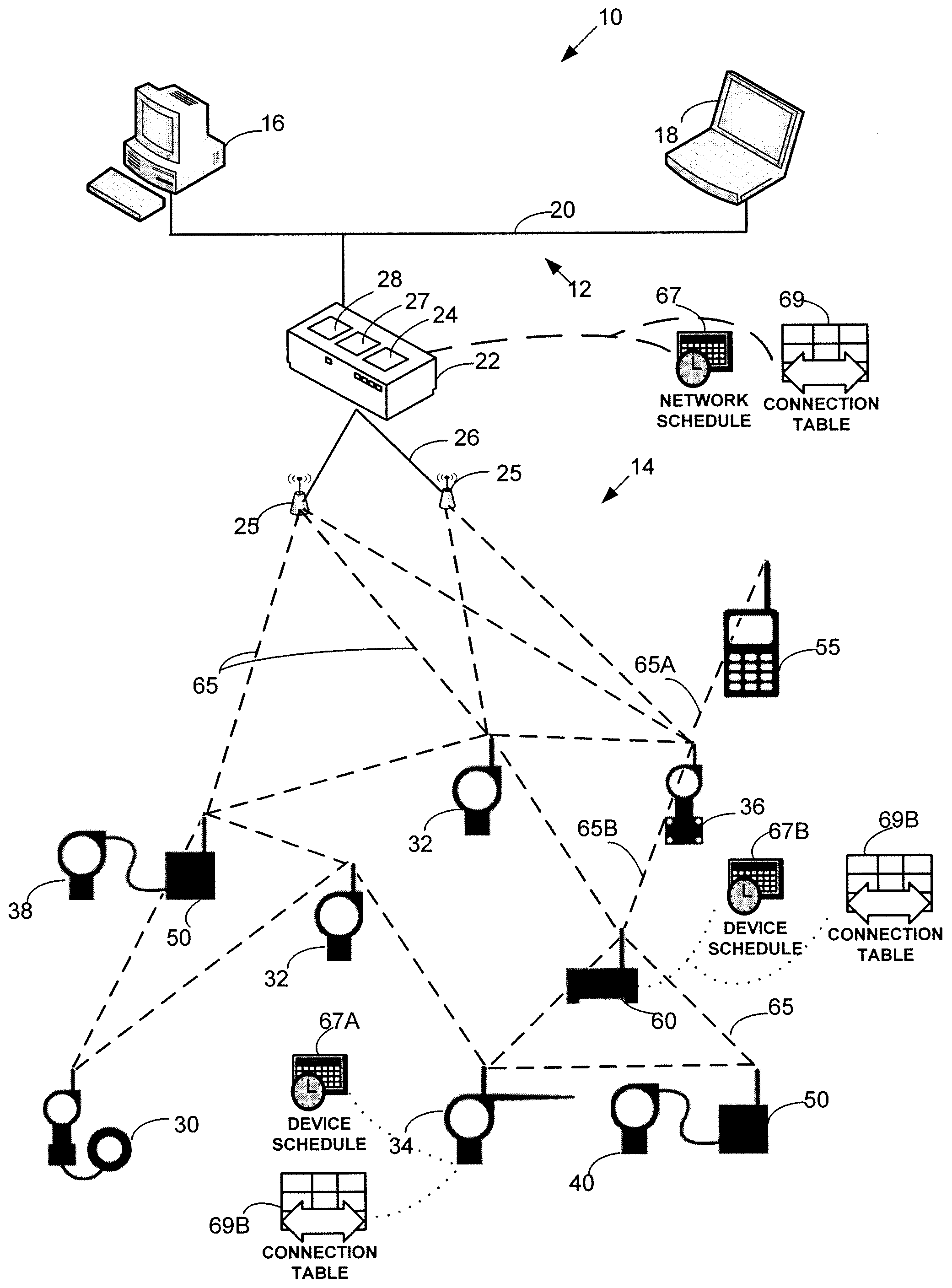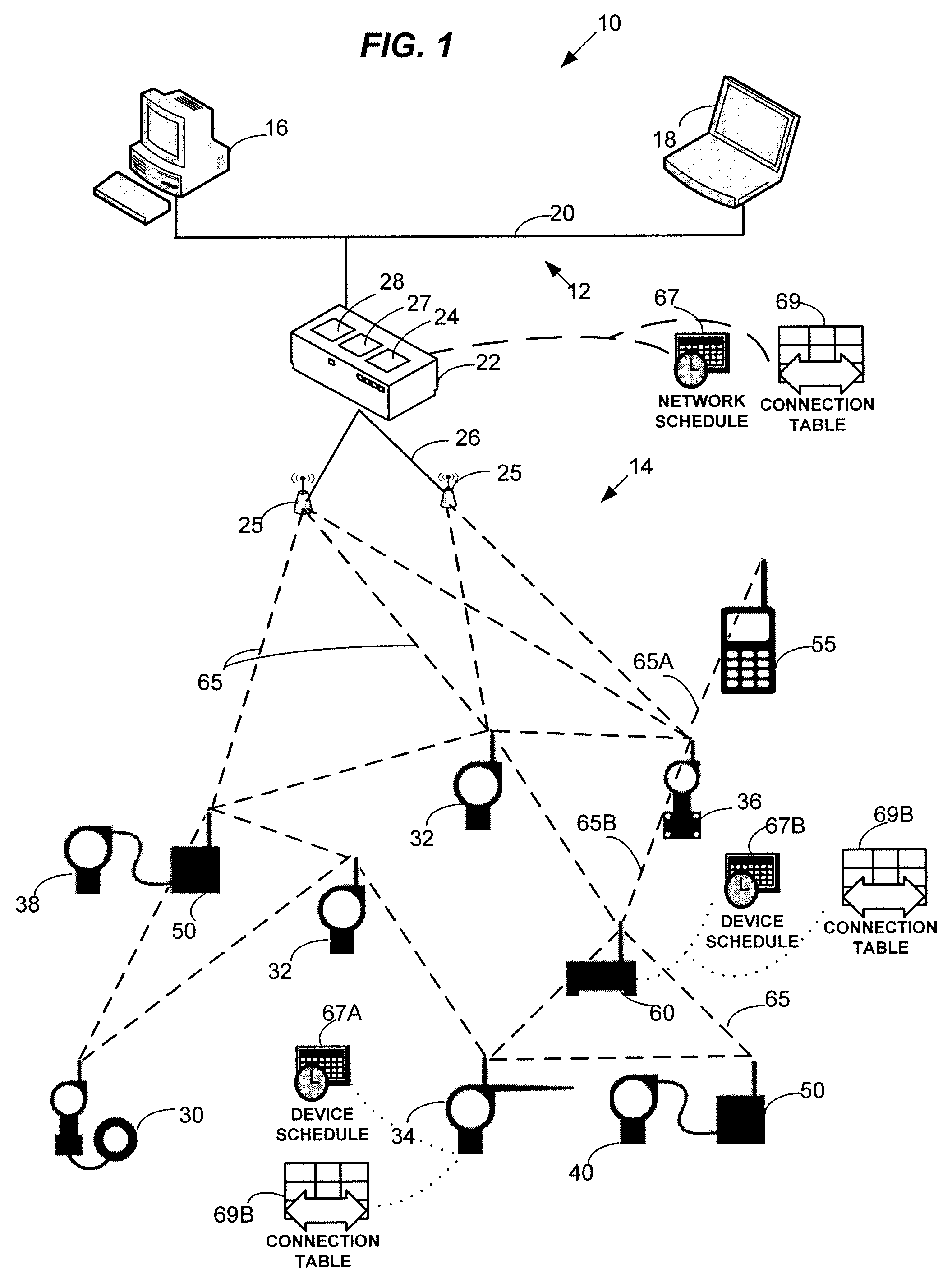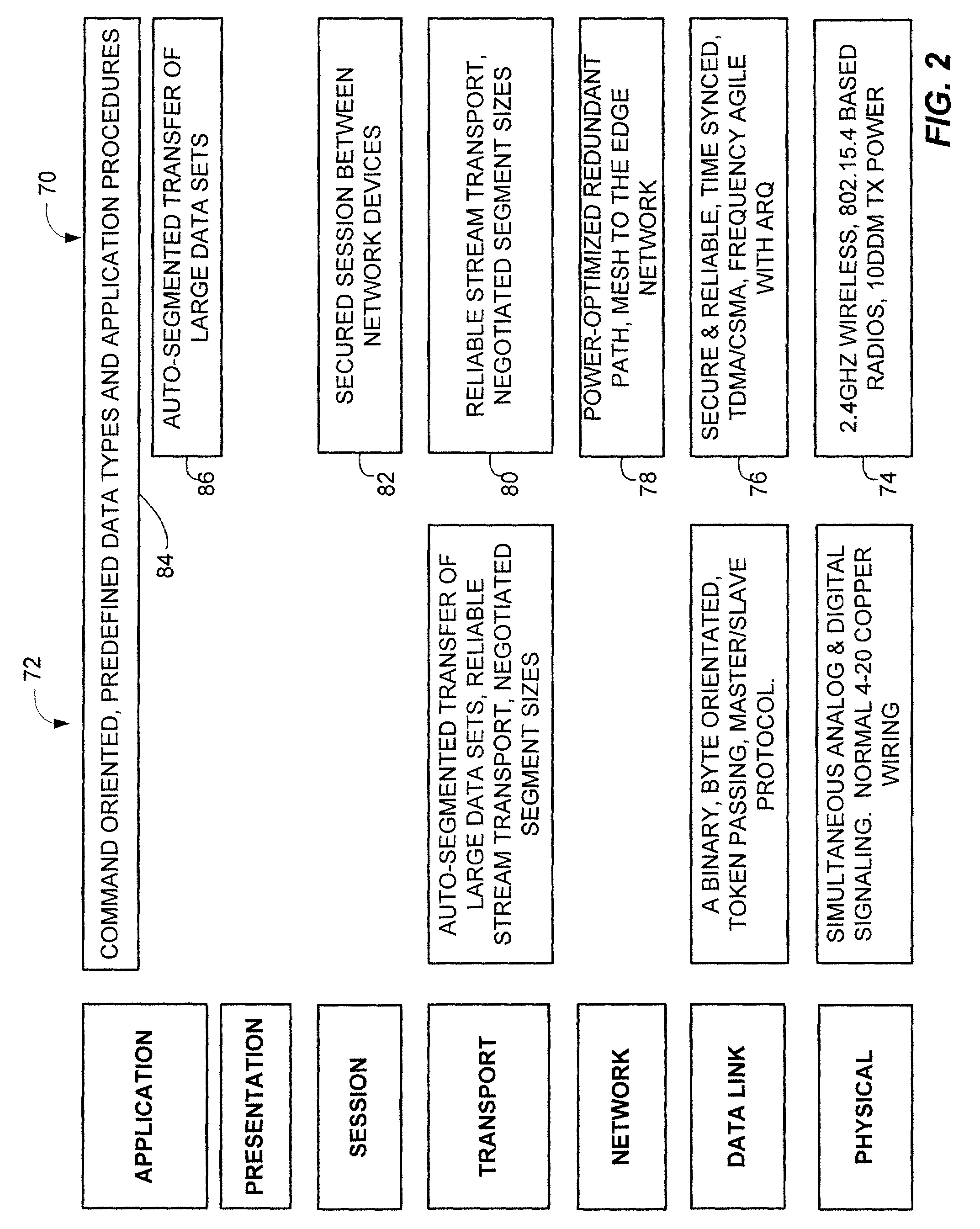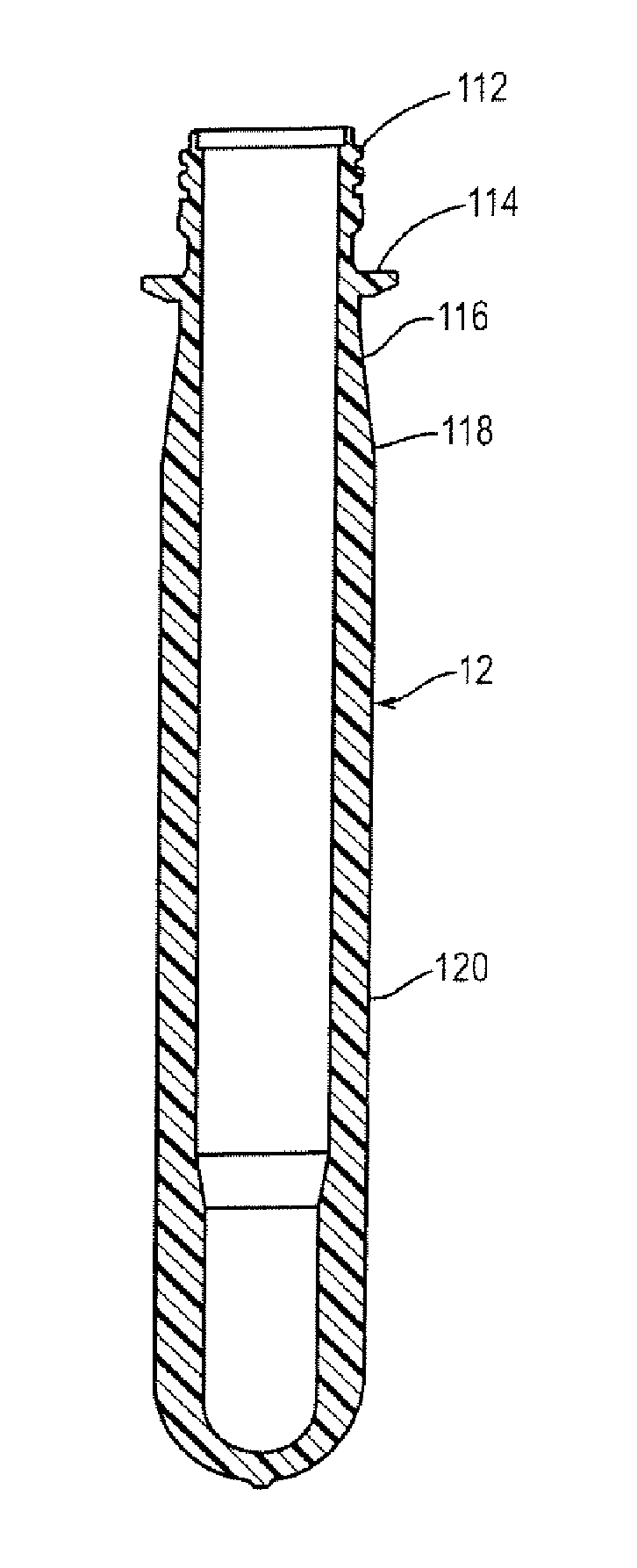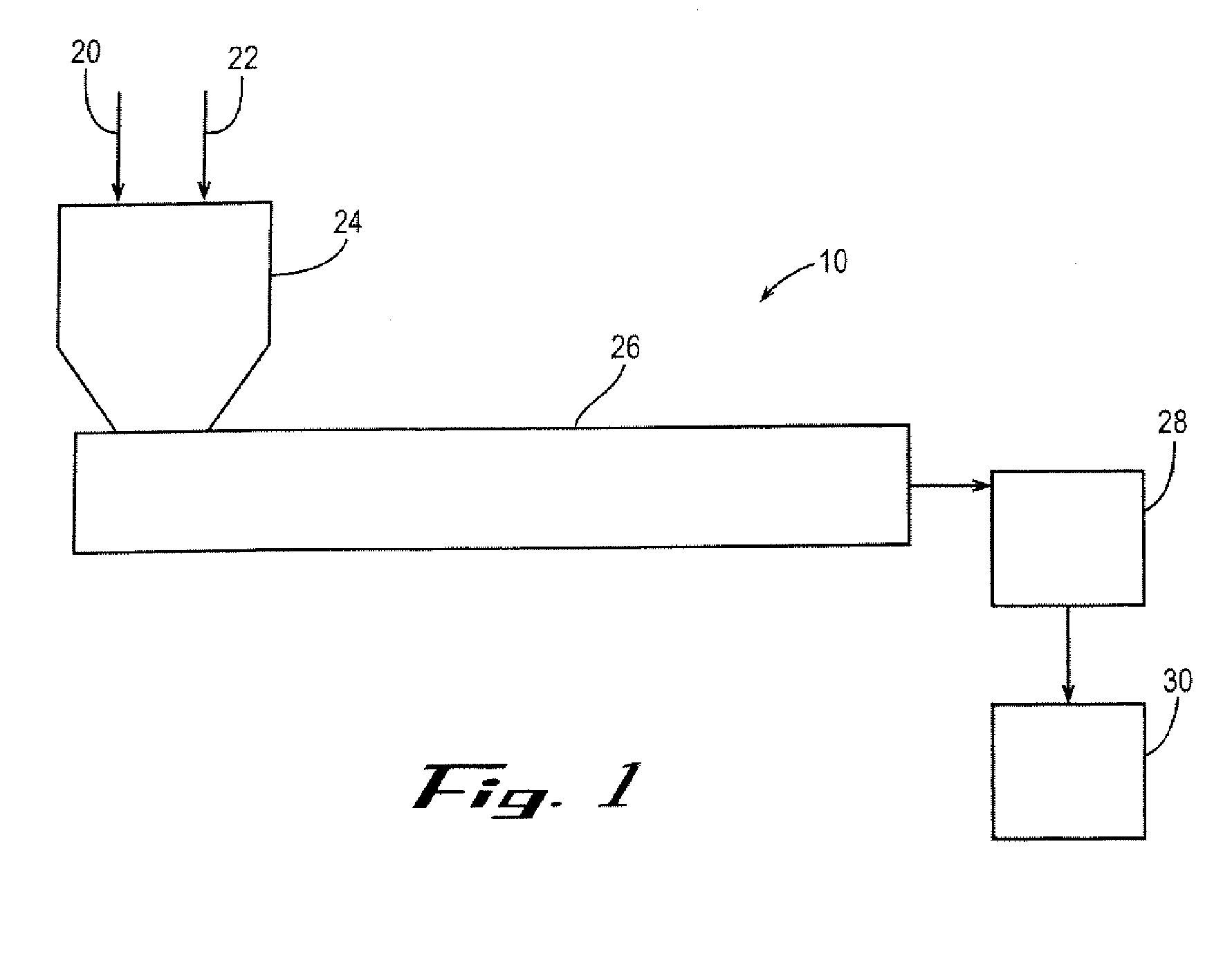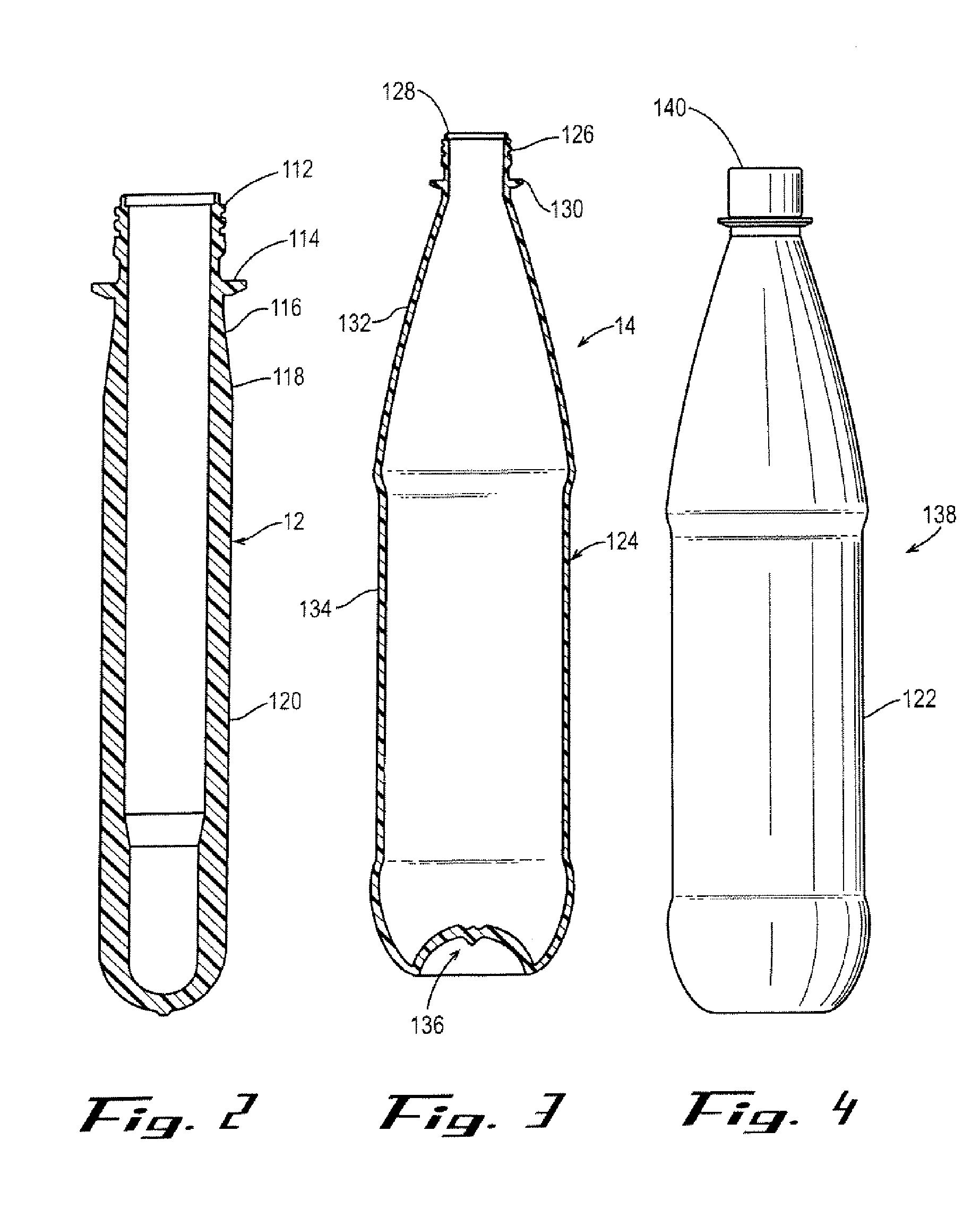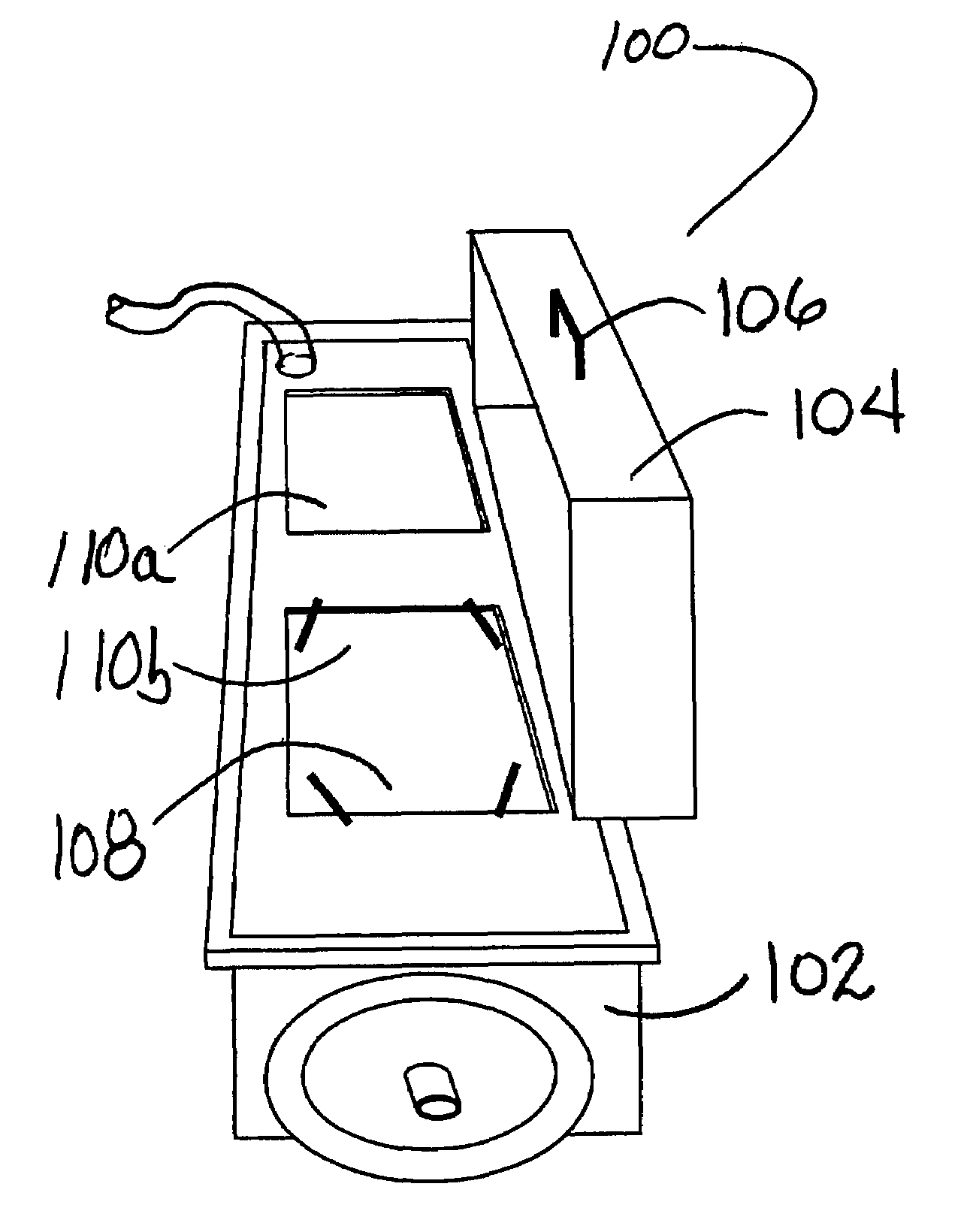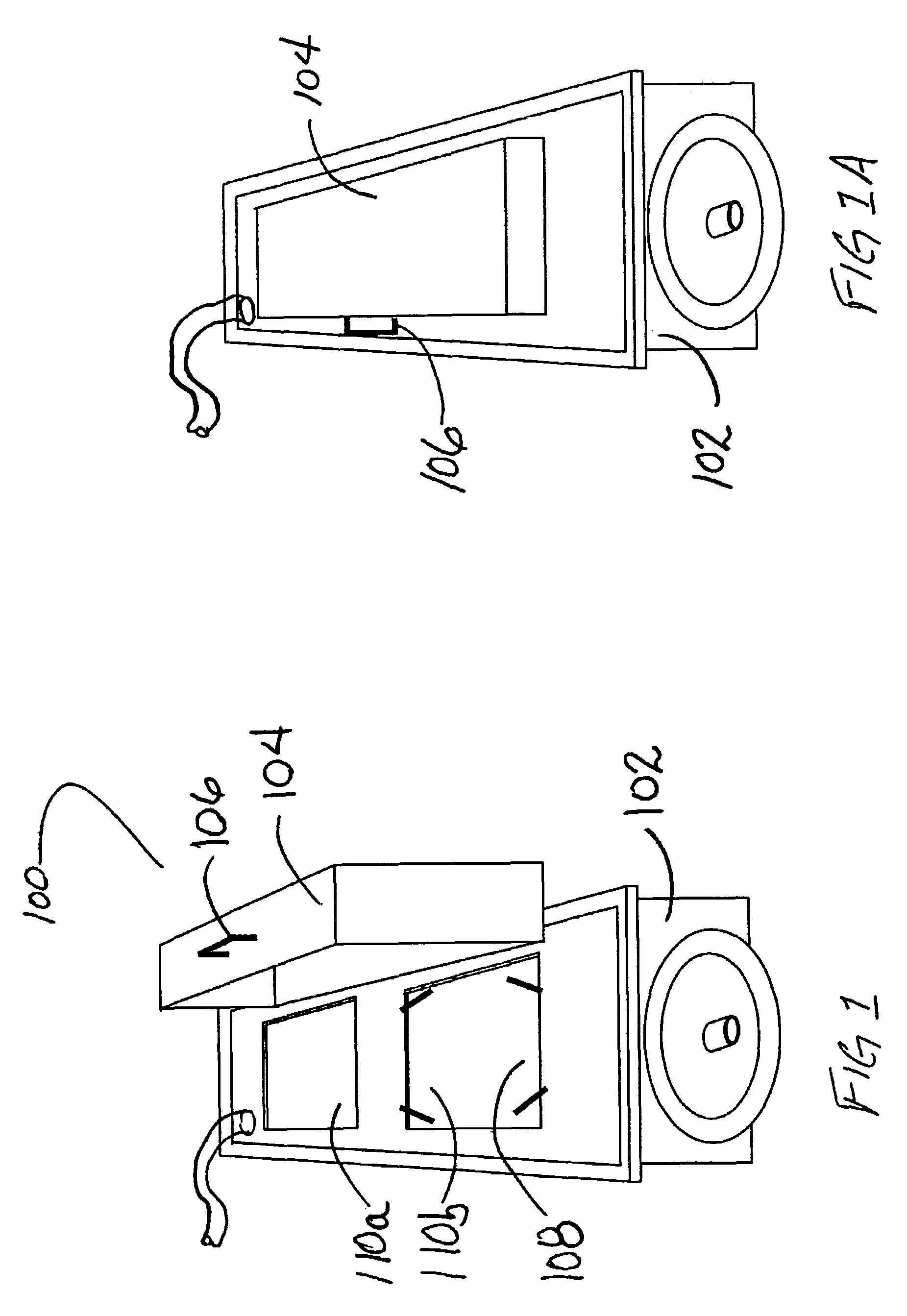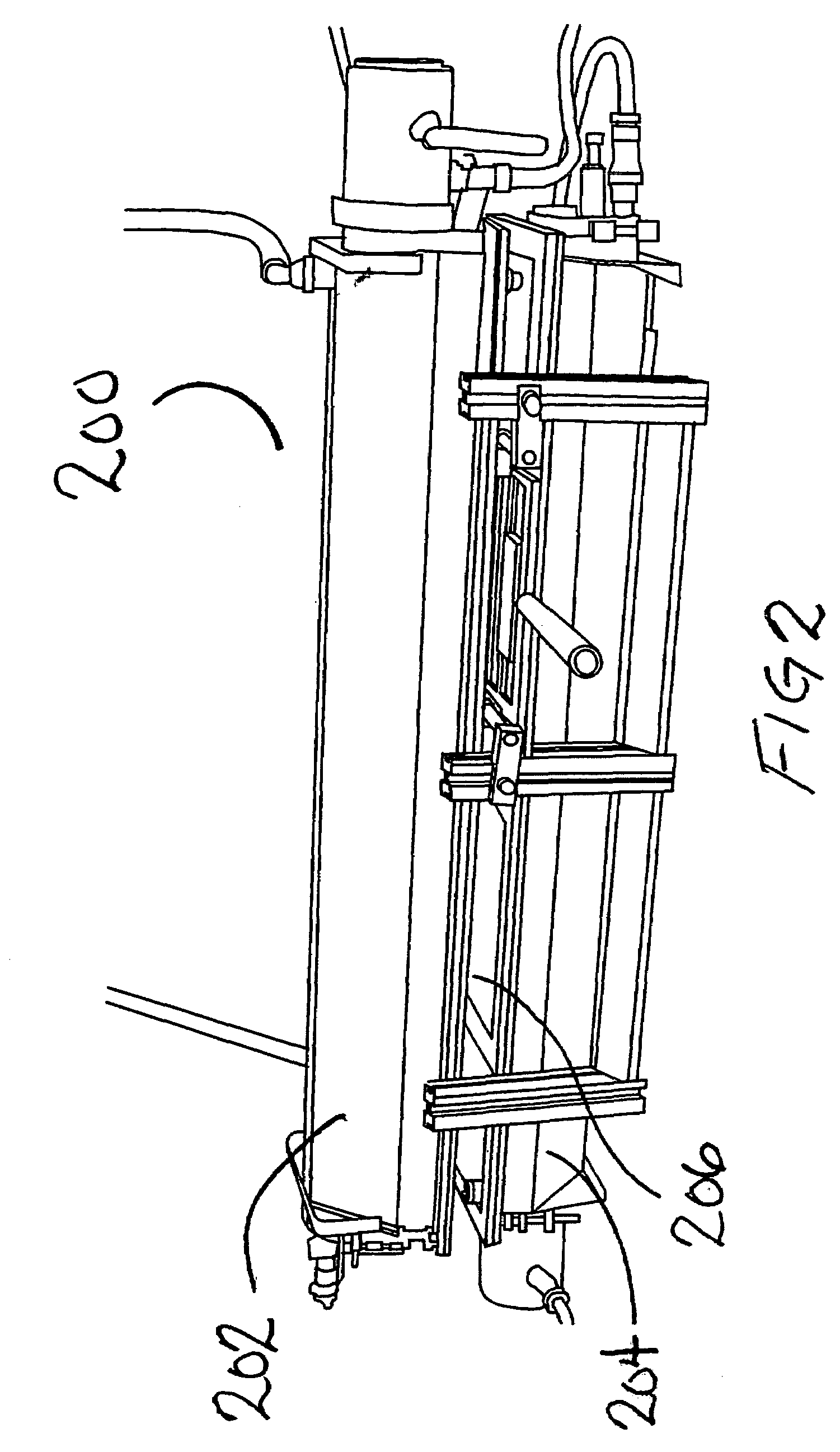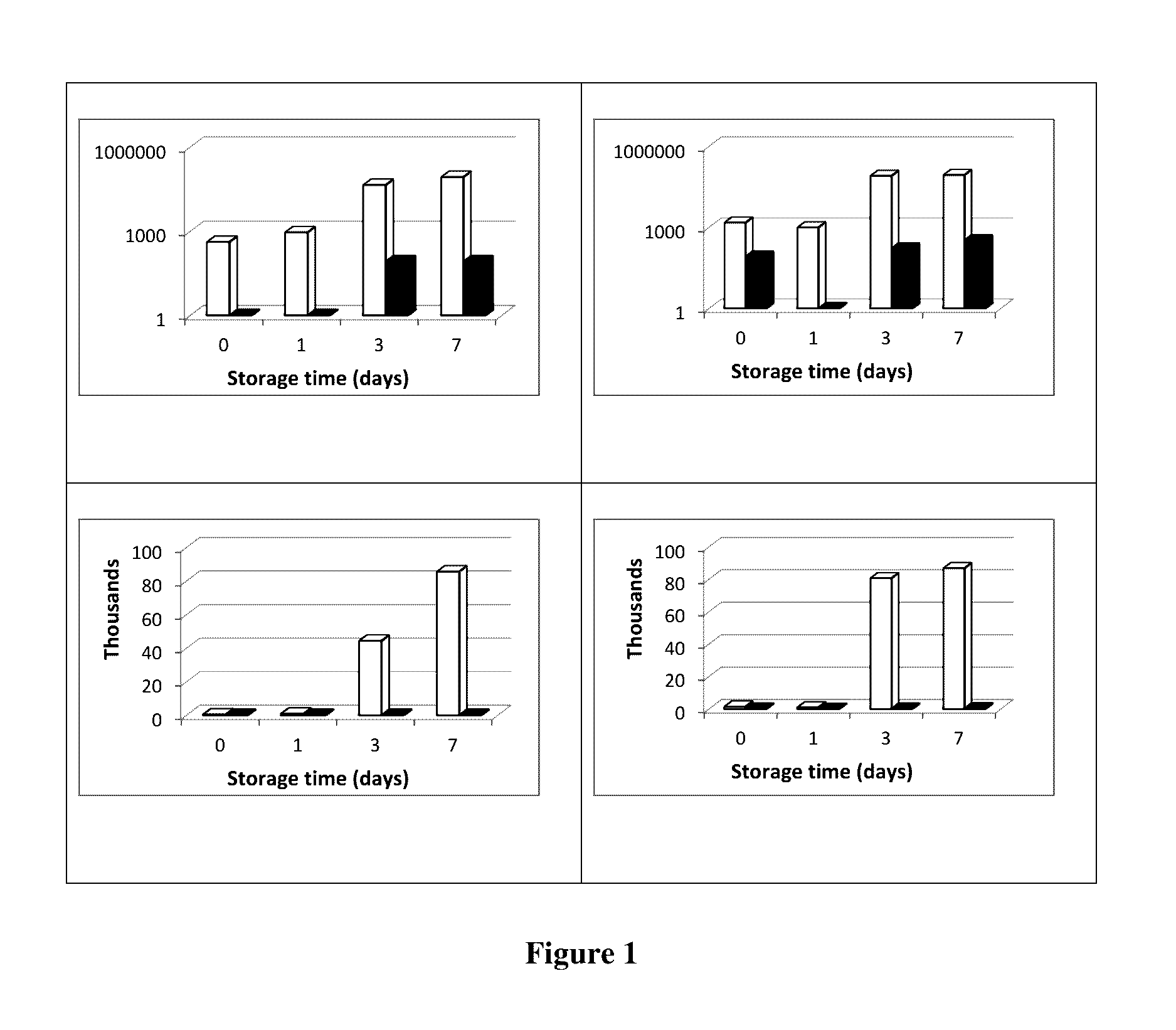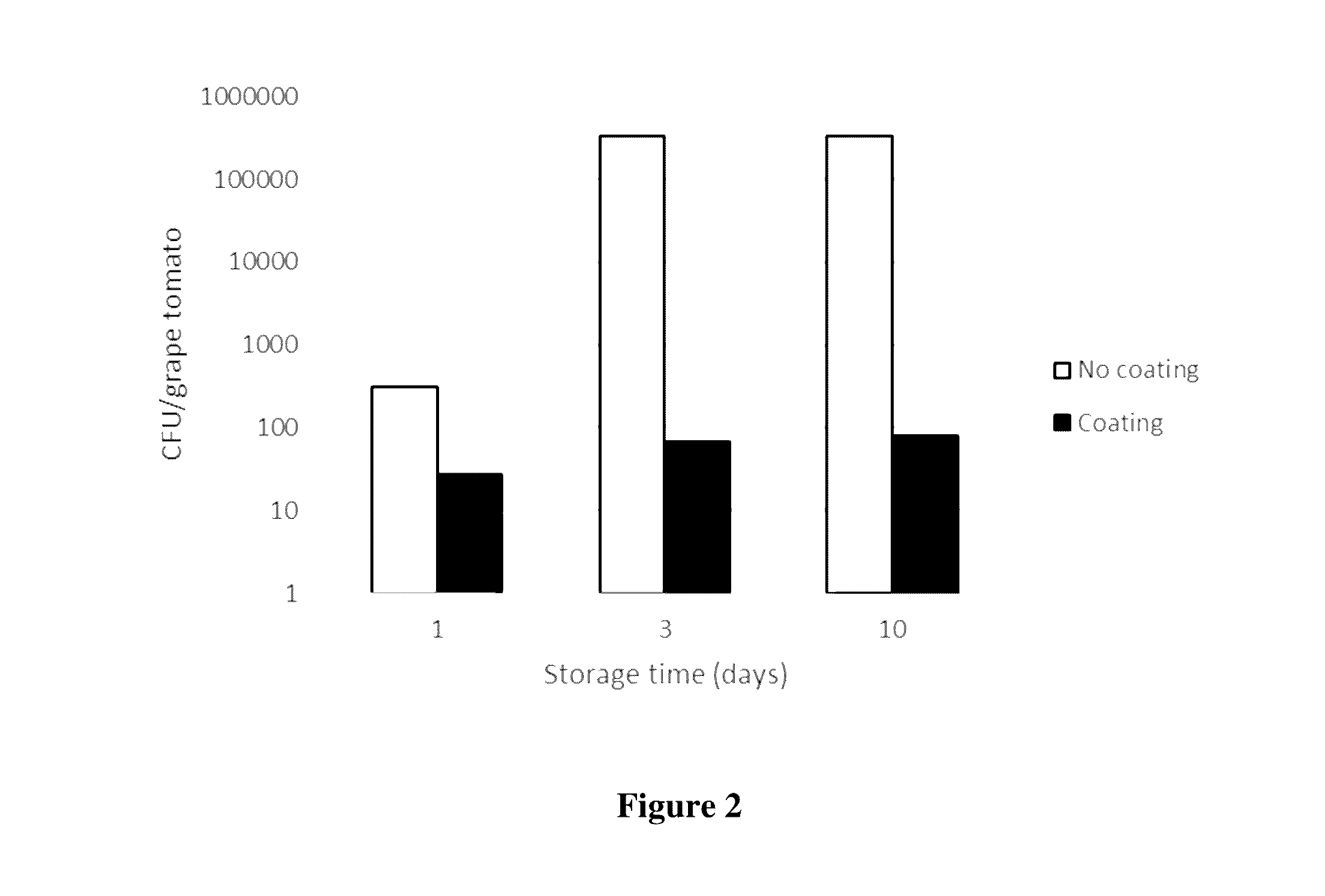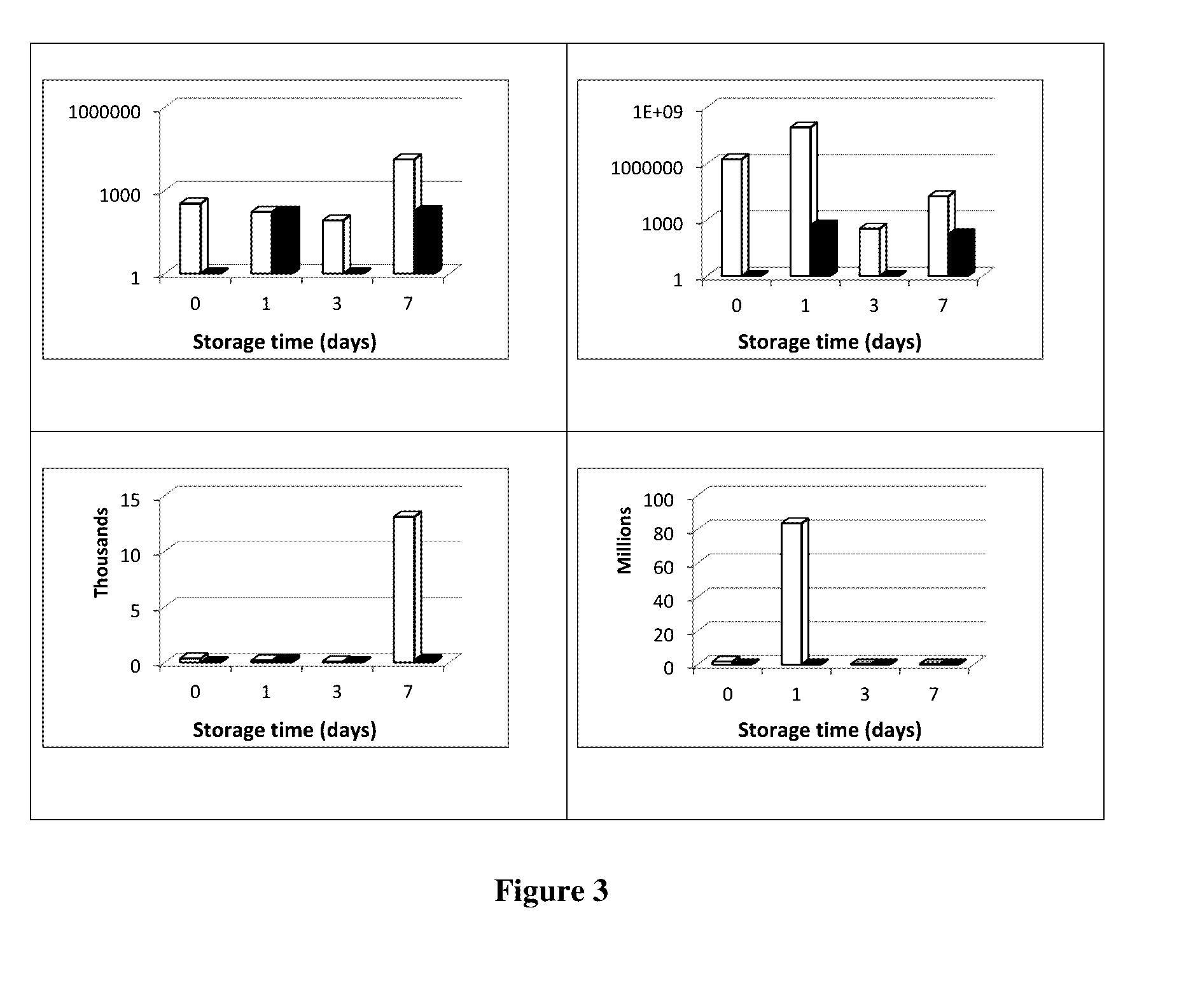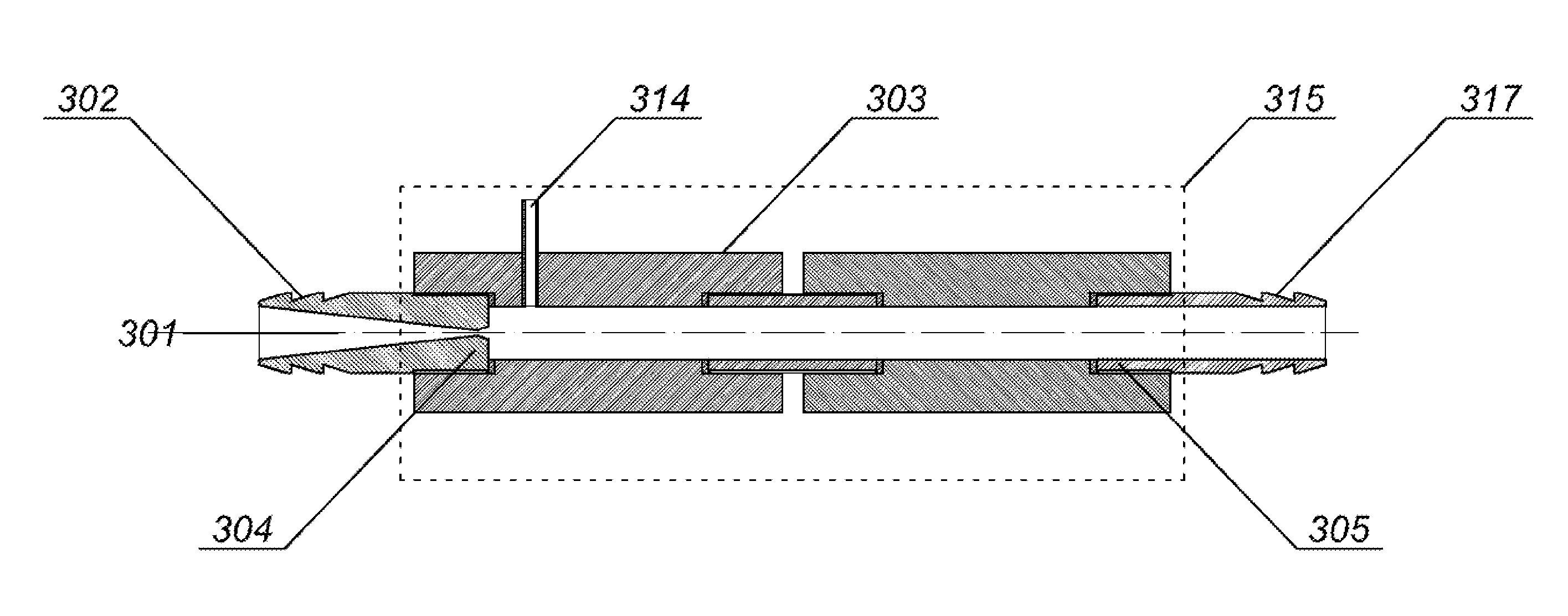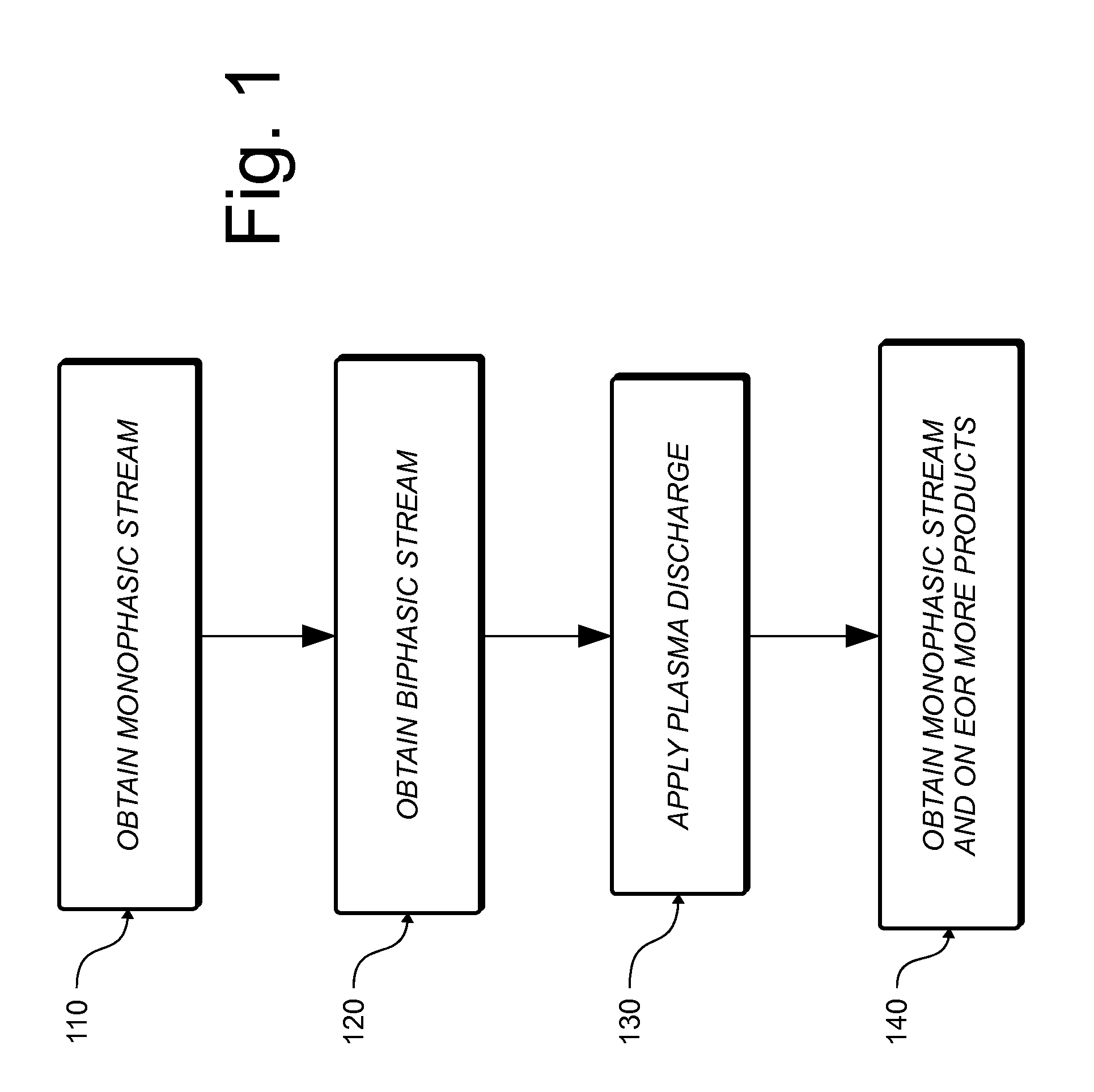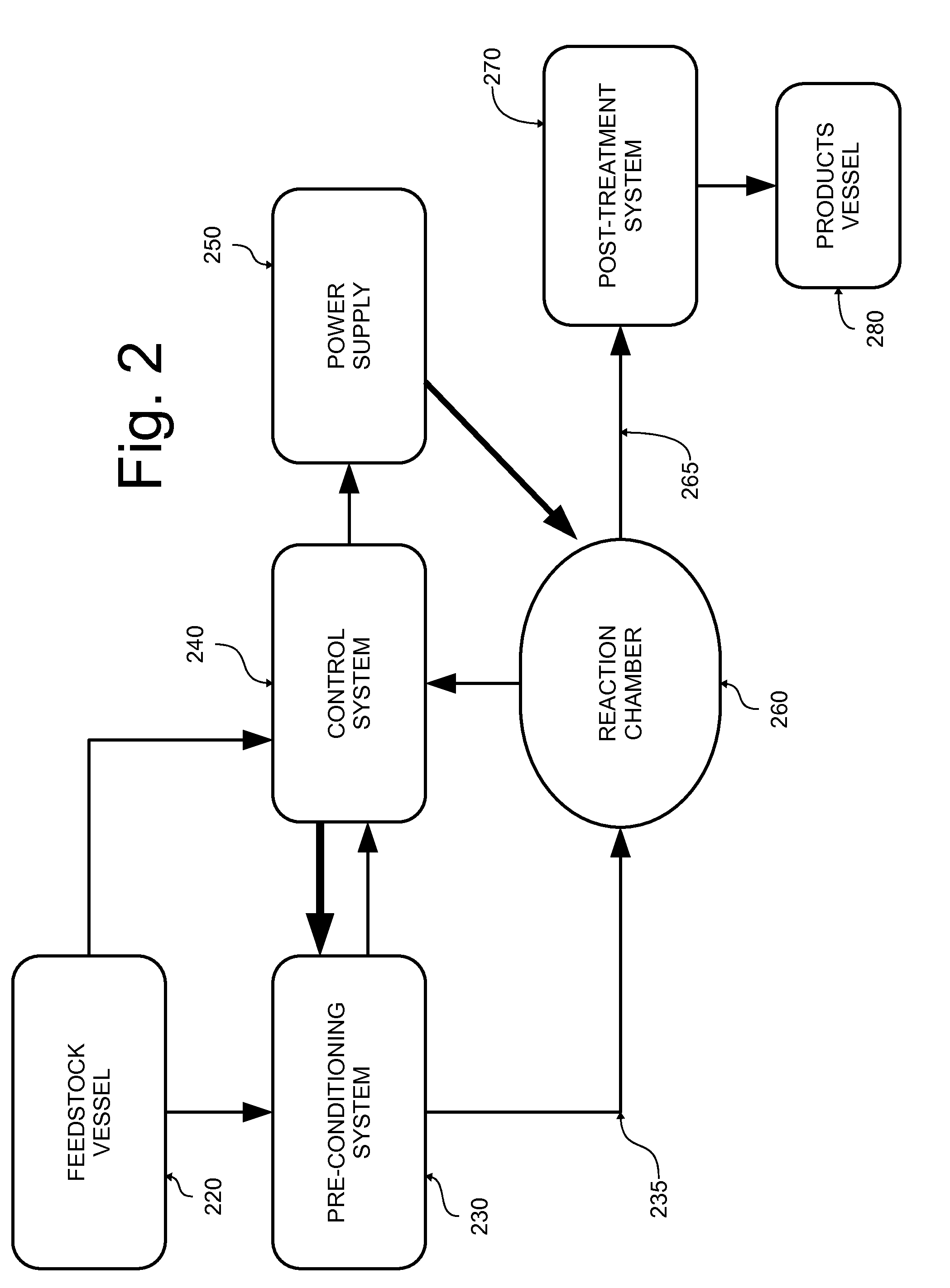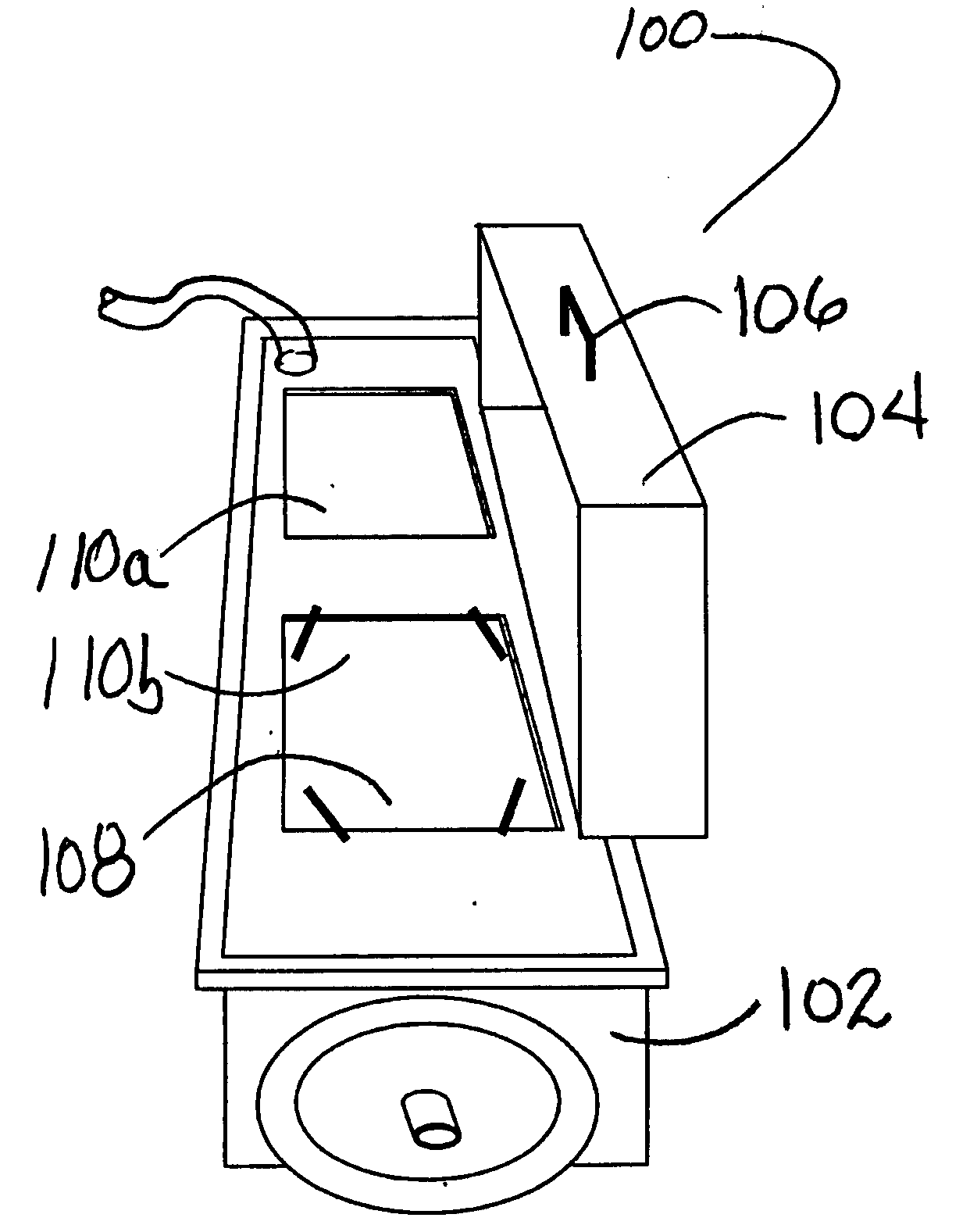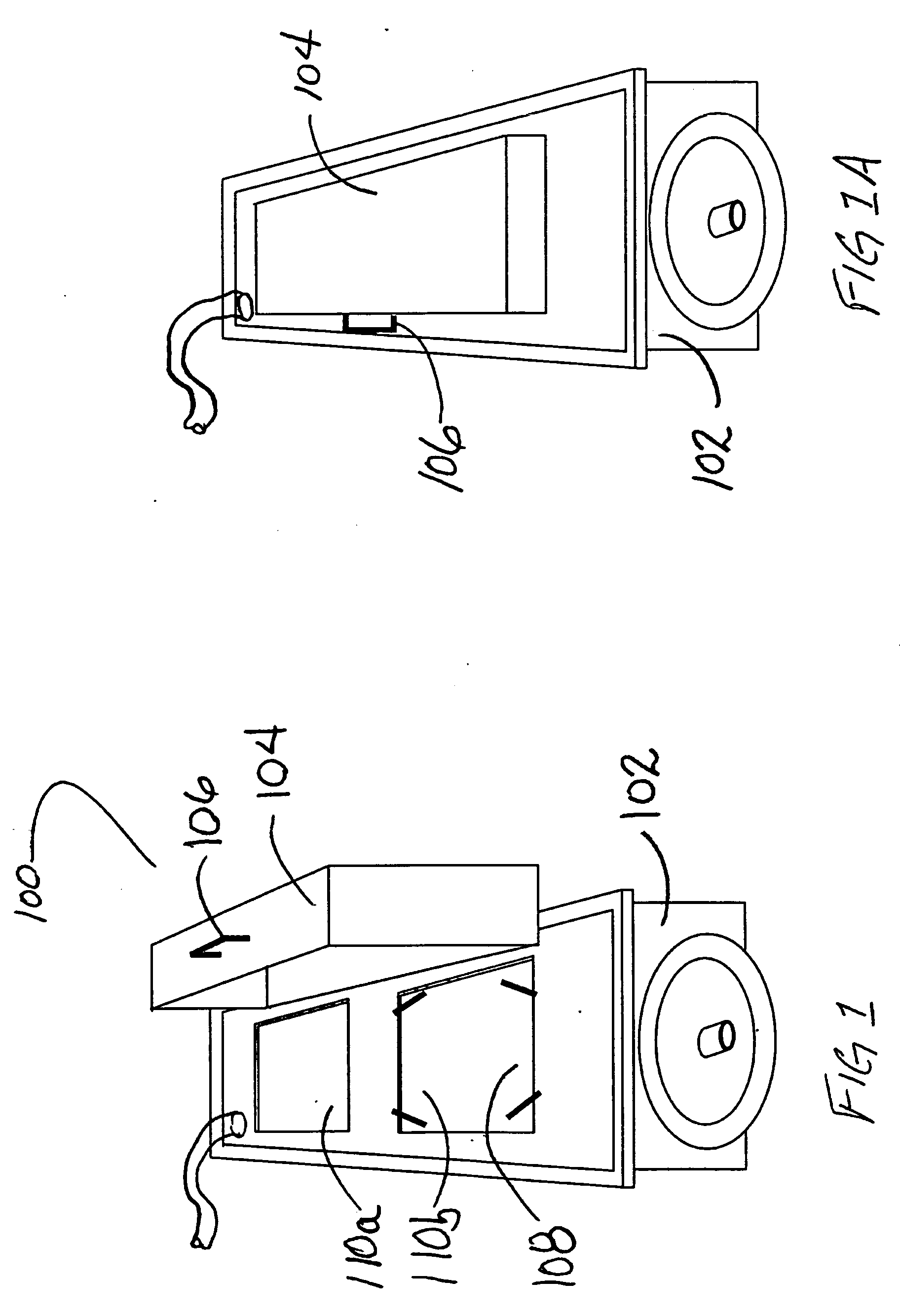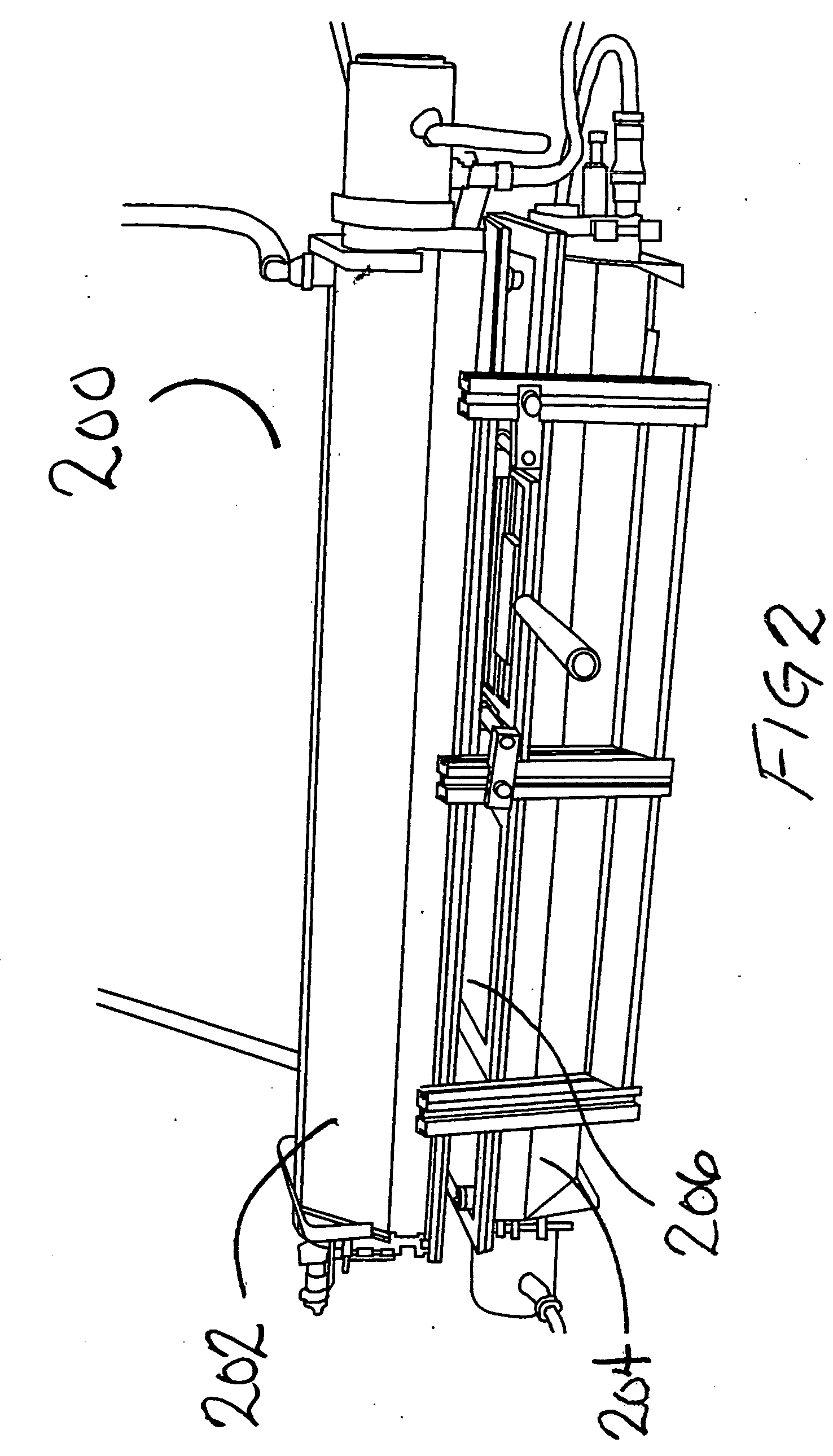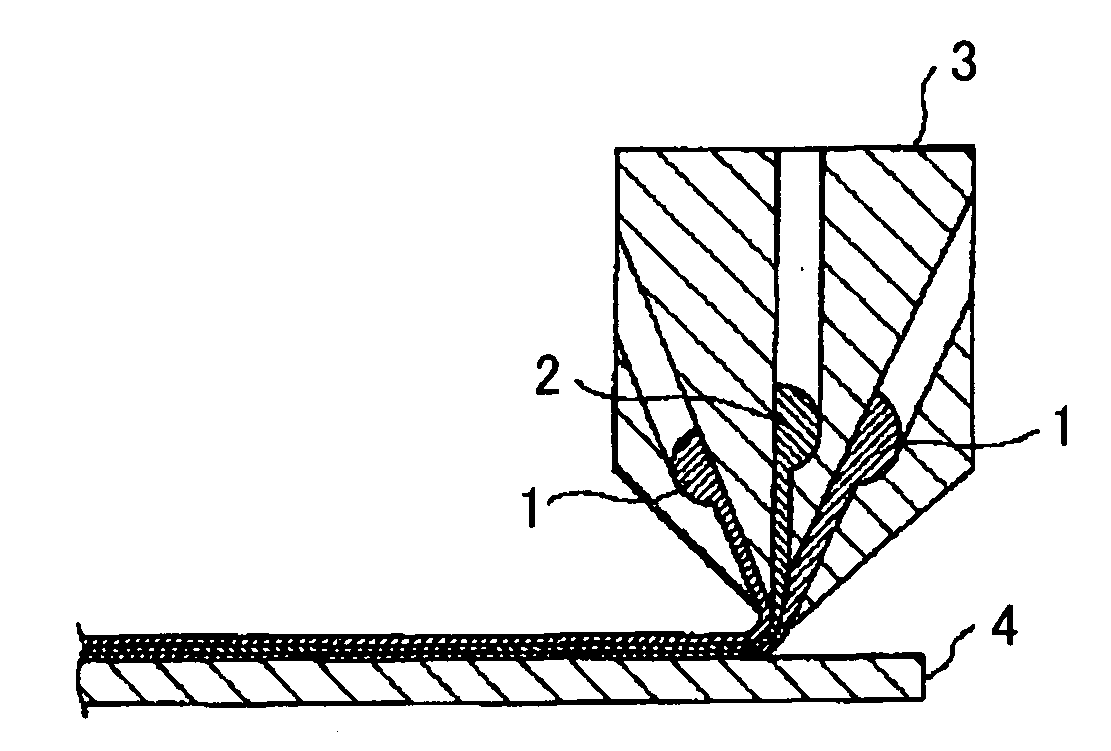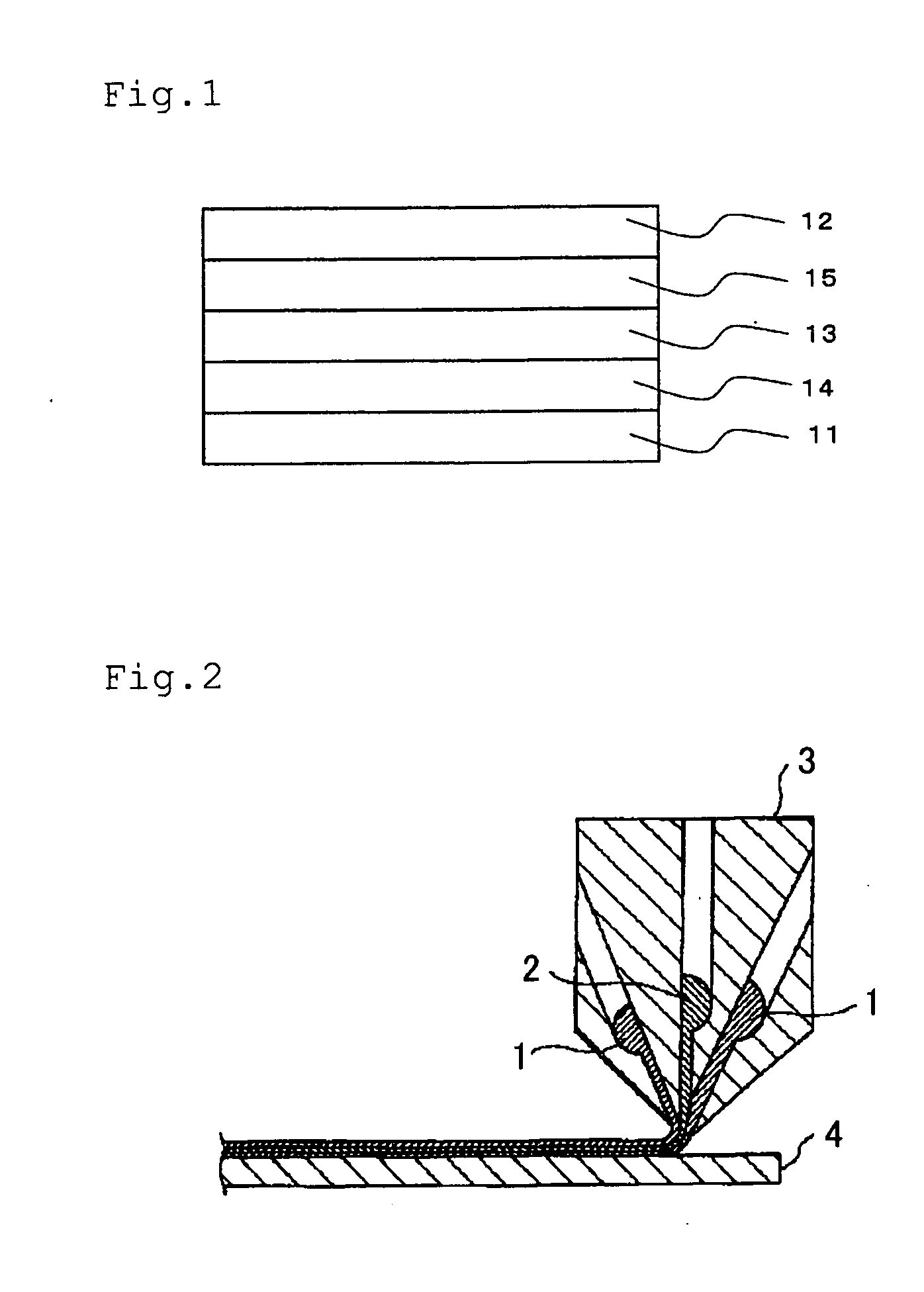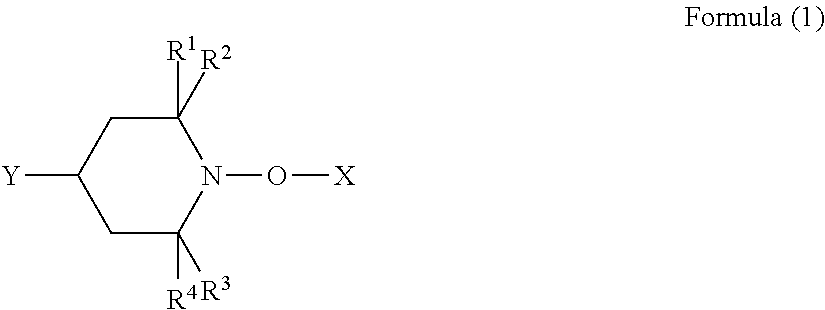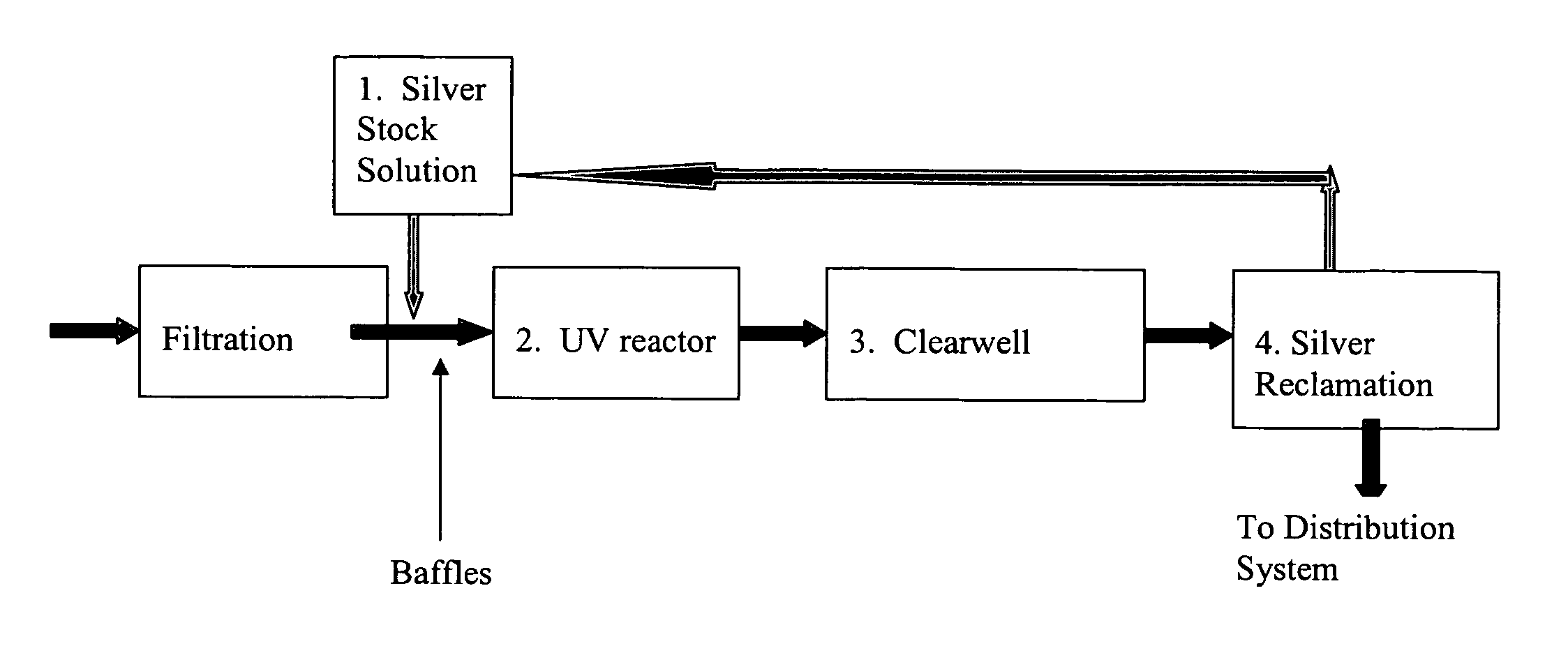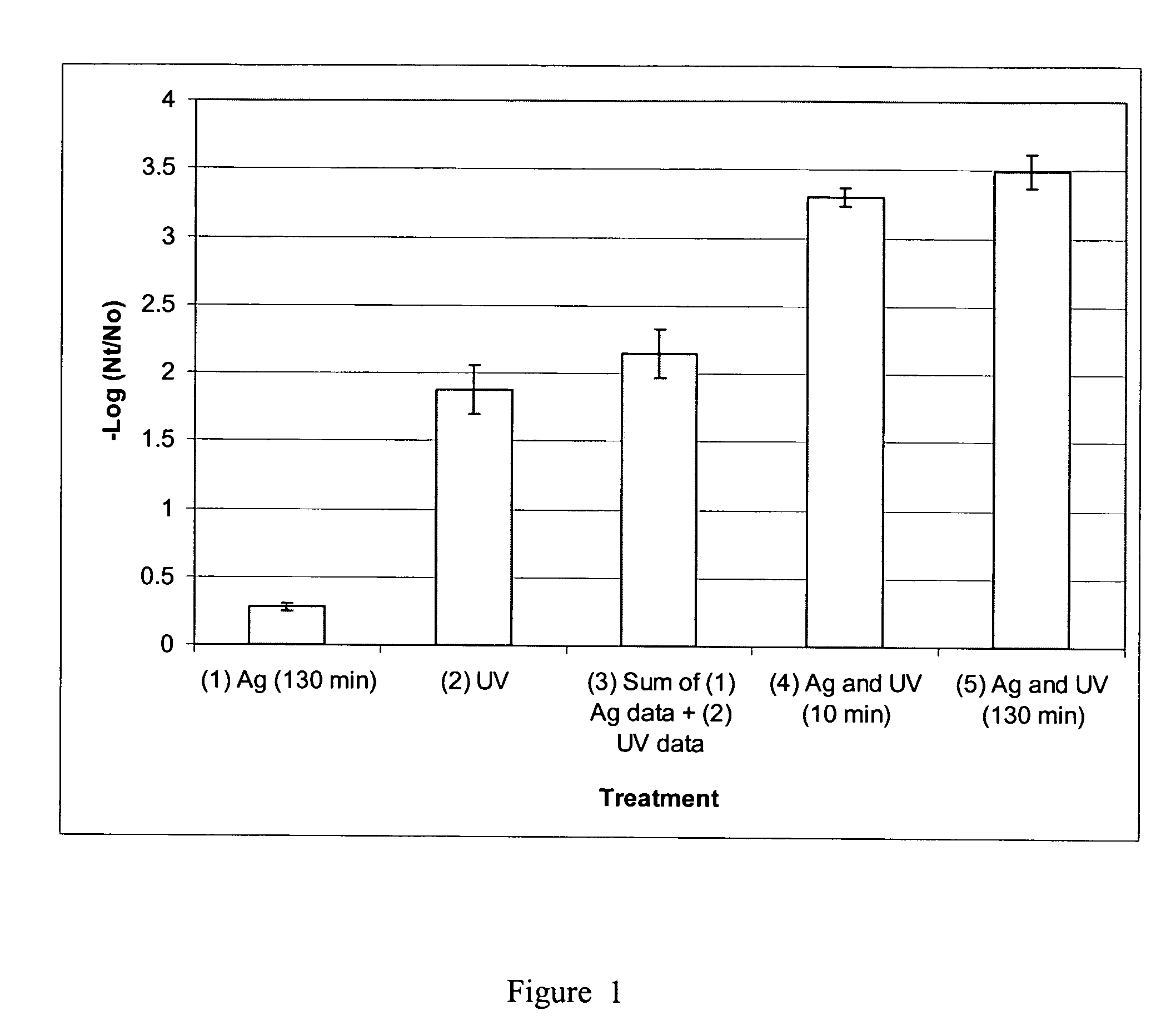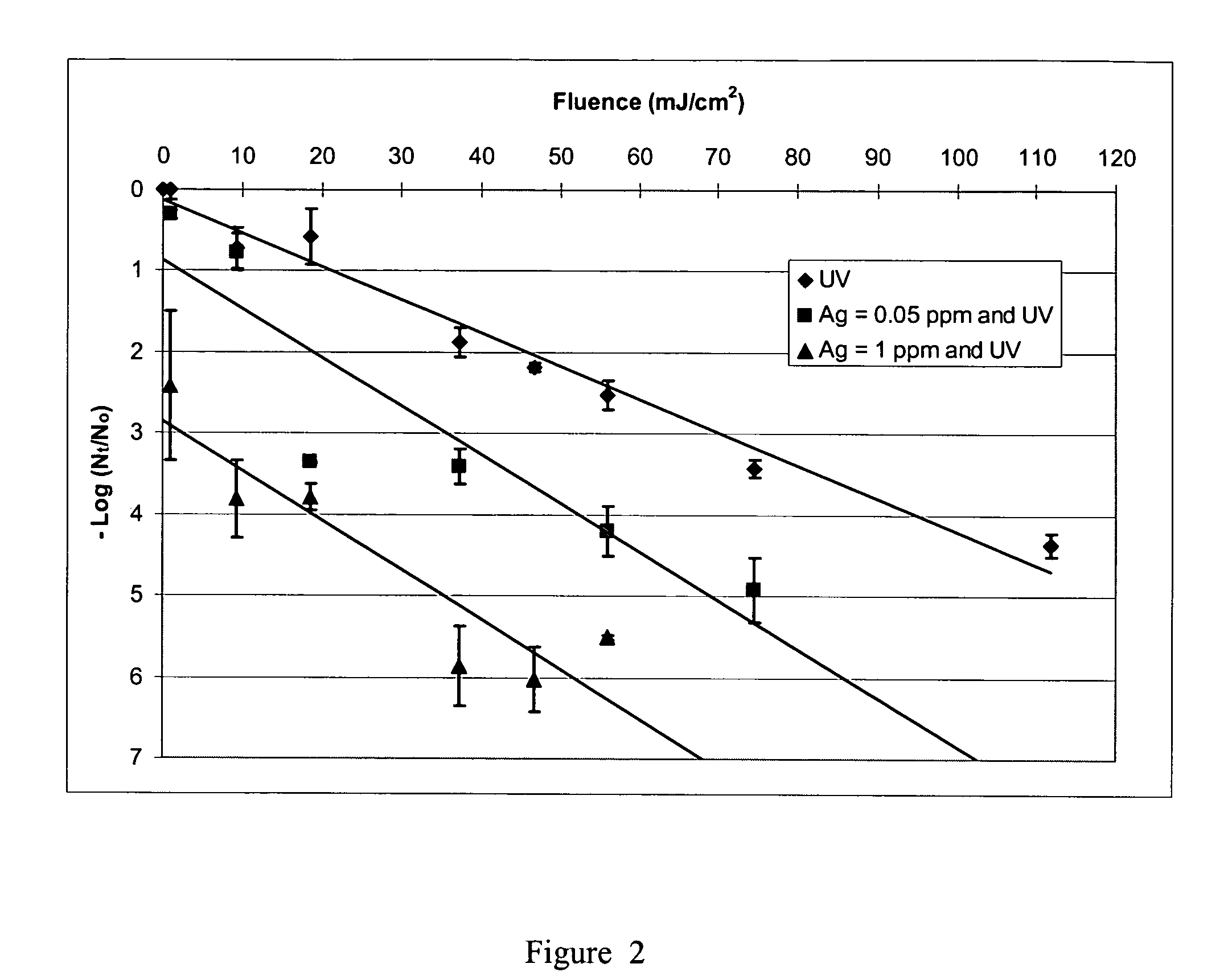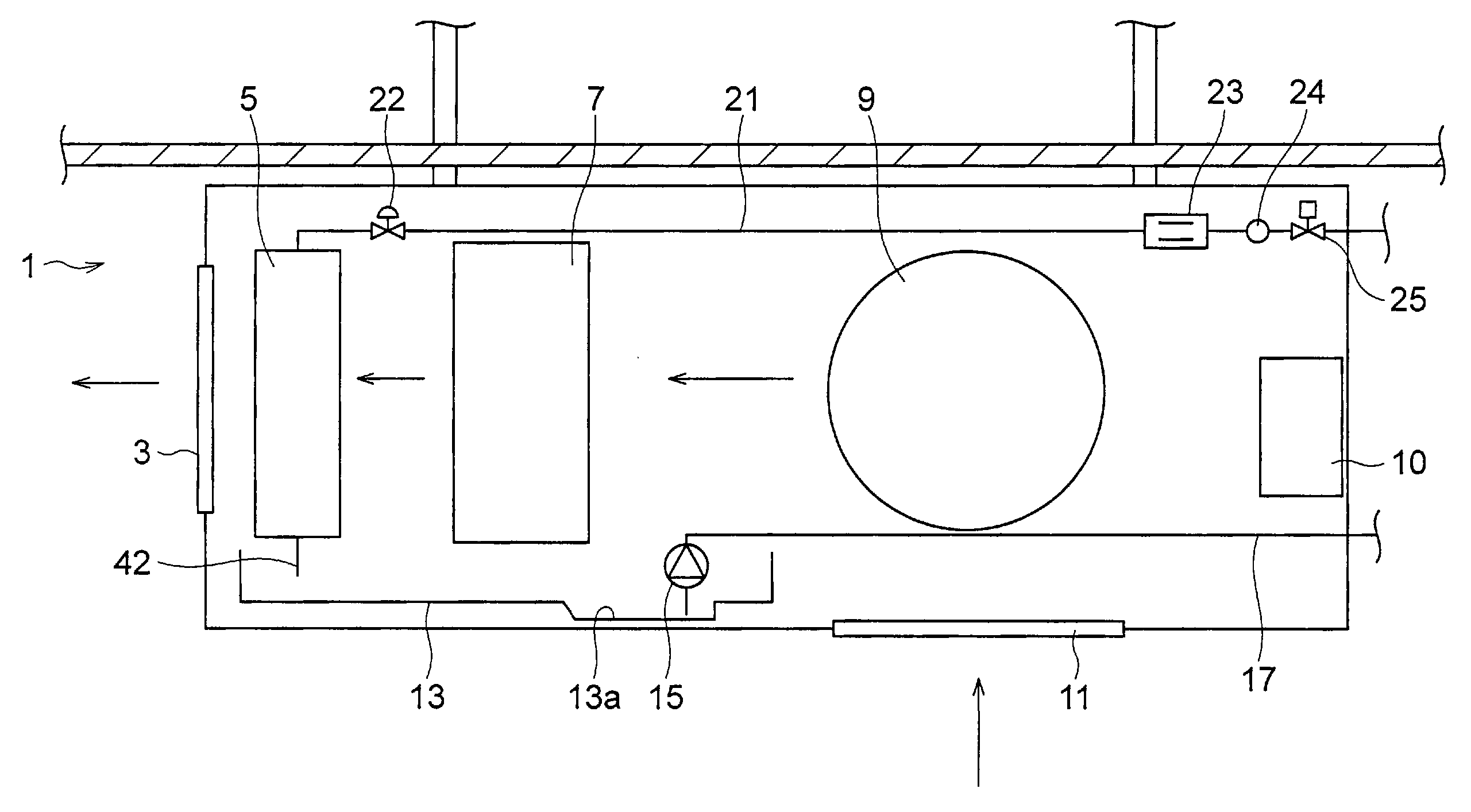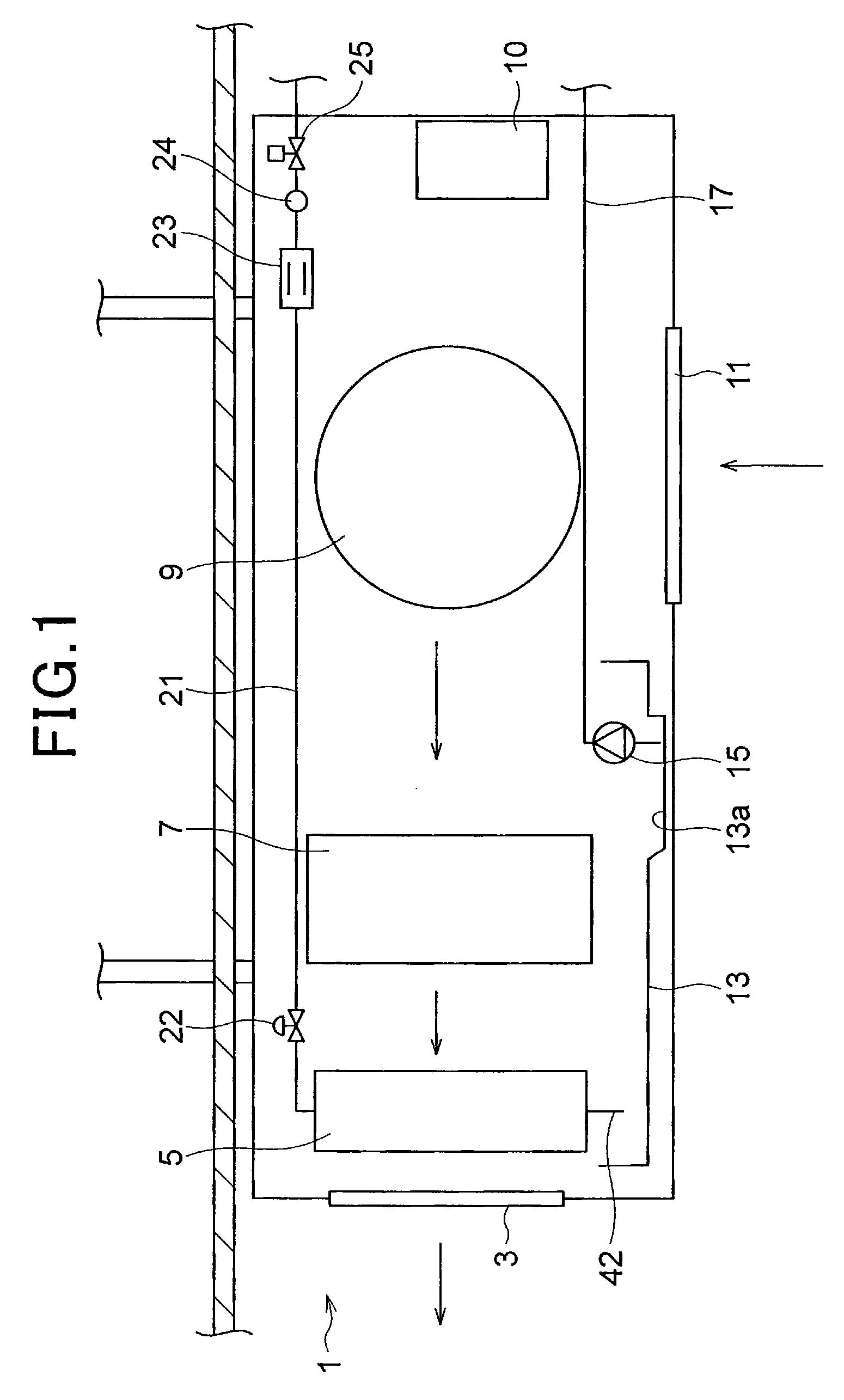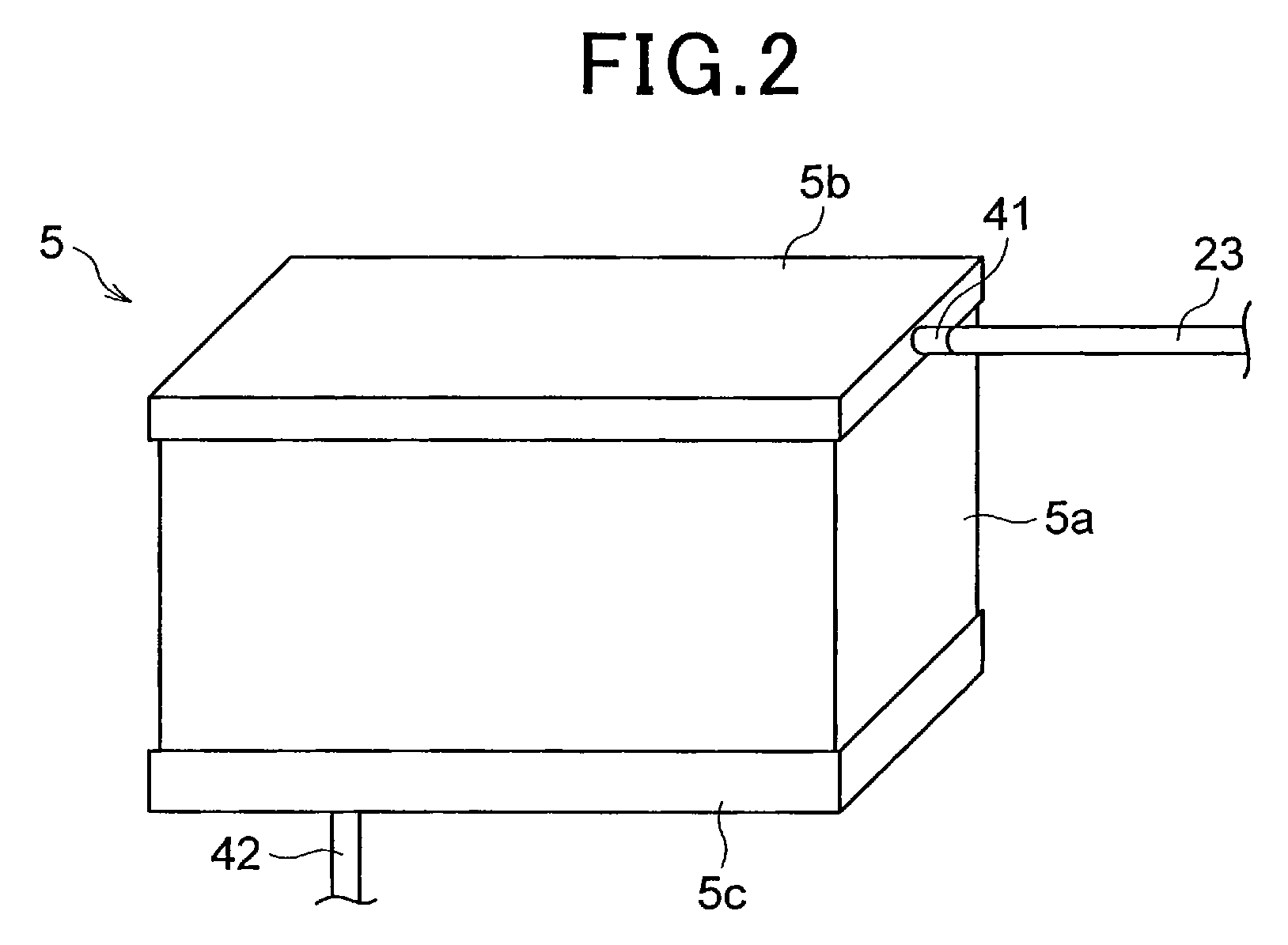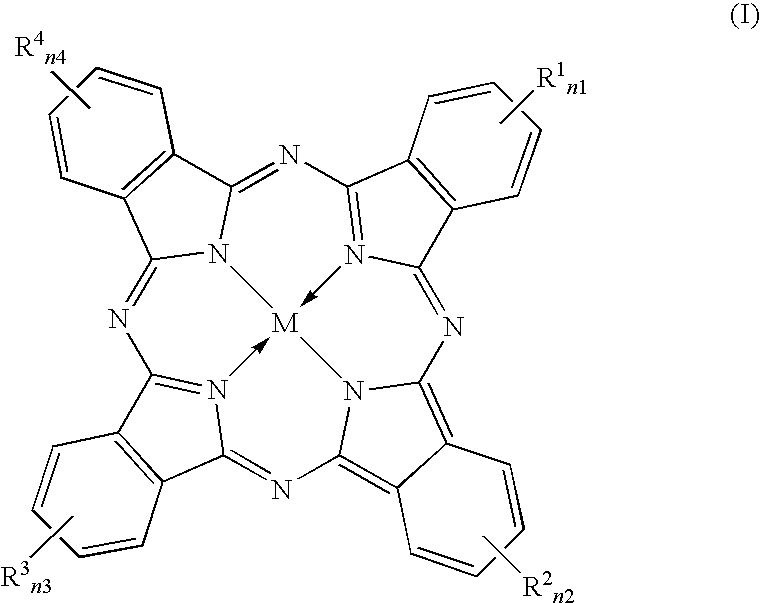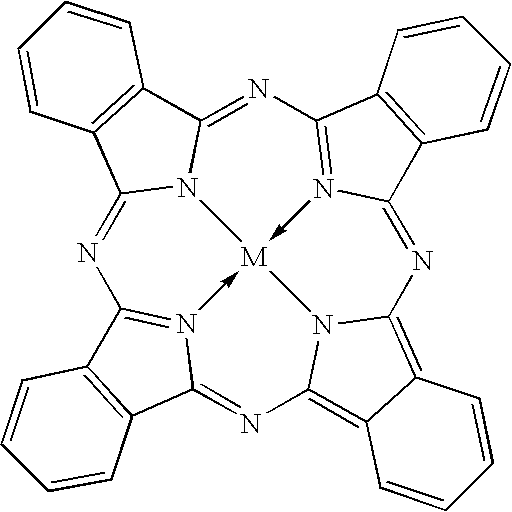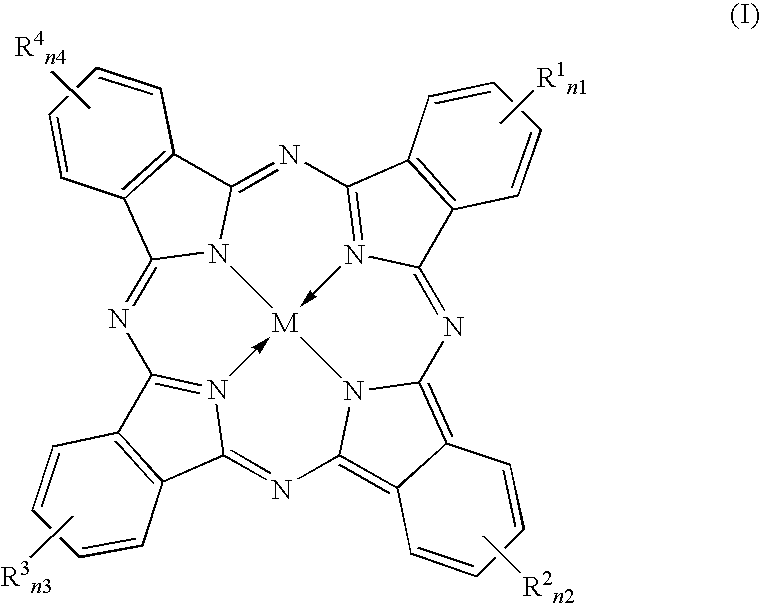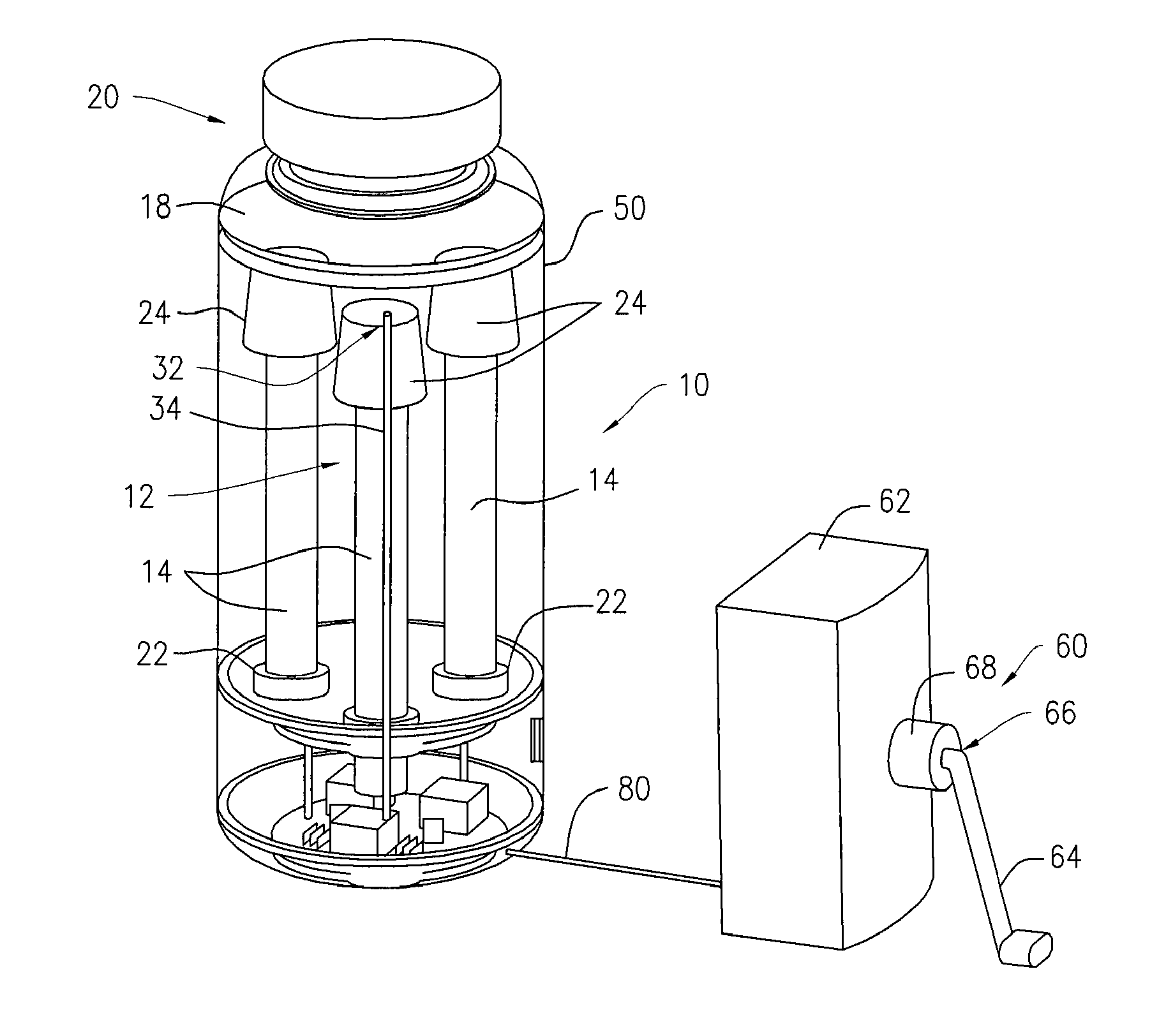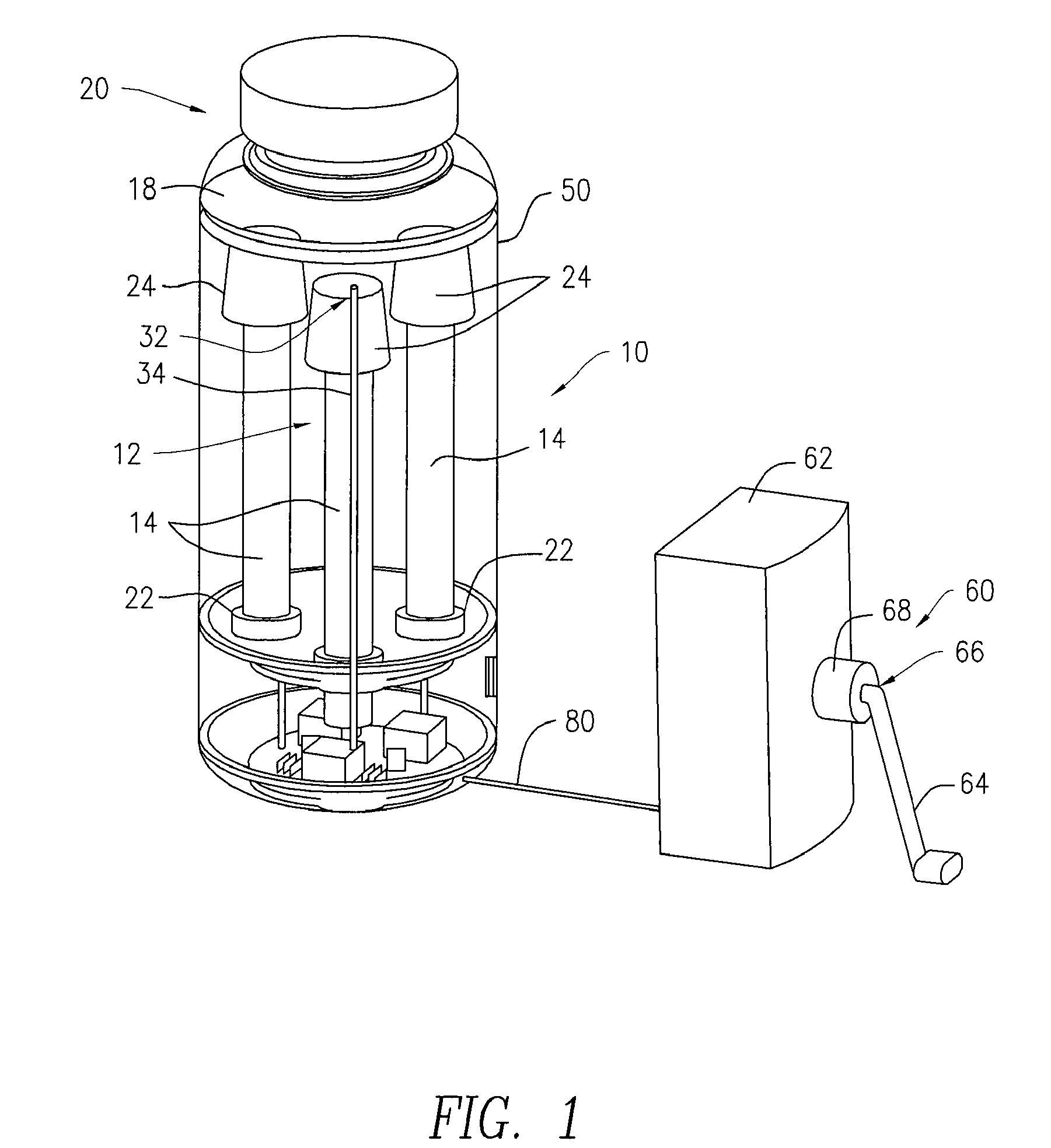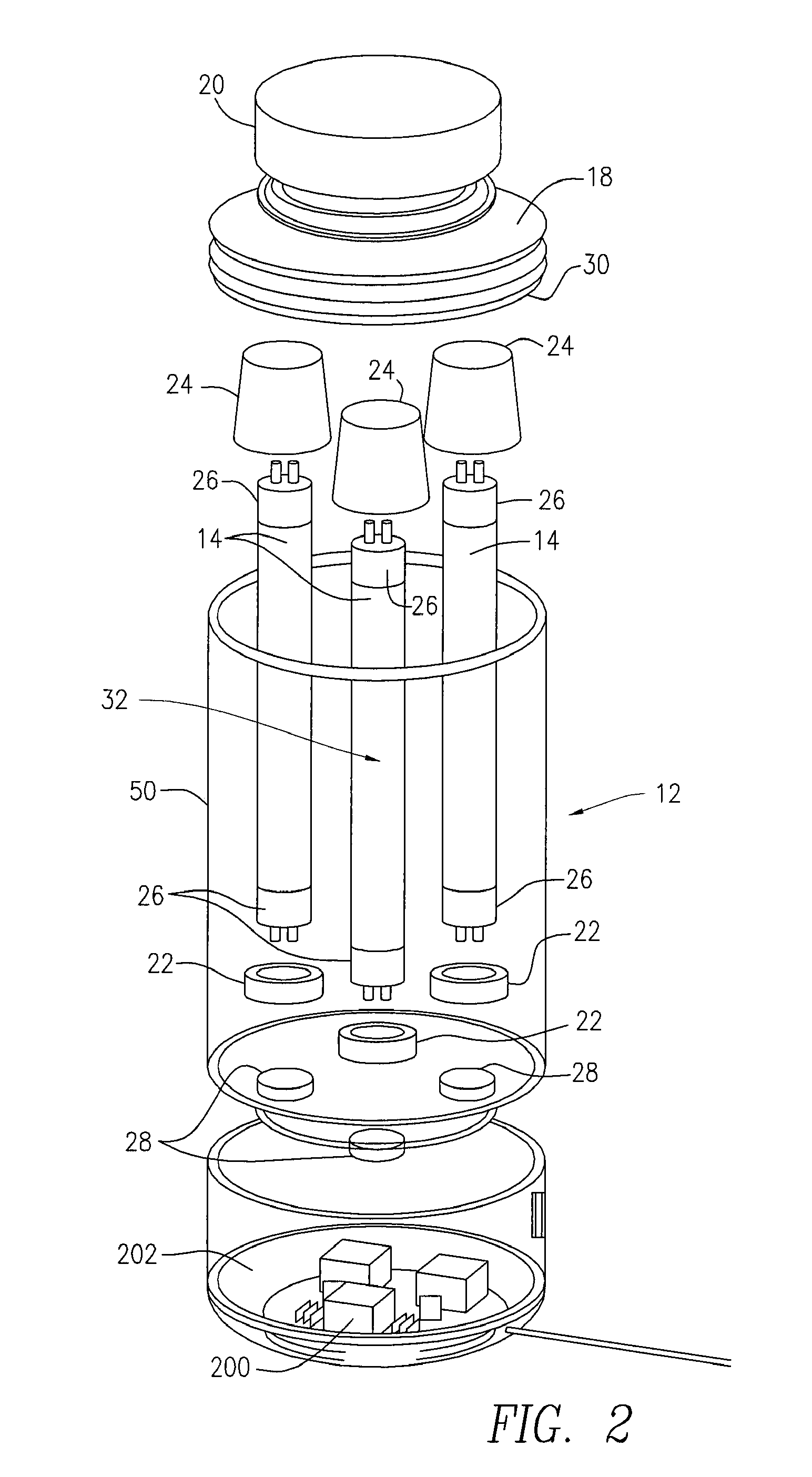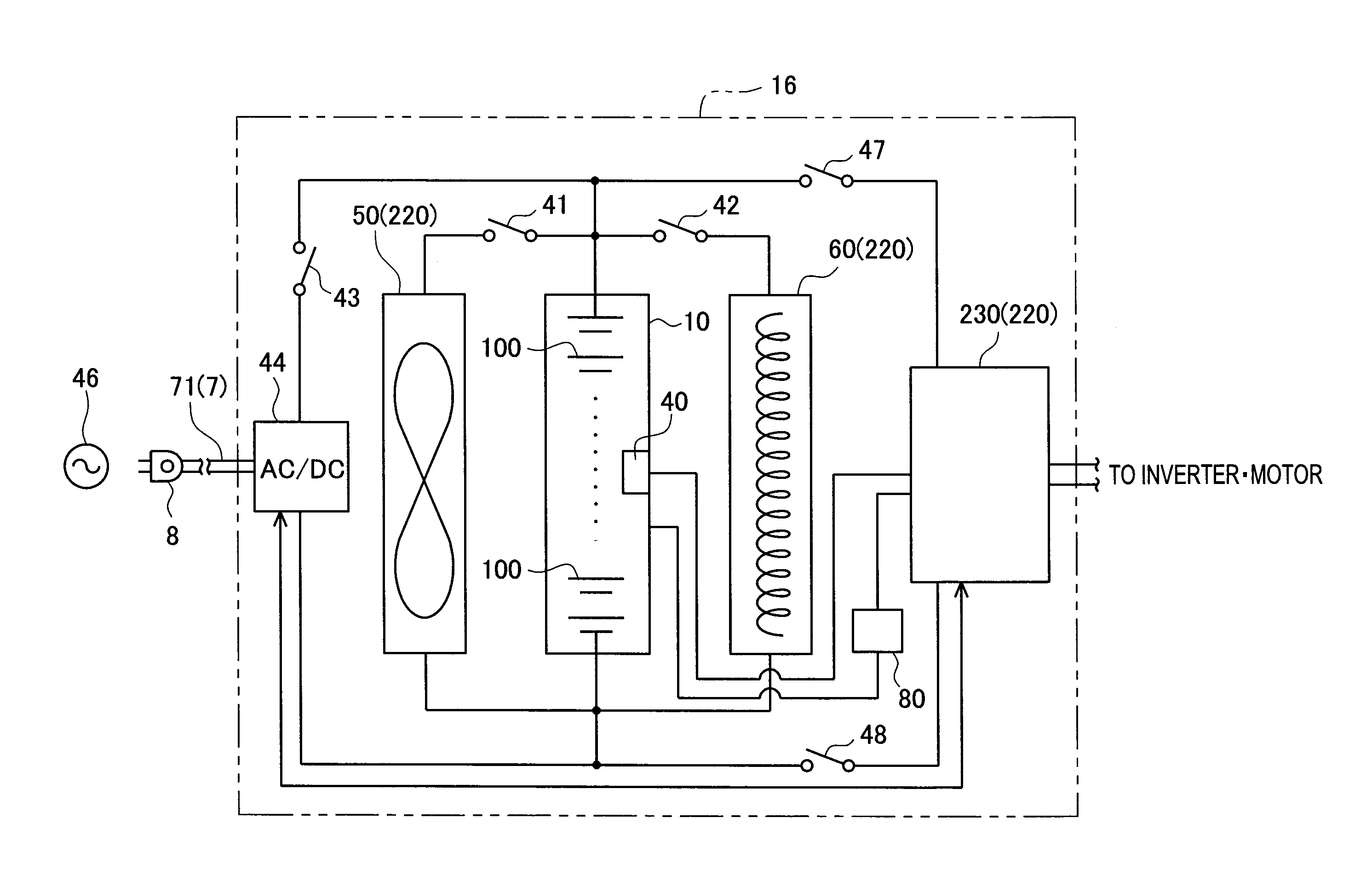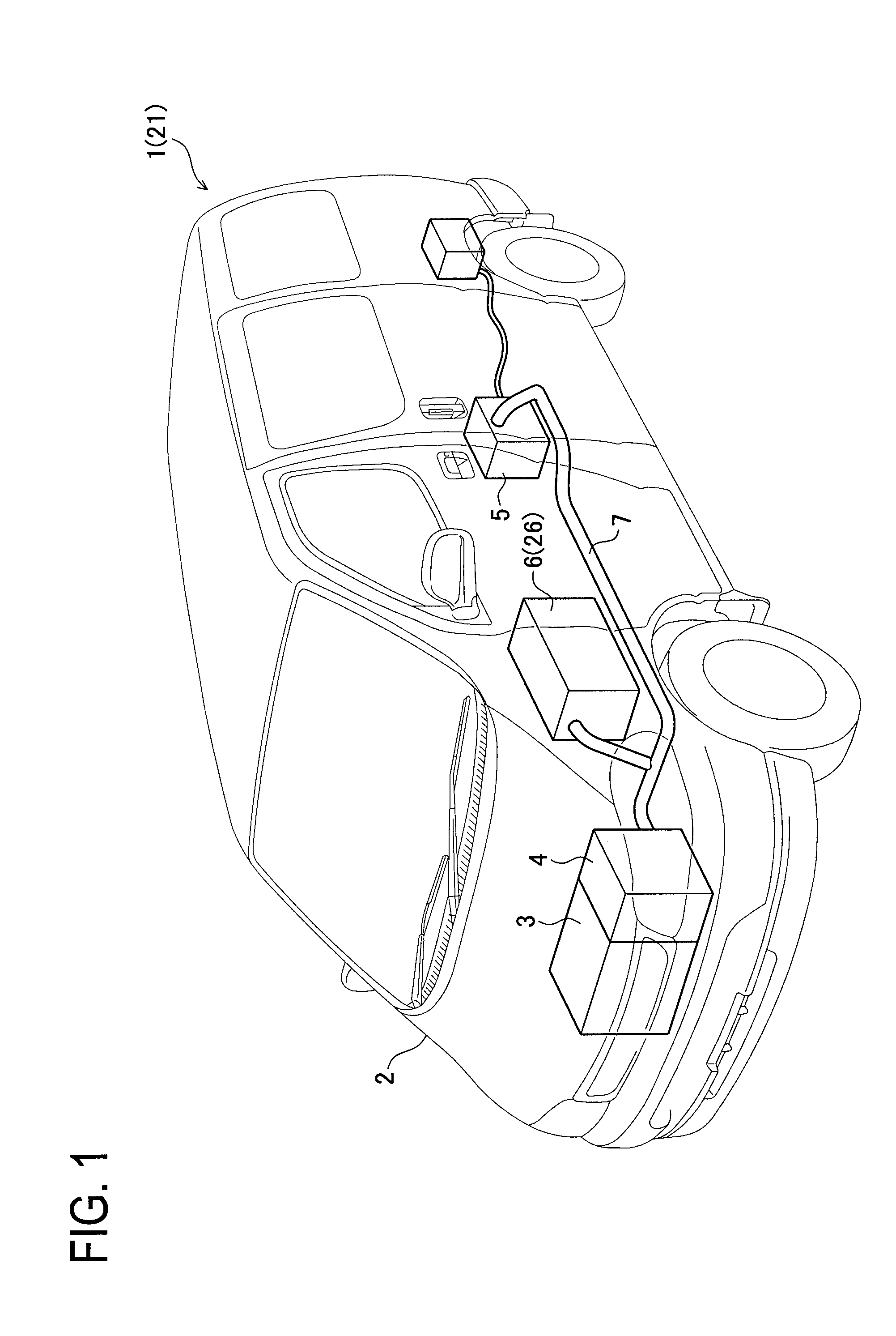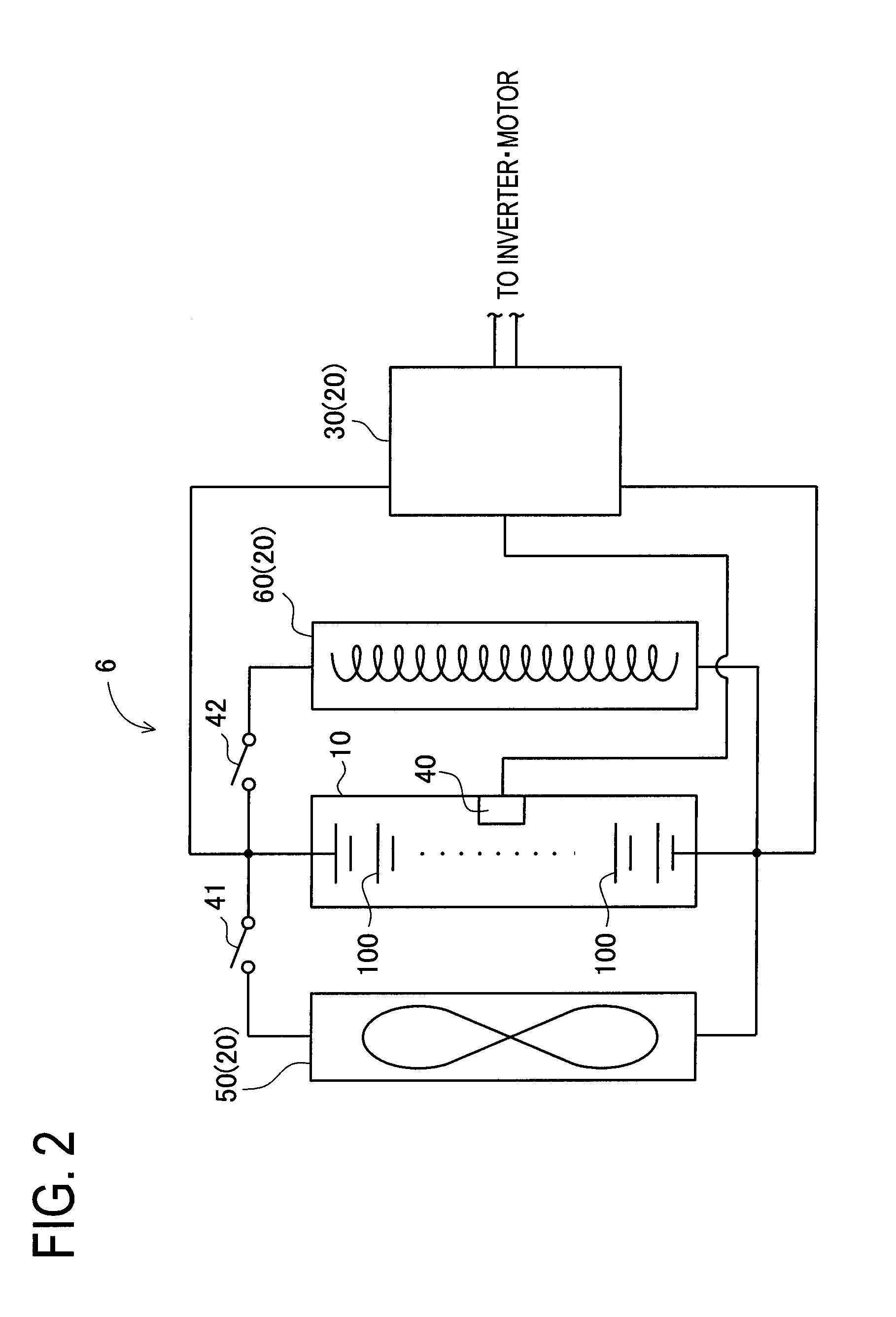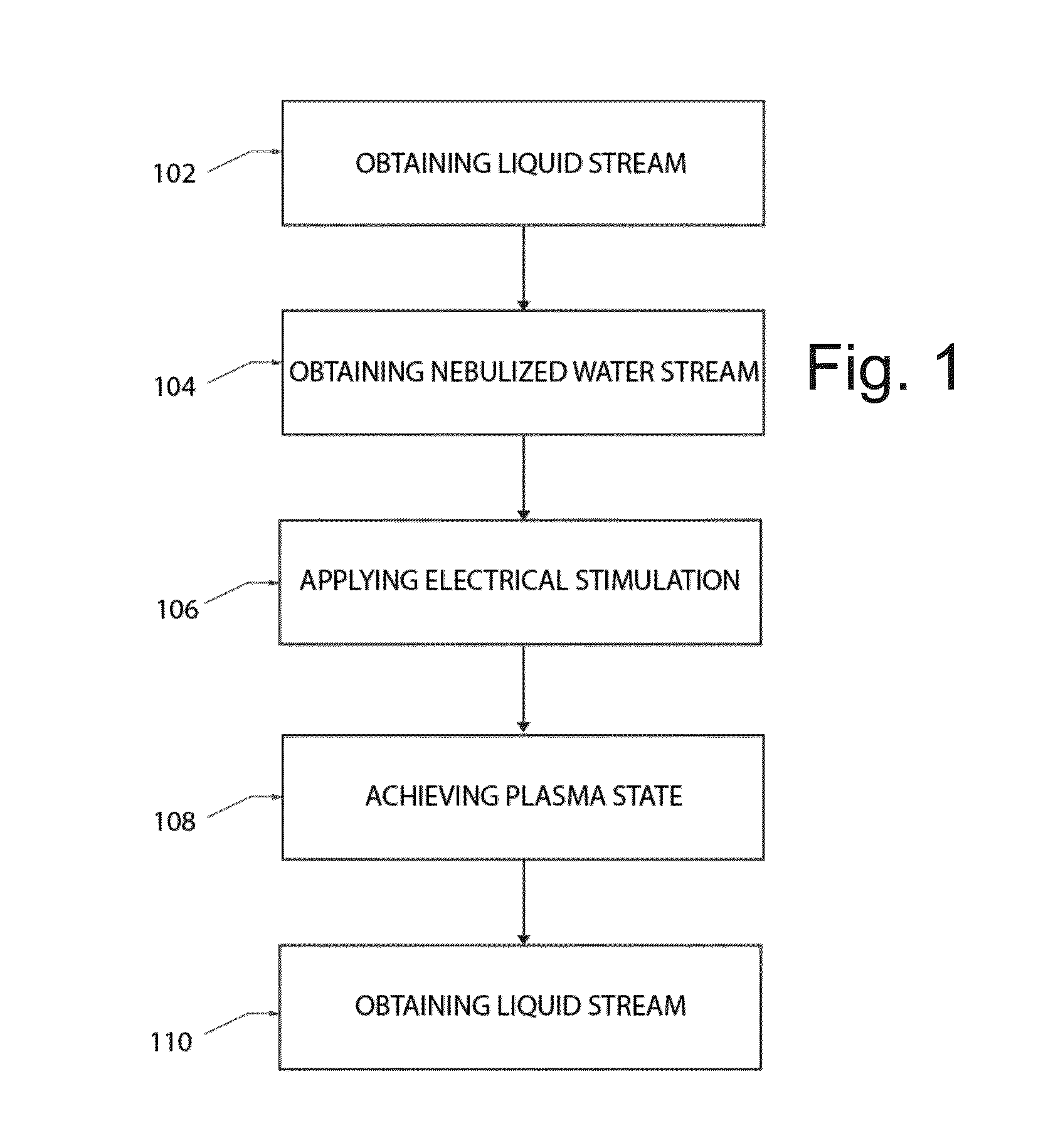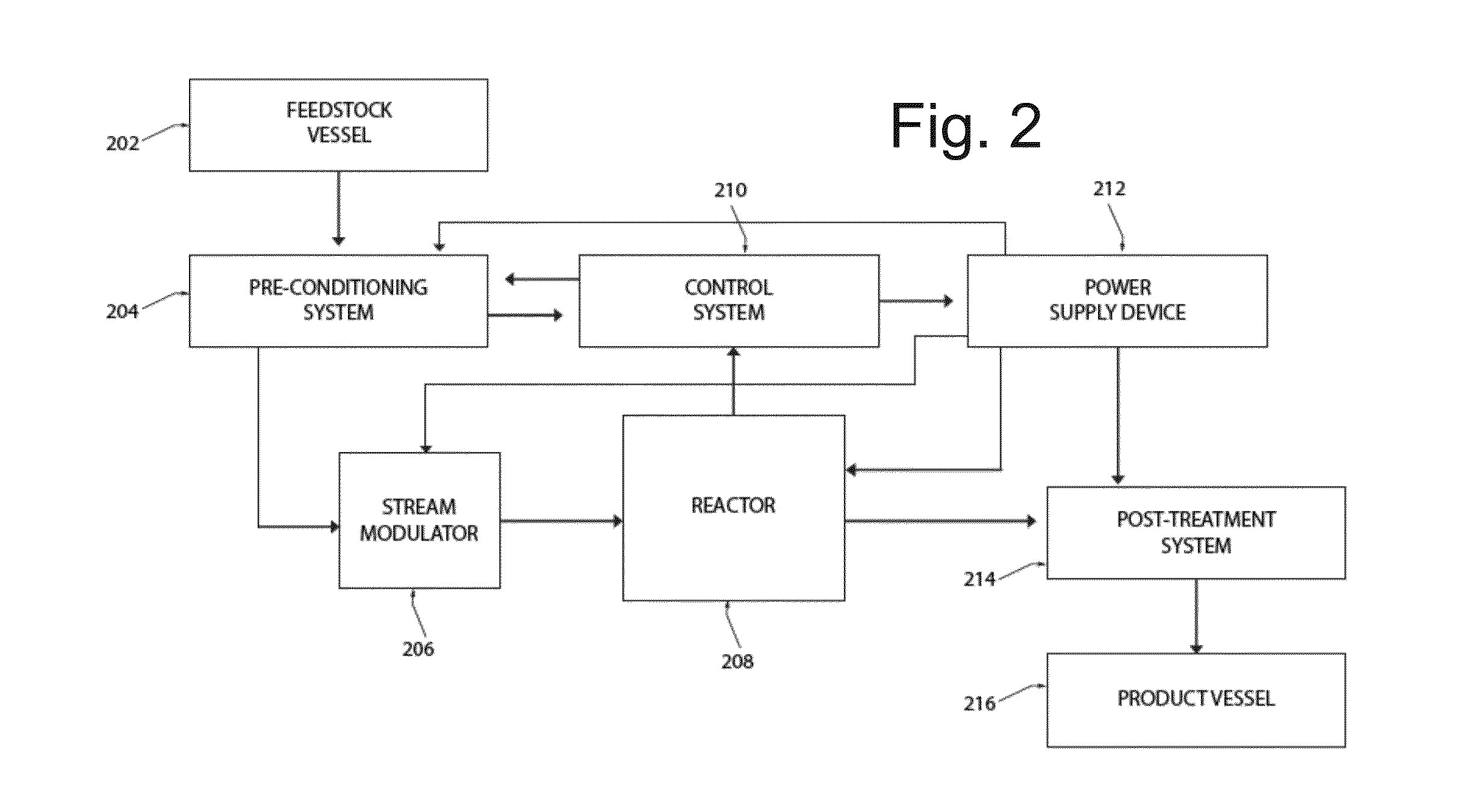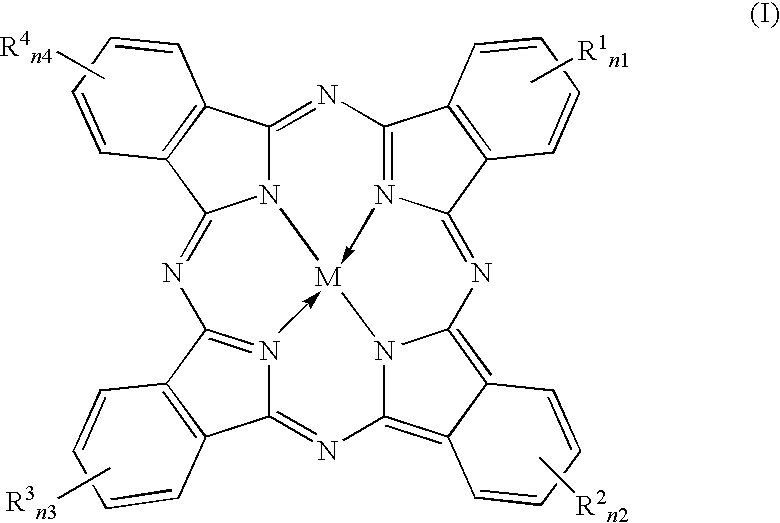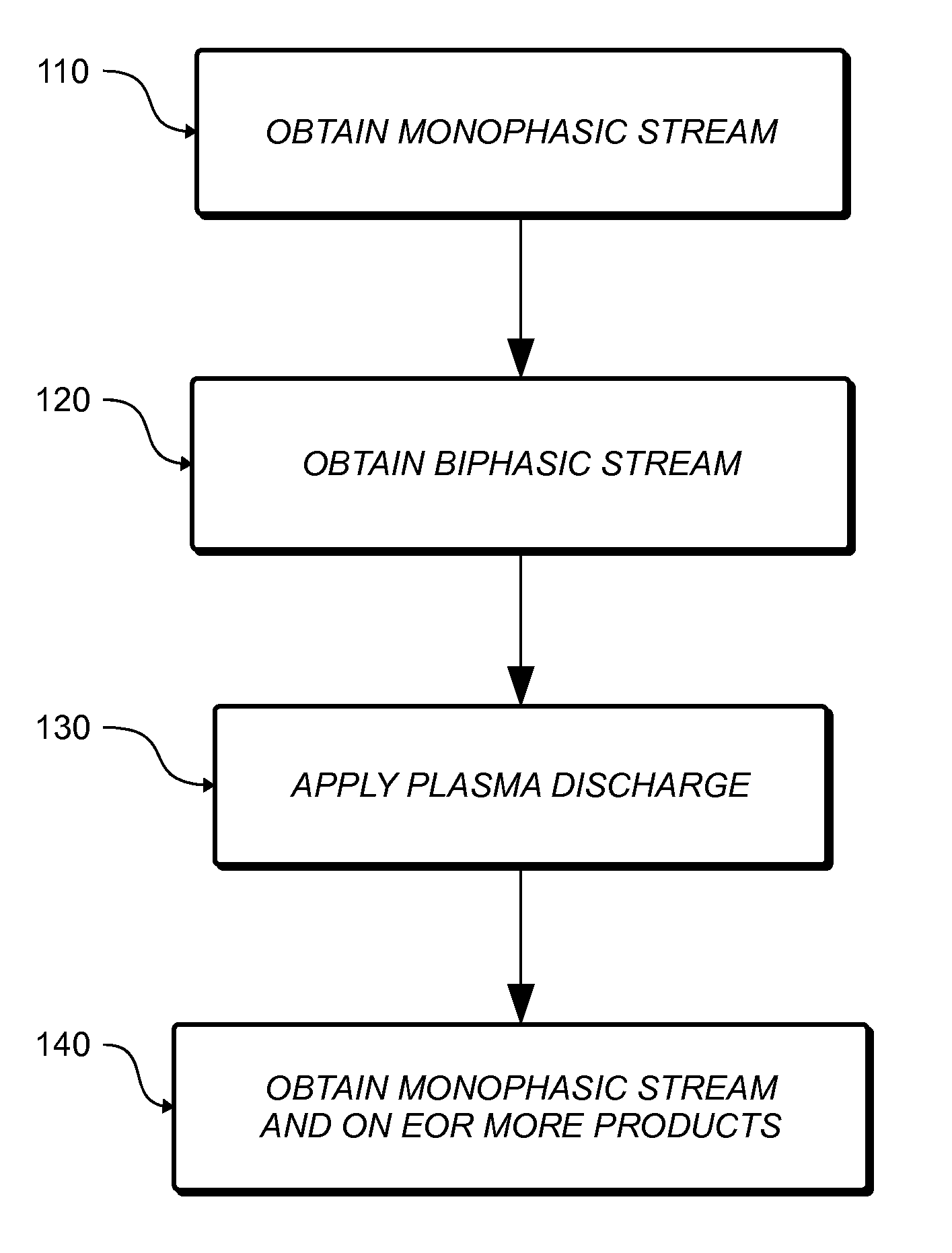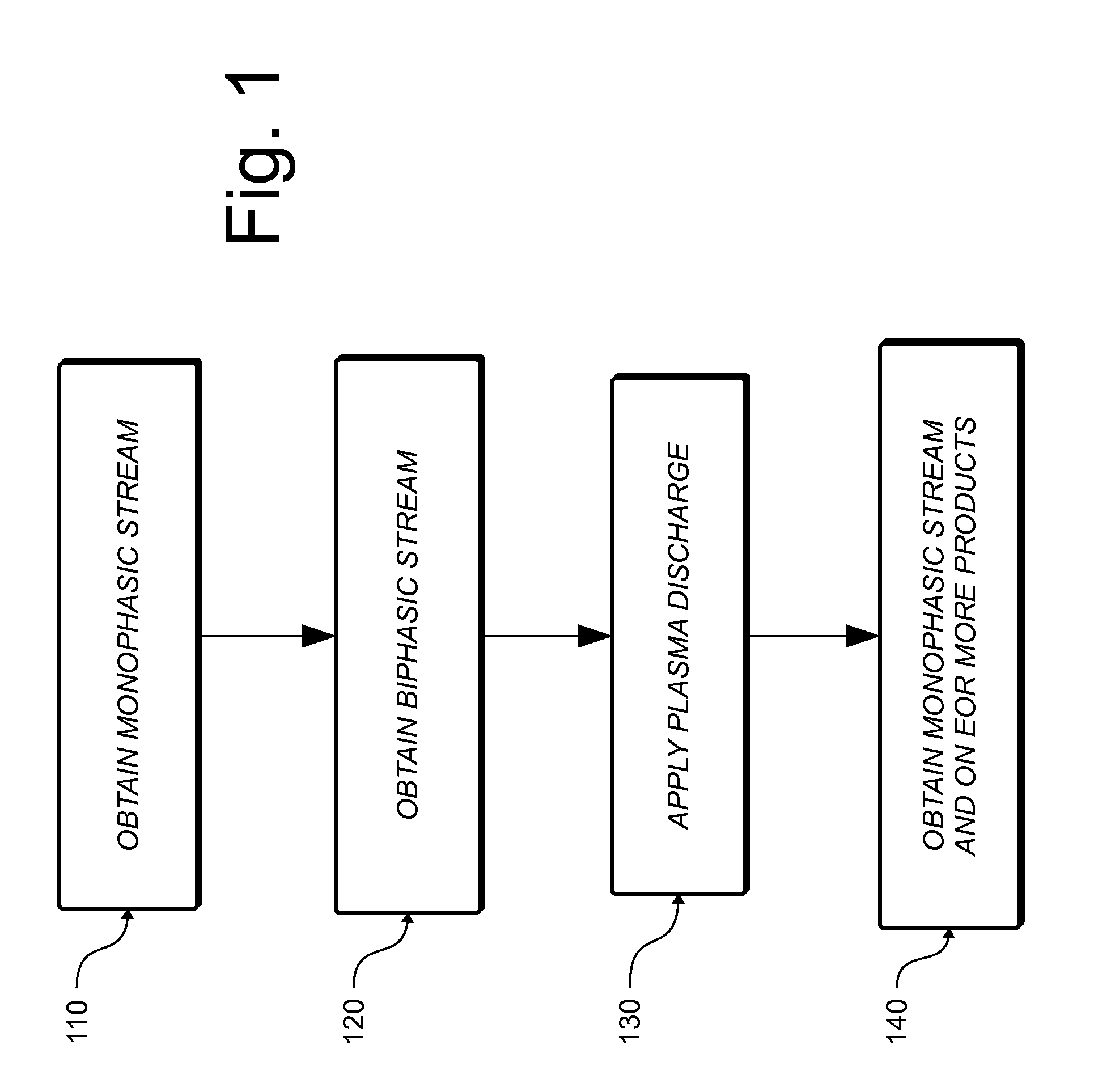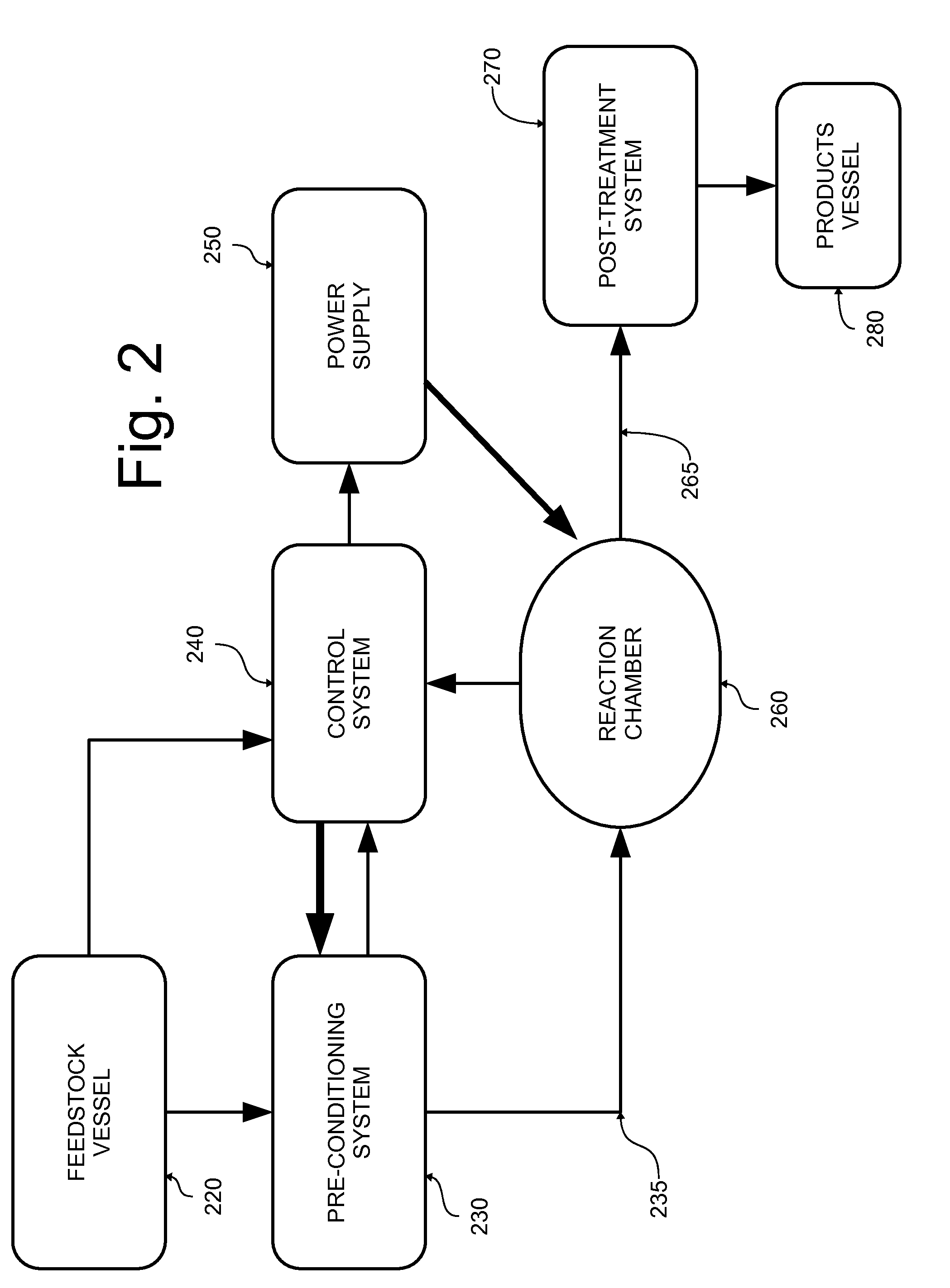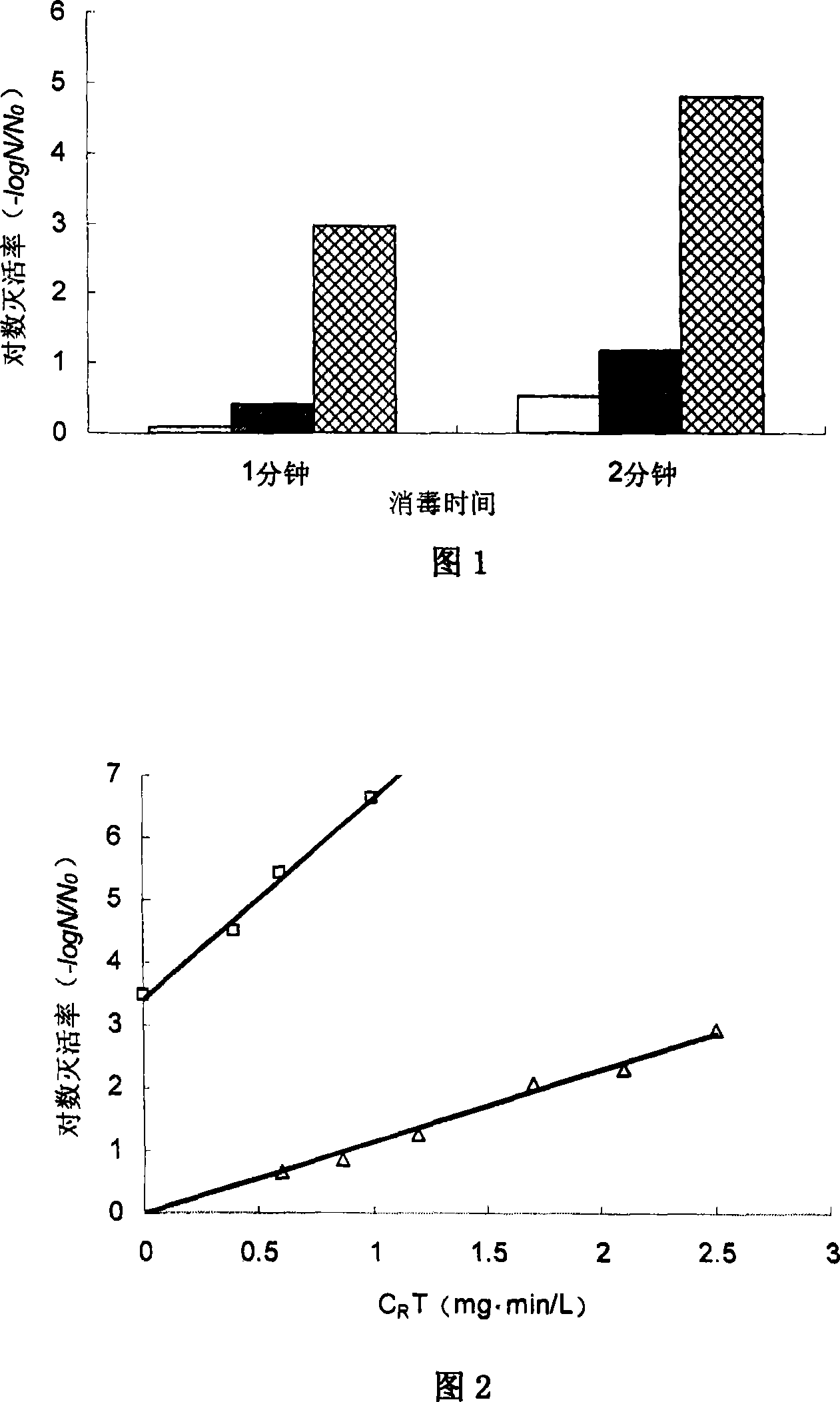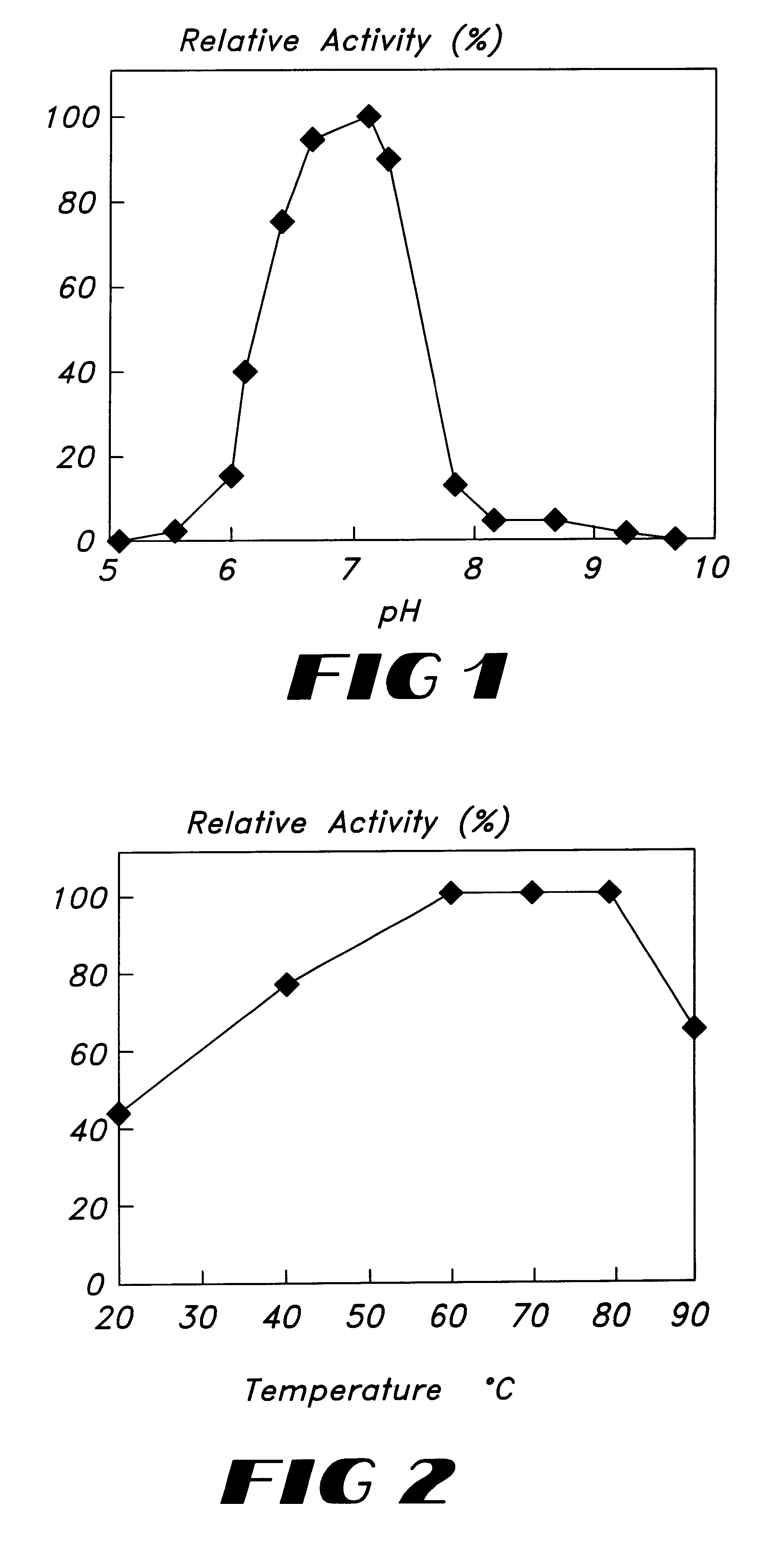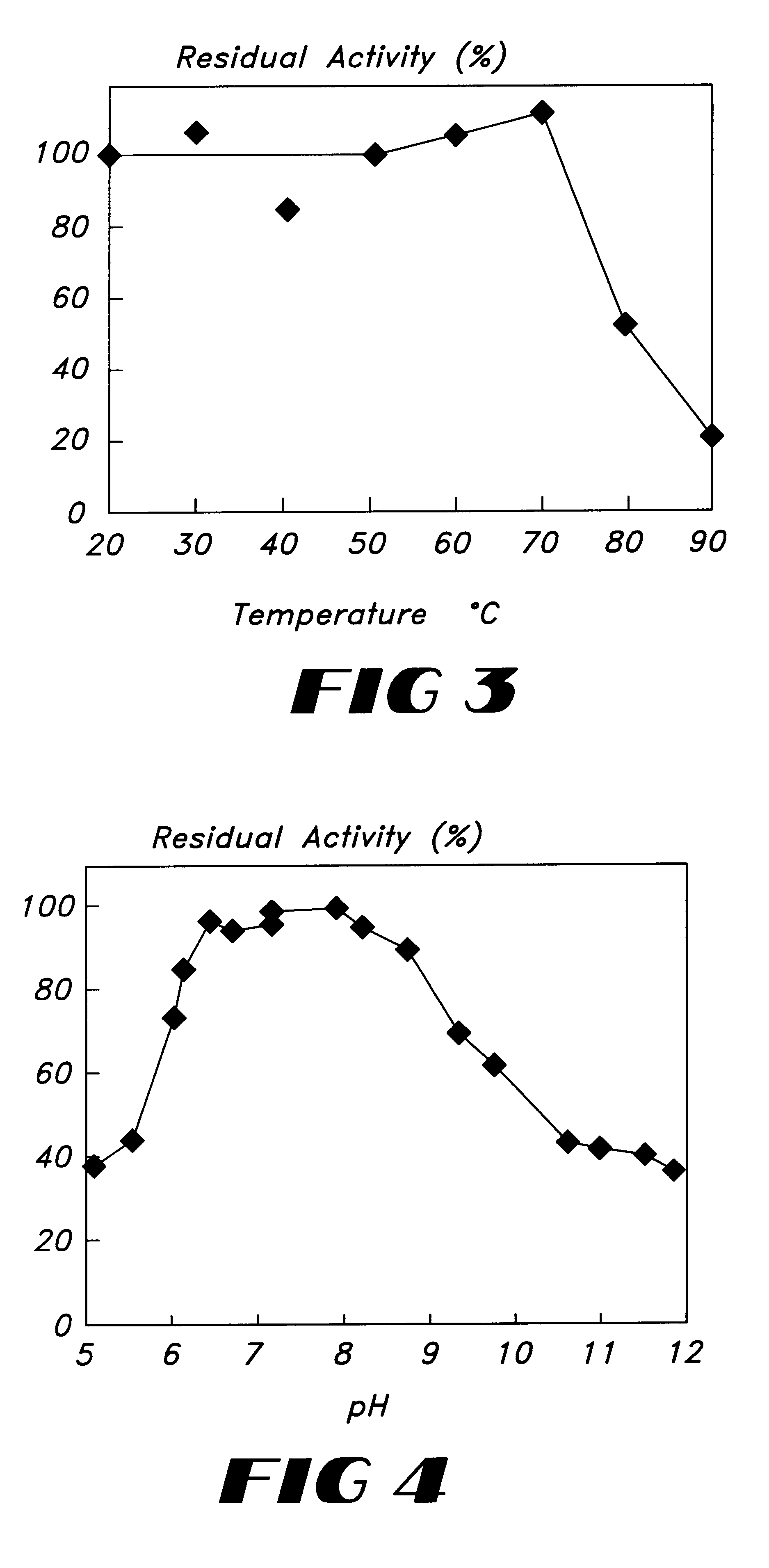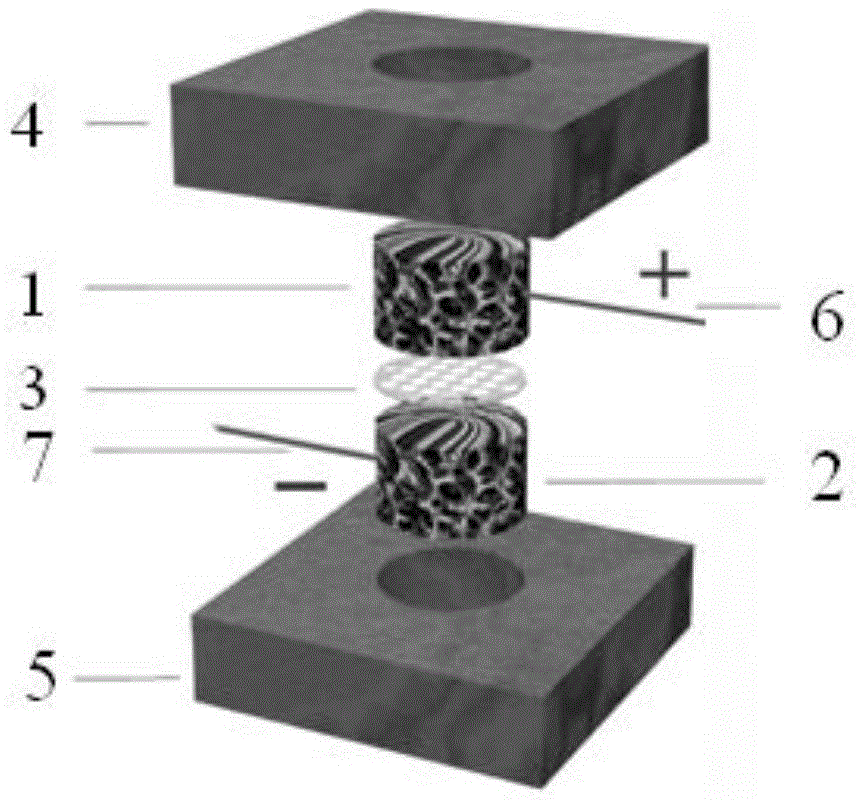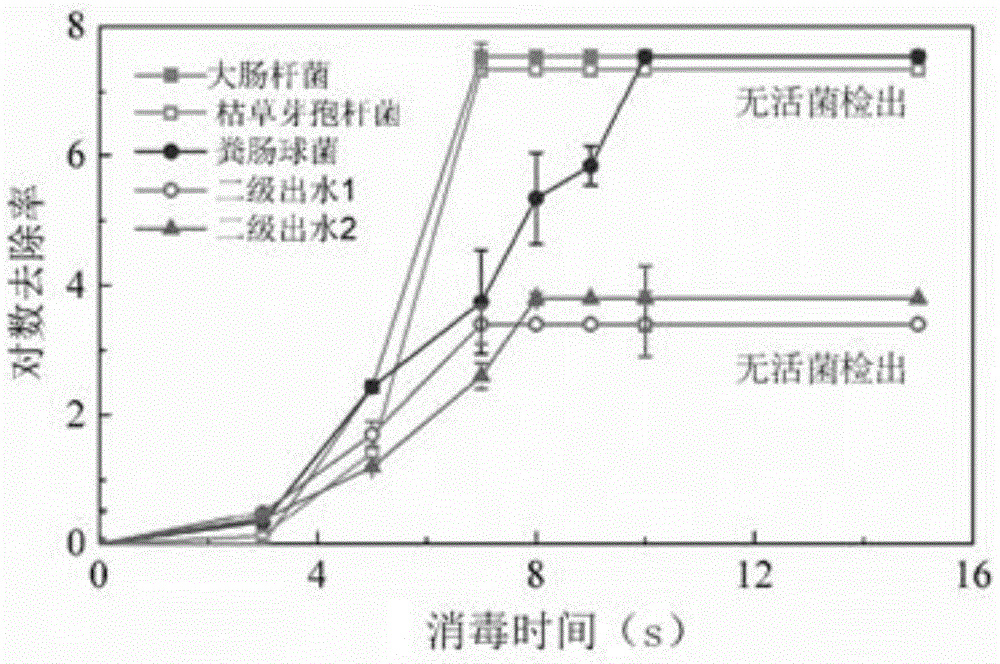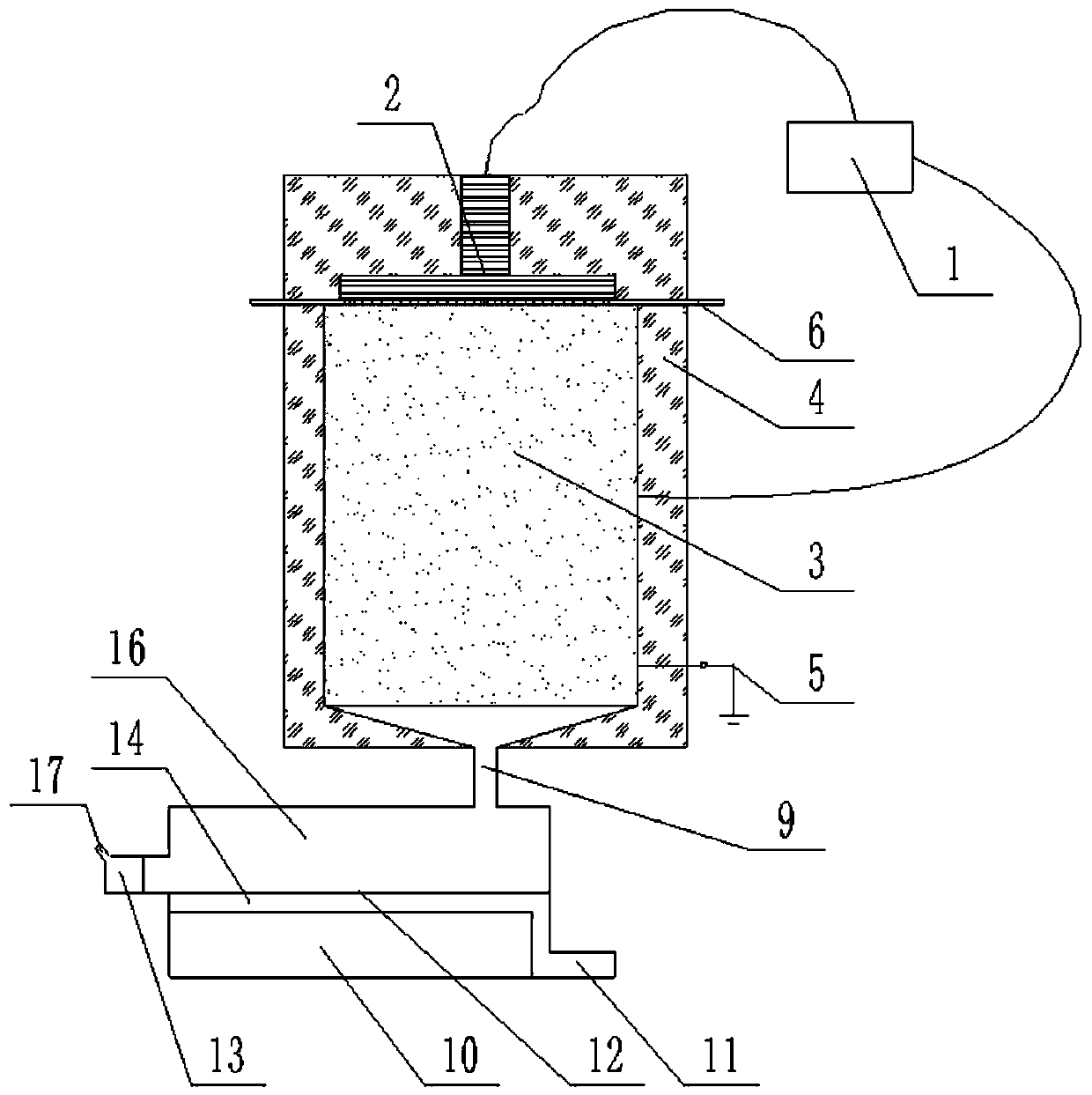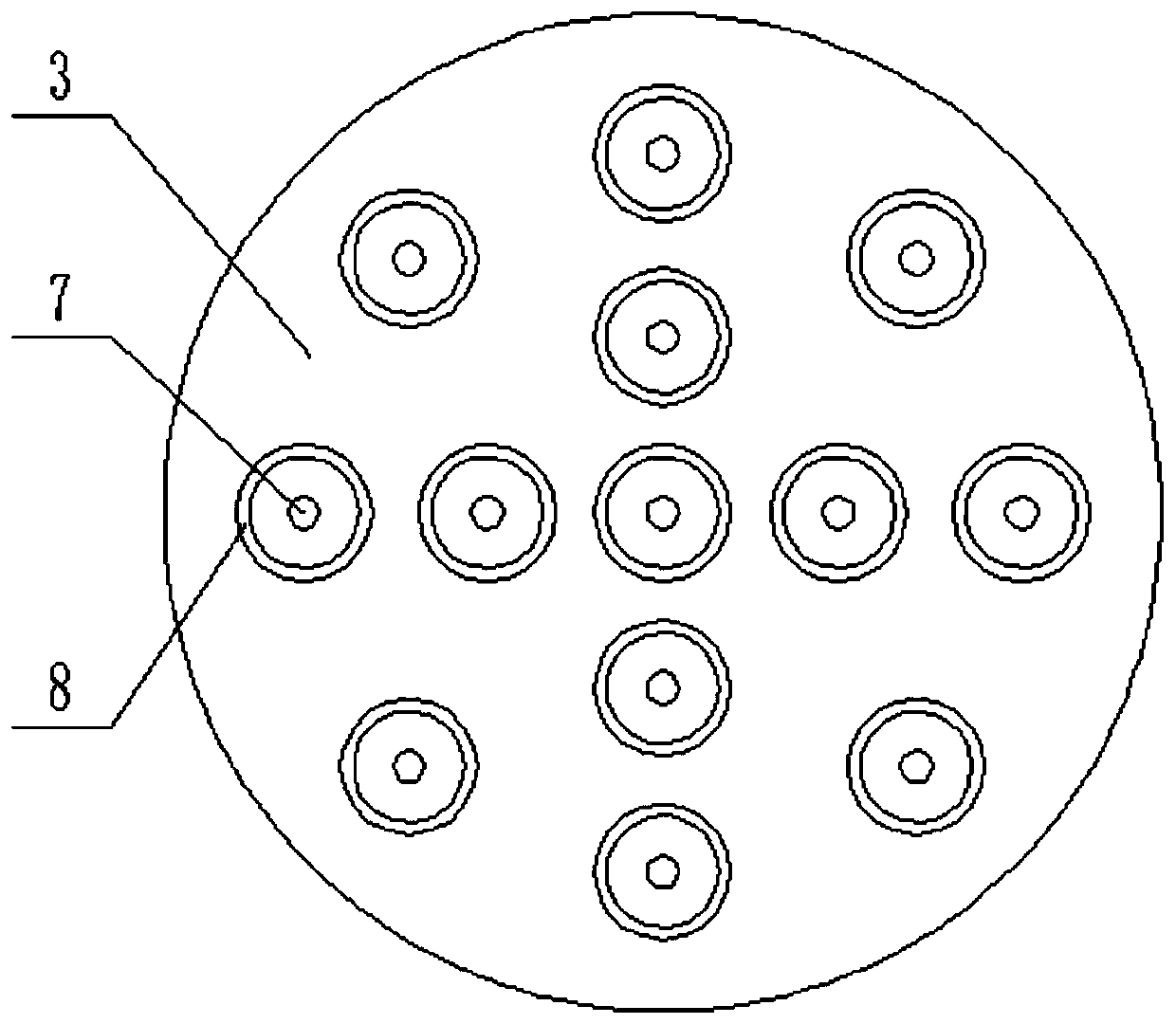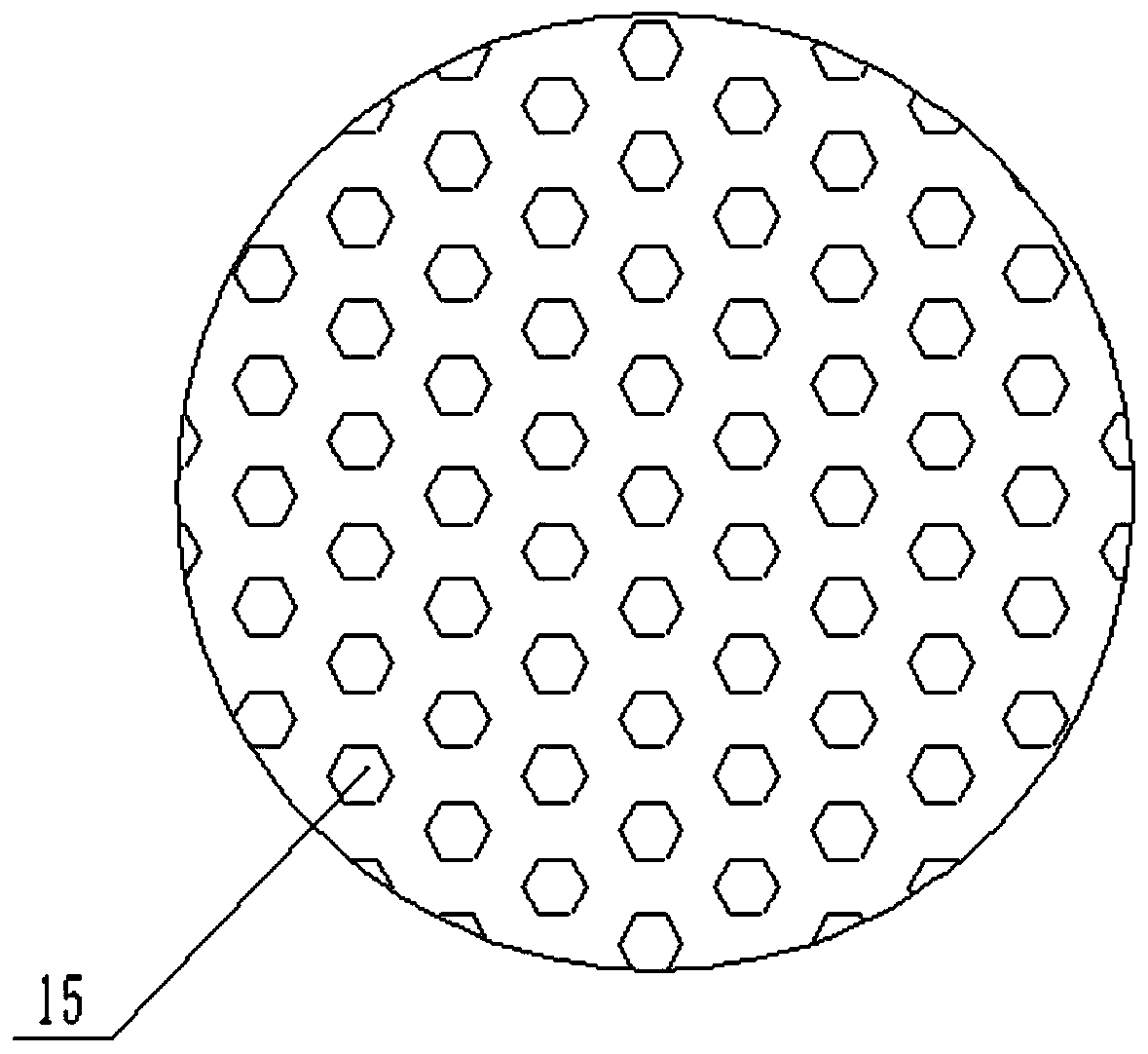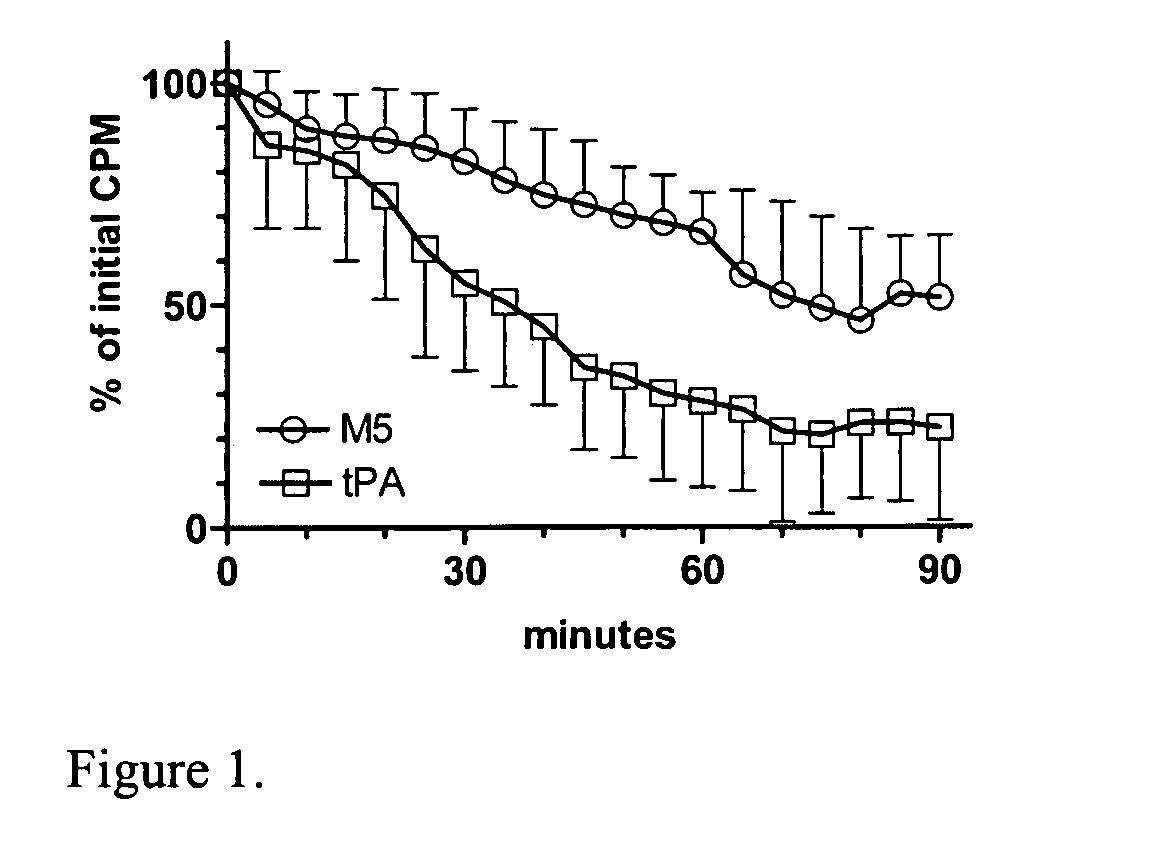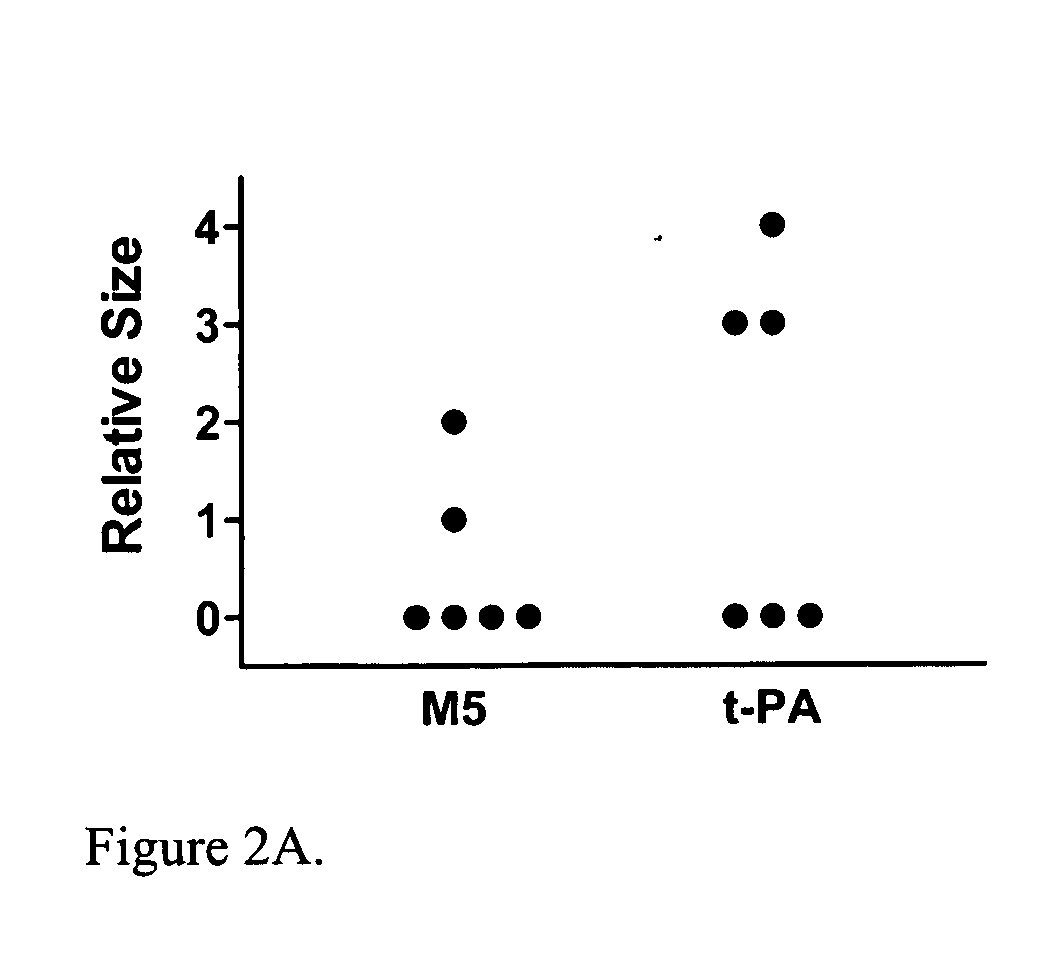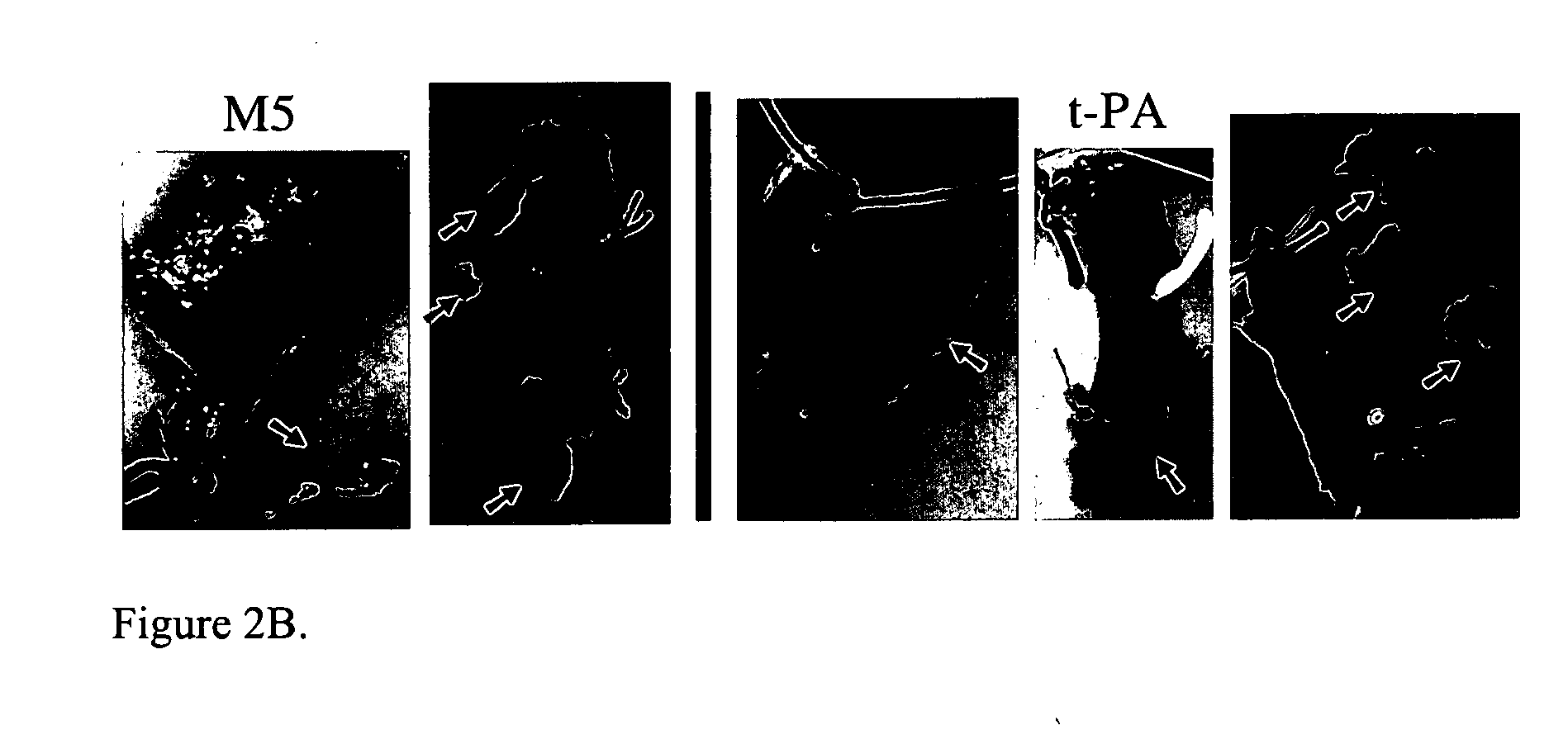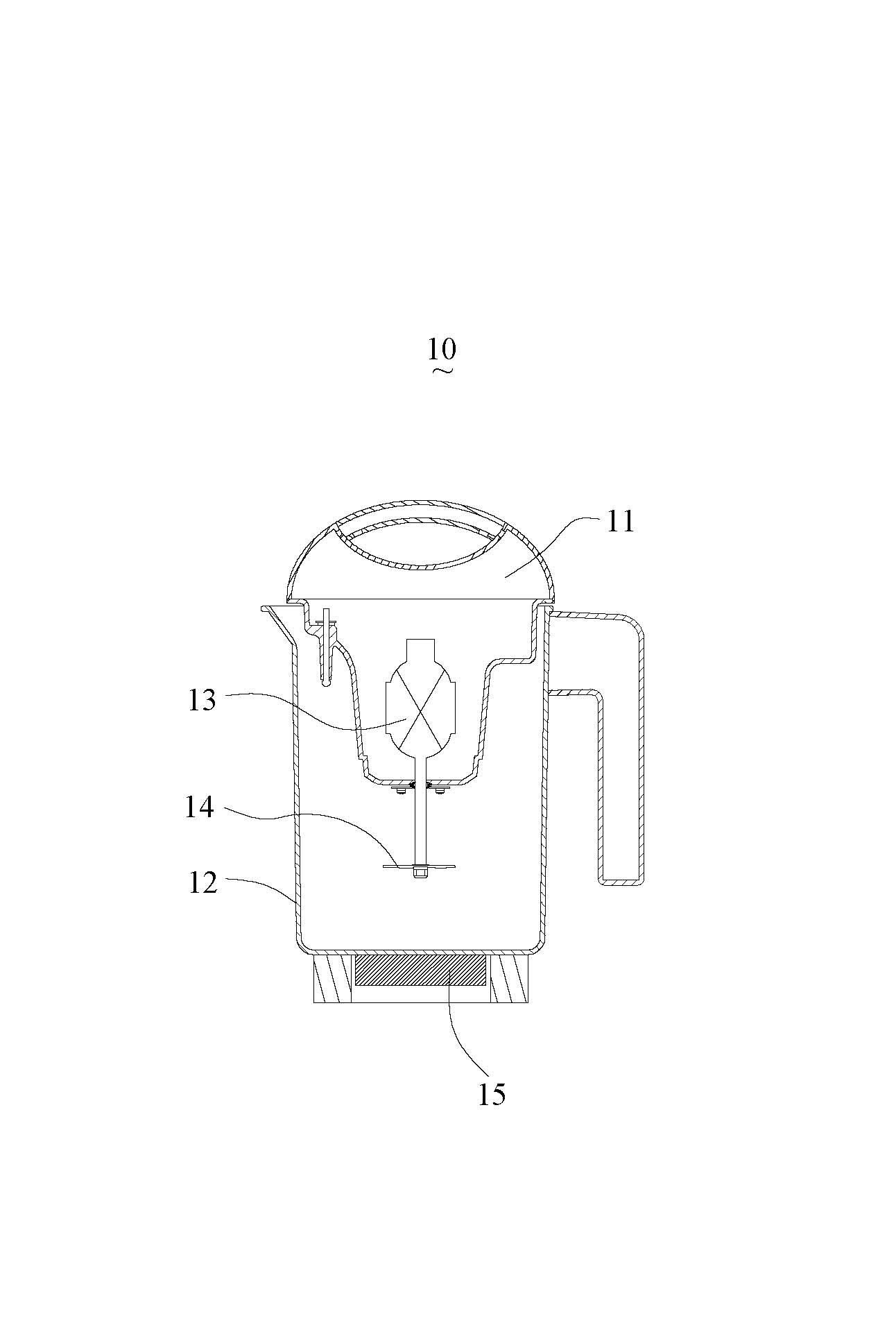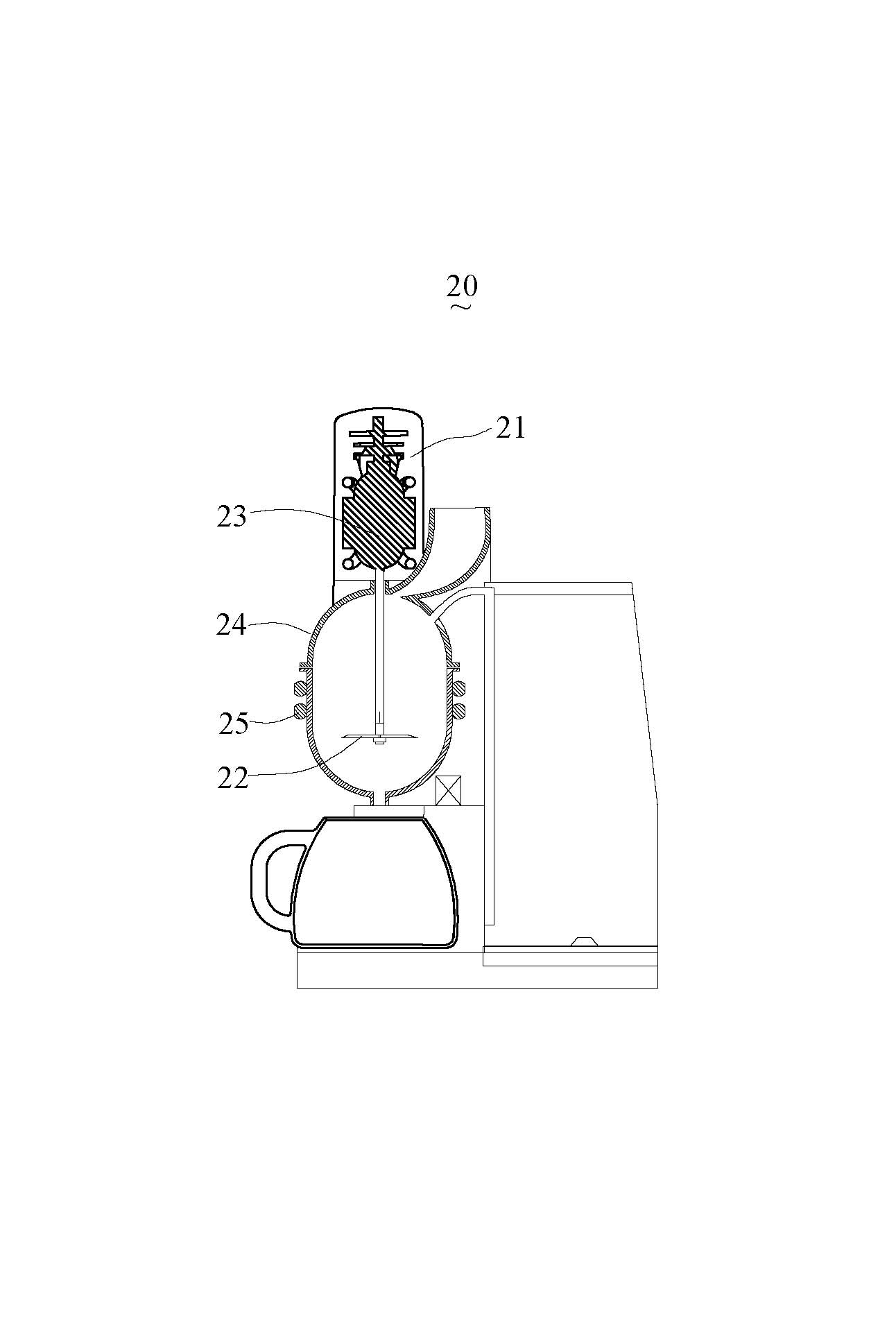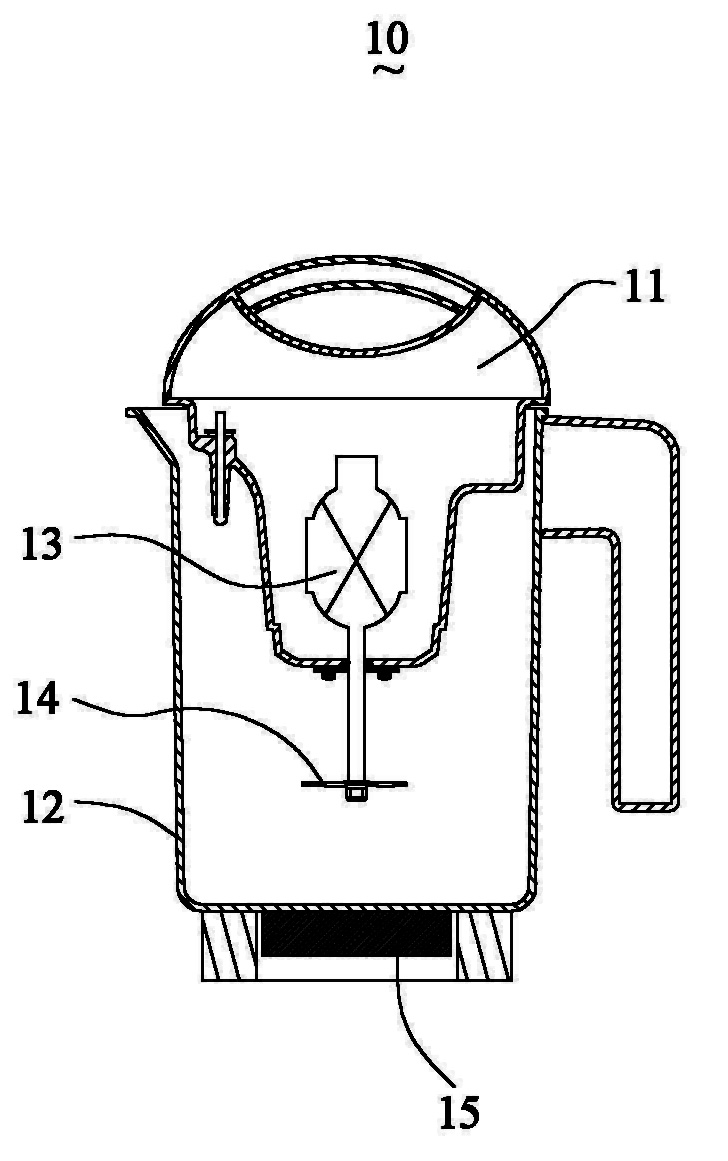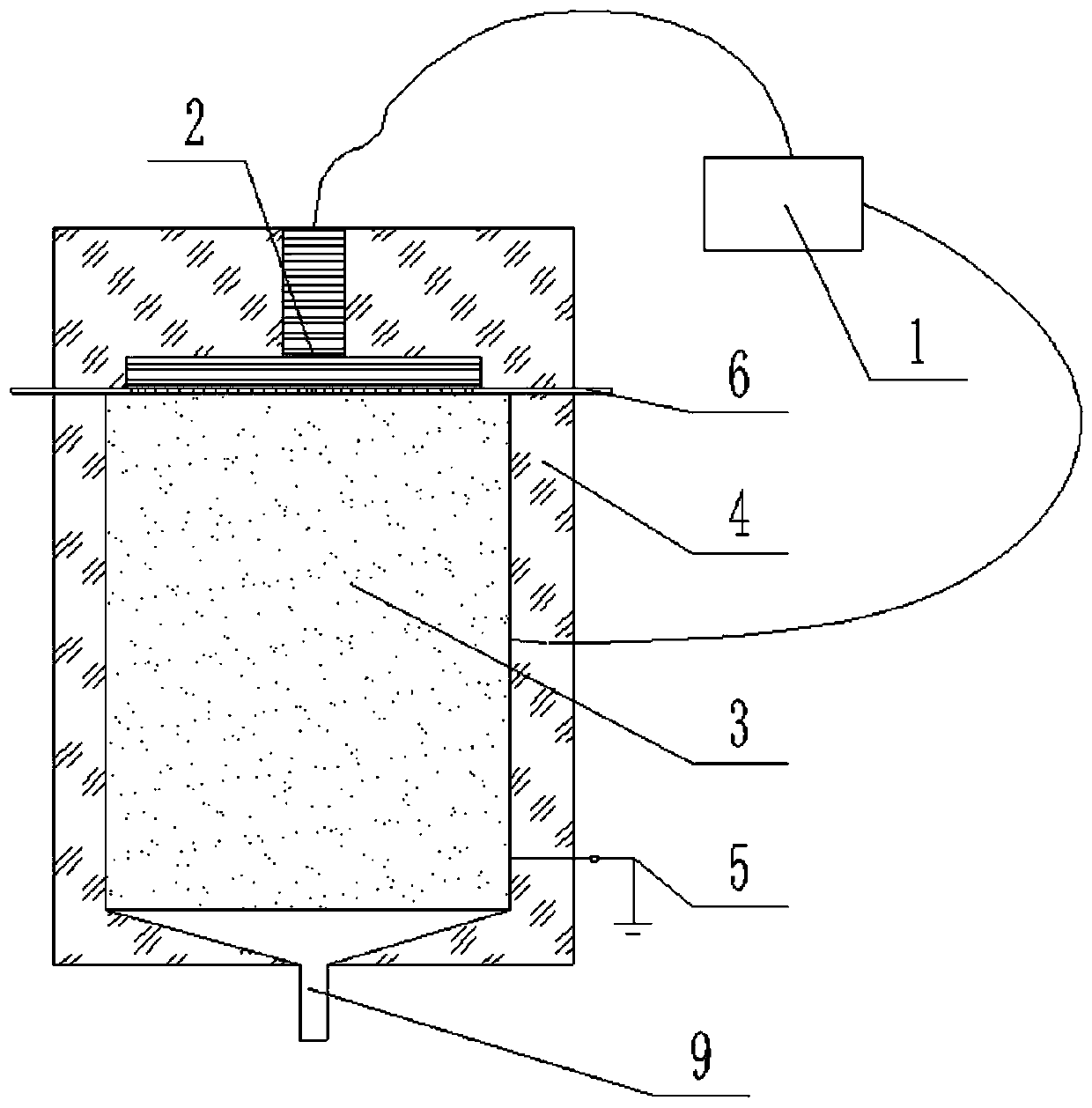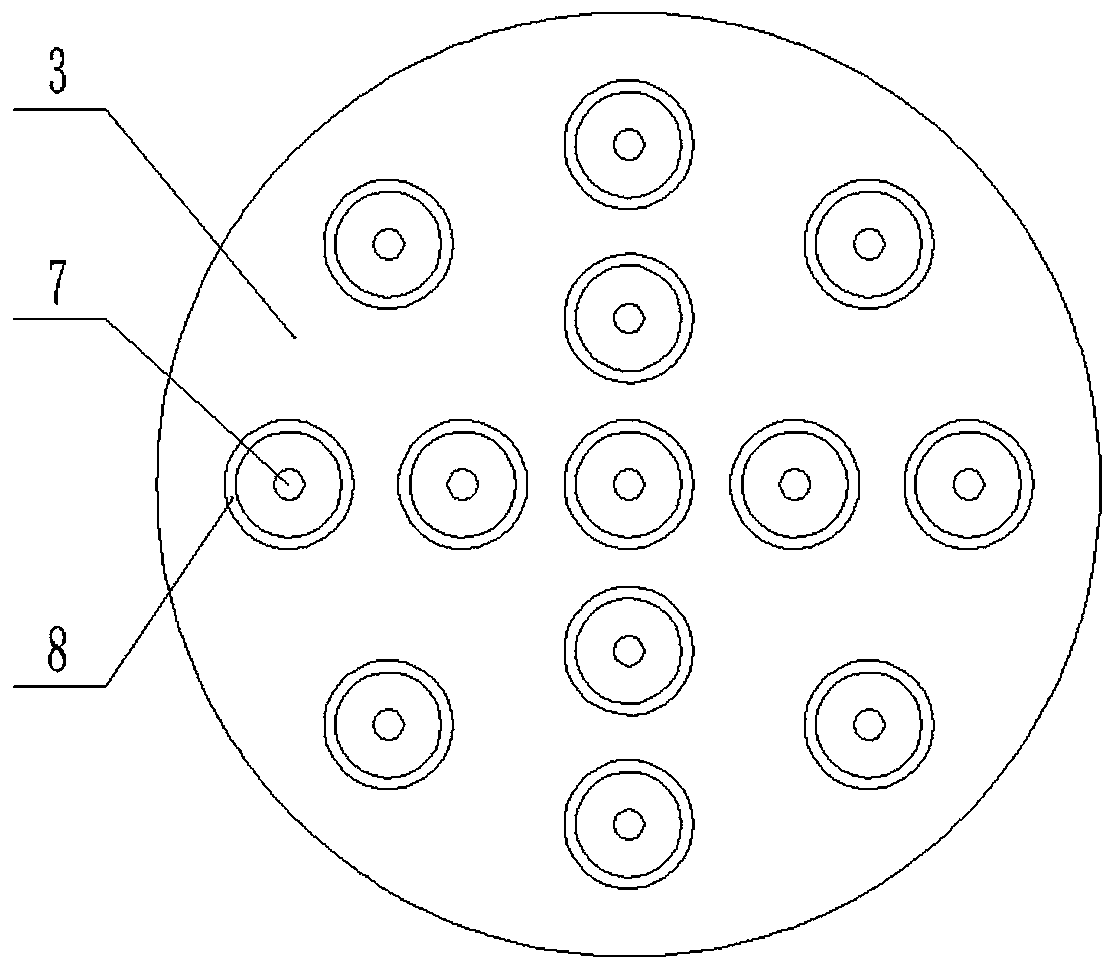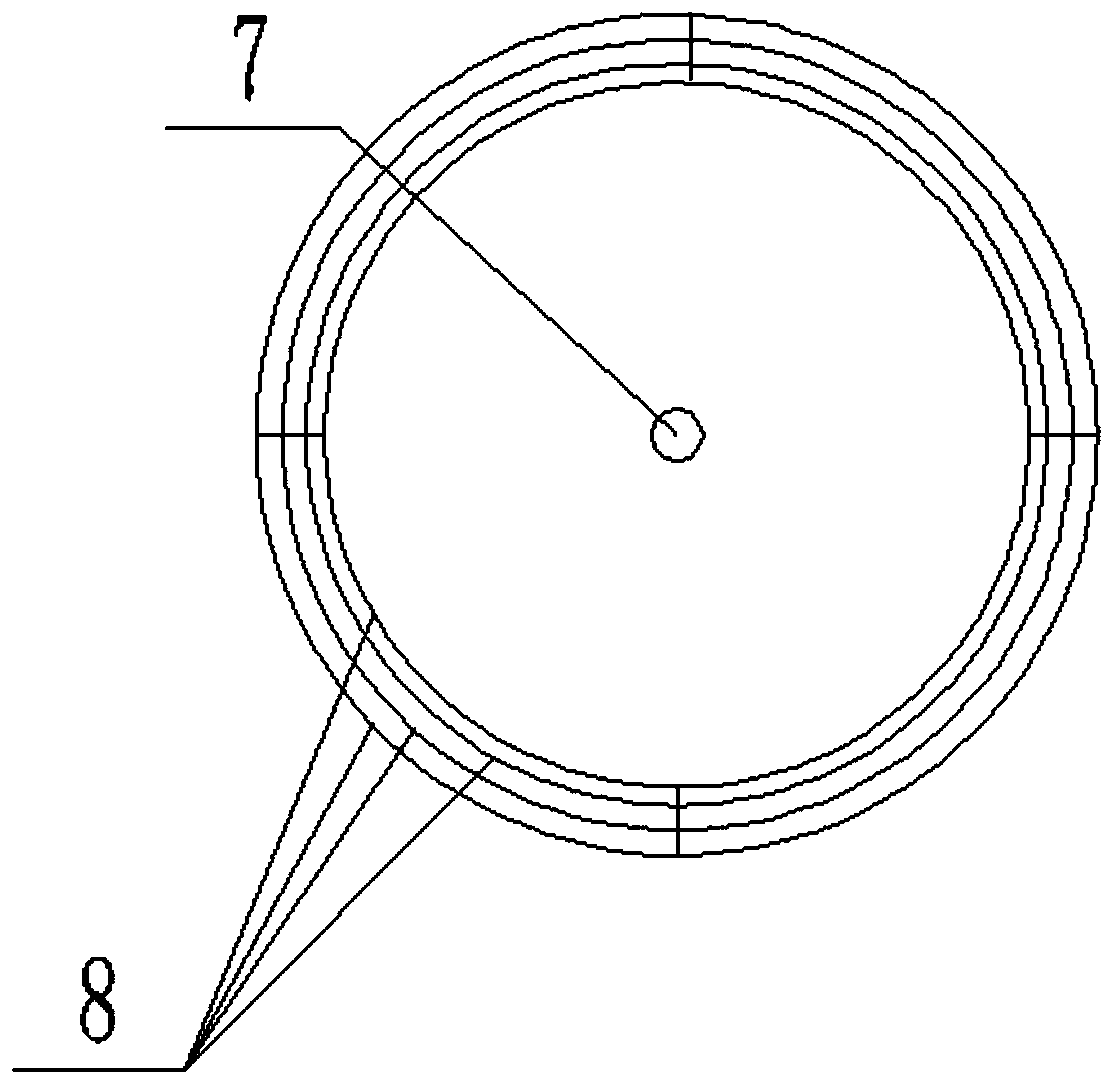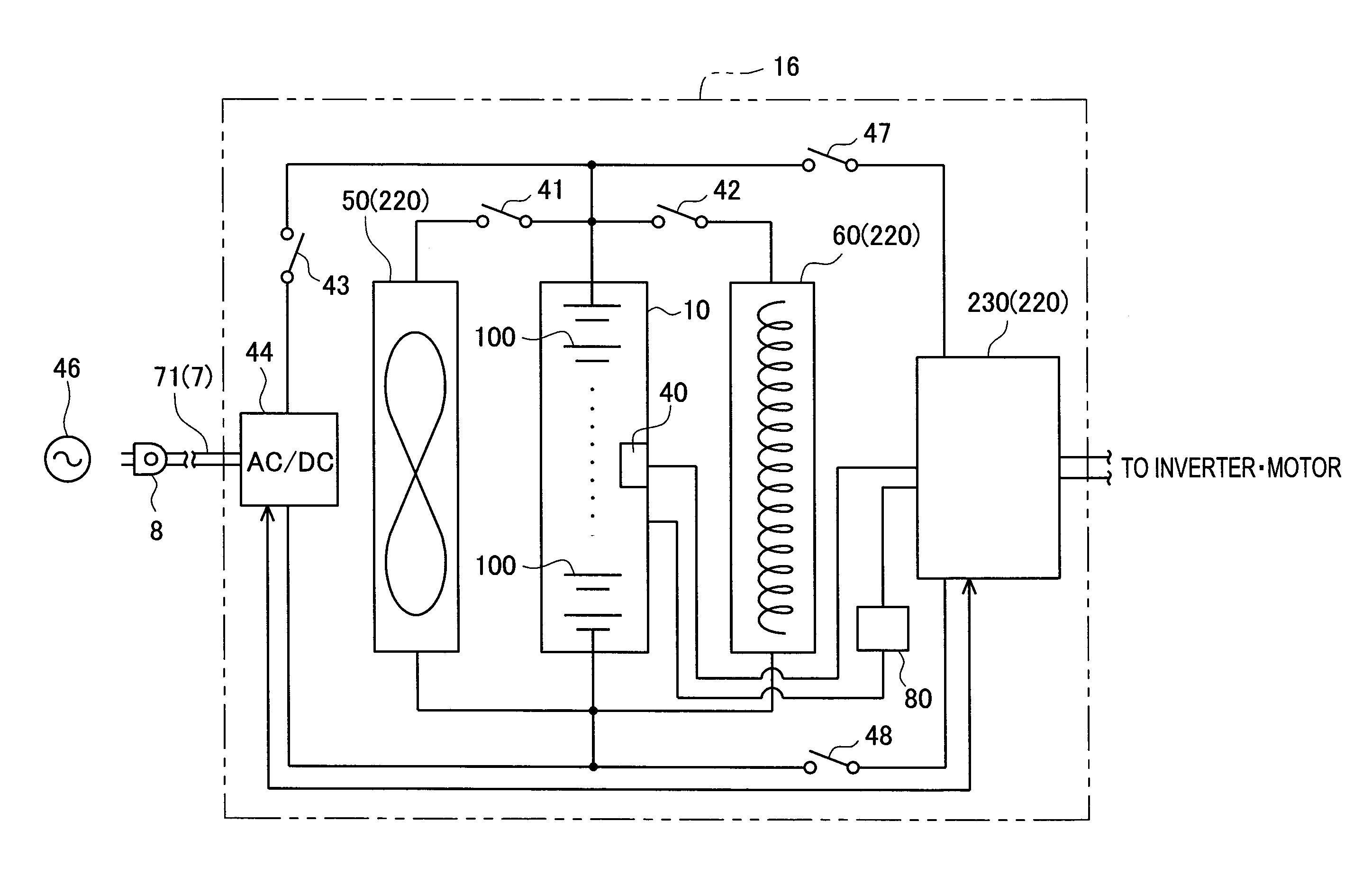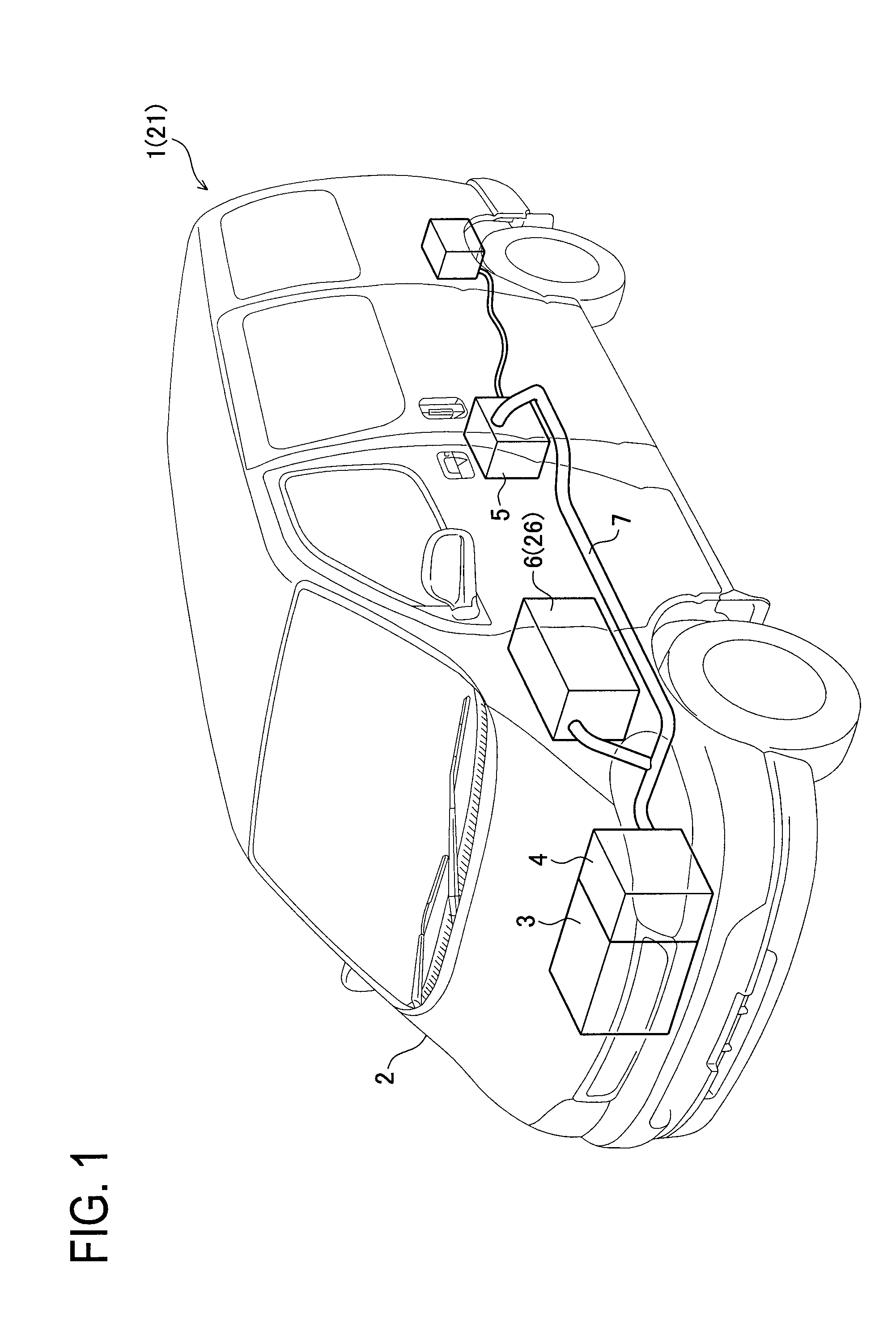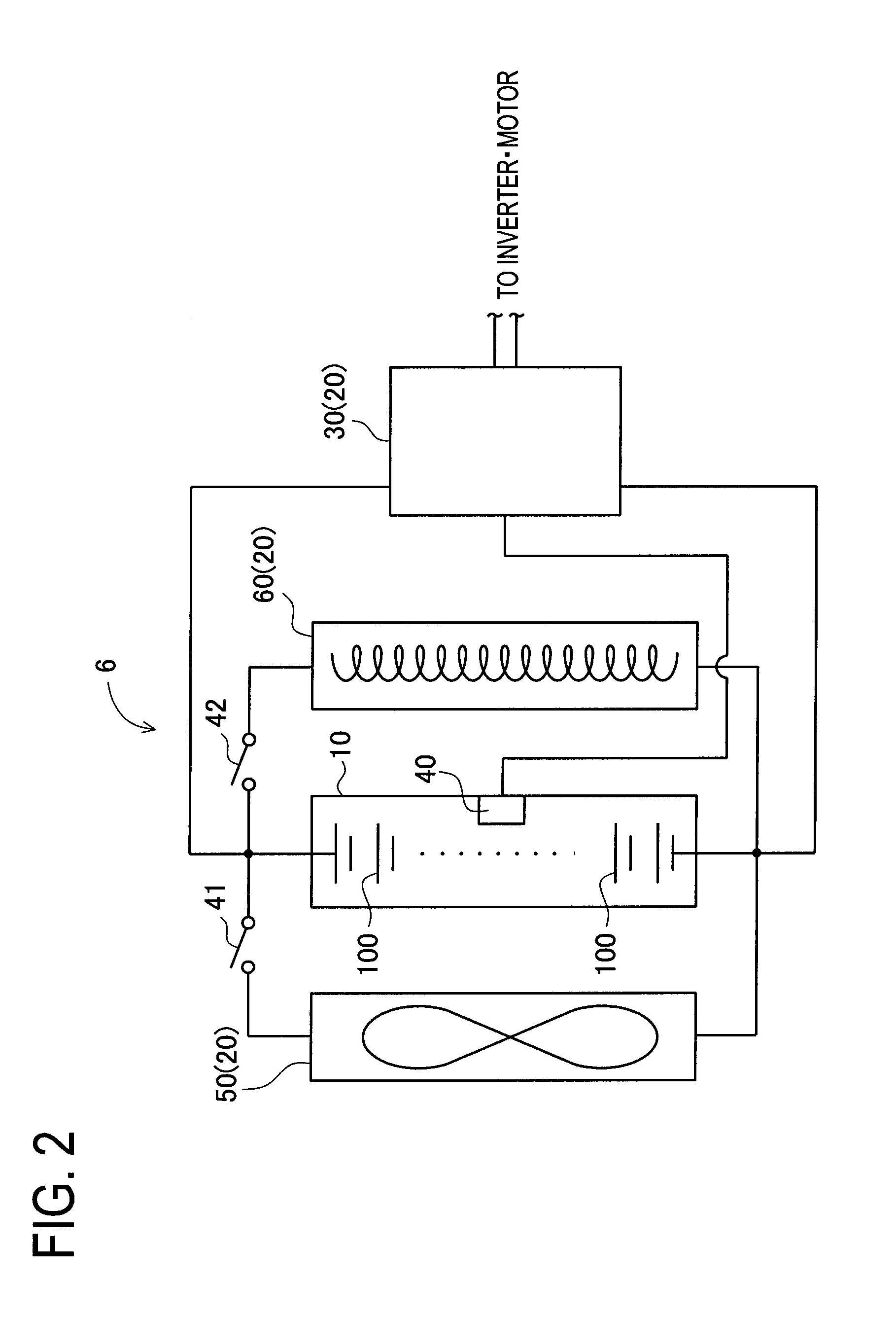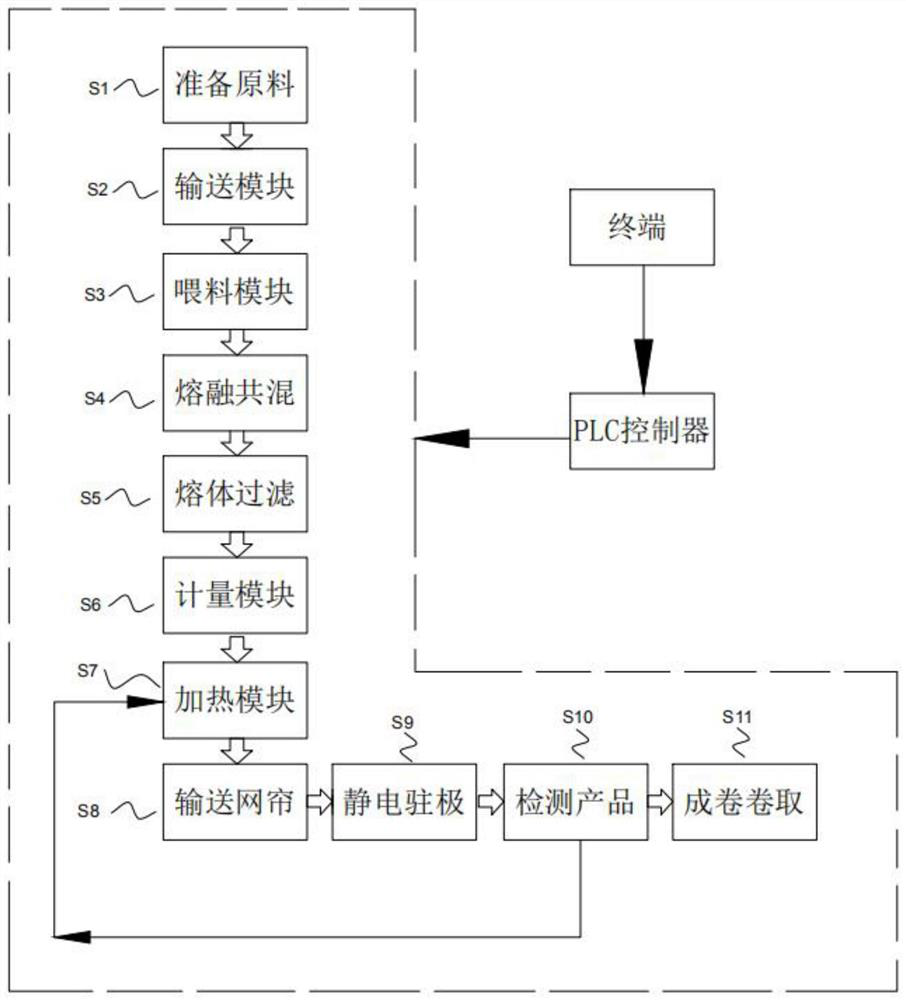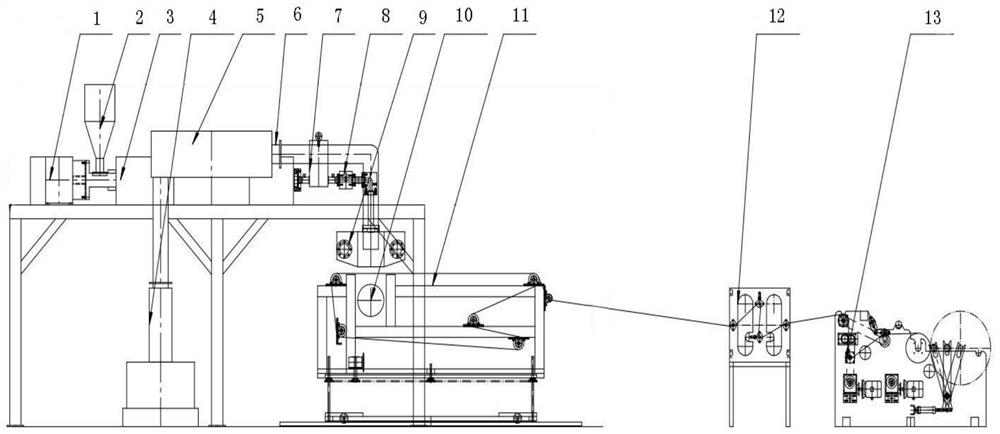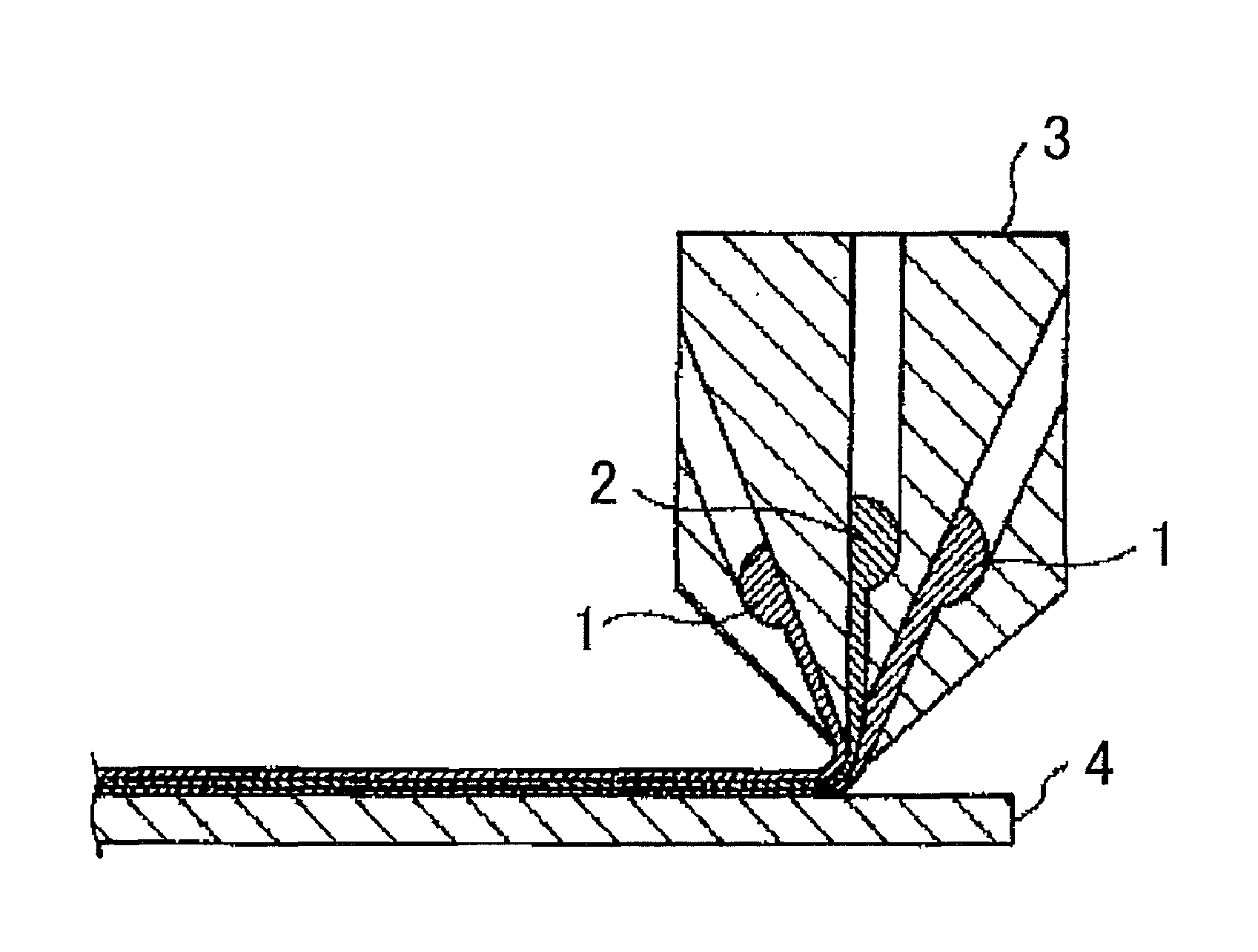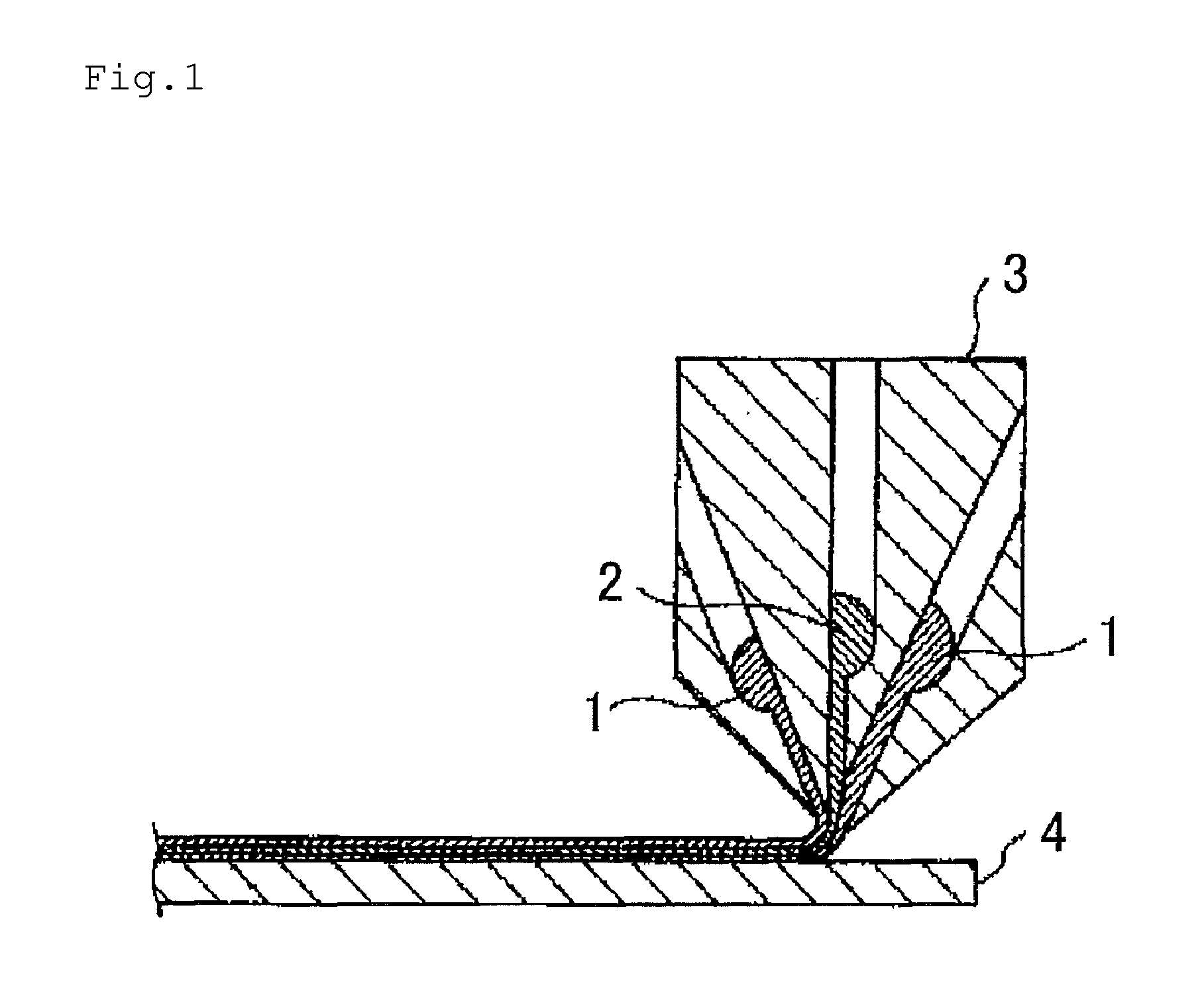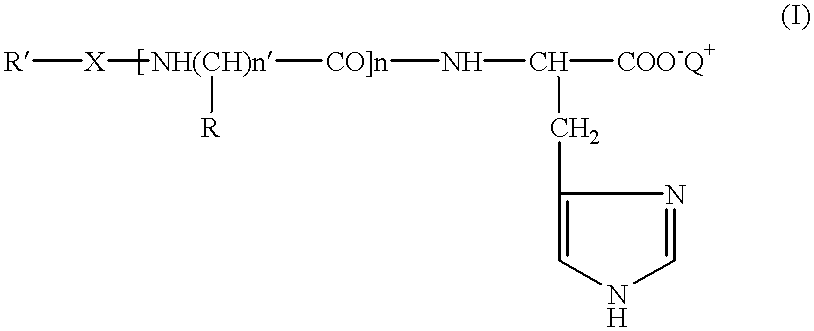Patents
Literature
117results about How to "Efficient inactivation" patented technology
Efficacy Topic
Property
Owner
Technical Advancement
Application Domain
Technology Topic
Technology Field Word
Patent Country/Region
Patent Type
Patent Status
Application Year
Inventor
Process for reducing mineralization of tissue used in transplantation
InactiveUS7078163B2Reducing level of mineralizationLower Level RequirementsDead animal preservationProsthesisMedical deviceOxidizing agent
A method of making a tissue-derived implantable medical device that includes contacting the tissue with a composition comprising at least one oxidizing agent prior to implantation of the medical device.
Owner:MEDTRONIC INC
Increasing Reliability and Reducing Latency in a Wireless Network
ActiveUS20080279204A1Efficient inactivationSave powerSynchronisation arrangementMeasurement devicesGraphicsSignal quality
A mesh communication network for use in, for example, process control plants includes a plurality of network devices transmitting and receiving data according to a network schedule defined as a set of concurrent overlapping superframes, and along a set of graphs defining communication paths between pairs of network devices. A network manager residing in or outside the communication network develops a routing scheme for the network by analyzing the topology of the network and defining a set of graphs for use in routing or transmitting data between various nodes of the network, each graph including one or more communication paths between pairs of network devices. Concurrently or consequently, the network manager defines the network schedule in view of at least transmission requirements, power availability, and signal quality at each network device. If desired, the network manager may begin to define the network schedule upon completing the definition of the graphs of the communication network, so that the network manager may define the network schedule in view both the defined graphs and the transmission, power, etc. parameters associated with each network device.
Owner:FIELDCOMM GRP INC
Polyester Container with Enhanced Gas Barrier and Method
ActiveUS20060275568A1Excellent gas barrier performanceHigh gas barrierBottlesSynthetic resin layered productsPolyesterOrganic gases
A polyester container with enhanced gas barrier properties comprises a polyester composition having an IV of 0.65 dL / g to 1.0 dL / g and comprising a polyester and a reactive organic gas barrier enhancing additive. The polyester is made using at least one first polycondensation catalyst selected from the group consisting of metals in Groups 3, 4, 13, and 14 of the Periodic Table and comprises a catalyst residue remaining in the polyester from formation of the polyester. The catalyst residue comprises at least a portion of the at least one first polycondensation catalyst.
Owner:THE COCA-COLA CO
Method for regeneration of adsorbent matrices
ActiveUS20050056592A1Efficient inactivationMinimizes problemIon-exchanger regenerationImmunoglobulinsOrganic solventBiological materials
The present invention relates to the regeneration of adsorbent matrices that are used for the purification of substances from aqueous liquid samples derived from biological material. The method is adapted to adsorbent matrices that are sensitive to hydrolysis either because of a sensitive base matrix or a sensitive ligand including also a sensitive spacer a n d is characterized in contacting at least one regeneration solution with the adsorbent matrix which comprises an organic solvent which is water-miscible and has a pH value ≦4, preferably ≦3 (acid solution) or ≧10 but <13 (alkaline solution).
Owner:BOEHRINGER INGELHEIM PHARM KG
System and method for product sterilization using UV light source
InactiveUS7217936B2Efficient inactivationEffective treatmentRadiation pyrometryMaterial analysis using wave/particle radiationHigh intensityParenteral solutions
Owner:TRITON THALASSIC TECH
Post-Harvest Coating for Fresh Produce
An antimicrobial coating material for post-harvest coating of produce includes a mixture of an acid component and a film-forming carbohydrate. A method for post-harvest treatment of produce includes applying a coating material onto produce after harvest and cleaning, thereby producing an antimicrobial coating in the form of an encapsulating film on the surface of the produce. A method for inactivating microbial spores on produce includes applying a coating material onto produce after harvest and cleaning, thereby producing an antimicrobial coating that is effective to inactivate microbial spores on the produce.
Owner:JONES HAMILTON
Method and apparatus for applying plasma particles to a liquid and use for disinfecting water
ActiveUS20110240567A1Short amount of timeDiffusion process is efficientWater treatment parameter controlClimate change adaptationWater useDouble phase
The invention provides a method and apparatus for creating plasma particles and applying the plasma particles to a liquid. Liquid feedstock (e.g., water and / or hydrocarbons mixed with biomass) is pumped through a pipeline; the single-phase stream is then transformed into a biphasic liquid-and-gas stream inside a chamber. The transformation is achieved by transitioning the stream from a high pressure zone to a lower-pressure zone. The pressure drop may occur when the stream further passes through a device for atomizing liquid. Inside the chamber, an electric field is generated with an intensity level that exceeds the threshold of breakdown voltage of the biphasic medium leading to a generation of a plasma state. Furthermore, the invention provides an energy-efficient highly adaptable and versatile method and apparatus for sanitizing water using plasma particles to inactivate biological agents contaminating water.
Owner:GARRETON ALFREDO ZOLEZZI +1
System and method for product sterilization using UV light source
InactiveUS20050173652A1Efficient inactivationEffective treatmentMaterial analysis using wave/particle radiationElectric discharge tubesMonochromatic colorHigh intensity
System and method for sterilization, using UV light source(s), of products, e.g., polymer-based products, whether positioned within or external to their packaging, using monochromatic, continuous wave, high-intensity, incoherent light in single and / or multiple light source configurations. The treatment system(s) and method(s) may be used for sterilization of alternative products, including, for example, food products such as meat and poultry, enteral and / or parenteral solutions and systems, and the like.
Owner:TRITON THALASSIC TECH
Polarizer protective film, polarizer, and liquid crystal display device
ActiveUS20120088041A1Increase polarizabilityIncreased durabilityLiquid crystal compositionsCellulosic plastic layered productsArylCellulose
A polarizer protective film having a cellulose acylate film containing a cellulose acylate and a hindered amine compound in an amount of at least 0.01% by mass relative to the cellulose acylate, and, as laminated on the cellulose acylate film, an active energy ray-curable layer, wherein the hindered amine compound has a piperidine skeleton represented by the following formula (1):wherein X represents an alkyl or aryl group; Y represents a hydrogen atom or a substituent; R1 to R4 represent an alkyl group.
Owner:FUJIFILM CORP
Method of improving indoor air quality by thermally inactivating fungi on building surfaces
A method of improving the indoor air quality in a building comprising at least partially inactivating fungal mycelia and spores associated with a building material surface by applying onto the surface thermal energy initially contained in water vapour at a pressure exceeding 1 bar, in an amount which is sufficient to at least partially inactivate said fungal mycelia and spores but essentially without causing damages to the surface material.
Owner:MICRO CLEAN
Method for improving ultraviolet radiation disinfection of water using aqueous silver
InactiveUS6982039B1Minimizes and eliminates formationCost effectiveWater/sewage treatment by irradiationSpecific water treatment objectivesWater useUltraviolet radiation
A method of disinfecting water is provided including treating water by irradiating the water with ultraviolet light and introducing silver ions to the water. The water may be treated by either initially irradiating the water with ultraviolet light followed by introducing silver ions to the water or by introducing silver ions to the water and thereafter exposing the silver ion-containing water to ultraviolet light.
Owner:UNITED STATES OF AMERICA THE AS REPRESENTED BY THE SEC OF THE ARMY
Inactivating device for virus, bacteria, etc. and air conditioner using the same
An inactivating device for inactivating virus, bacteria, etc. including a humidifying unit for humidifying flowing air, a humidifying water supply unit for supplying the humidifying unit with humidifying water containing active oxygen species achieved by electrolyzing tap water, and a concentration adjusting unit for adjusting the concentration of the active oxygen species in the humidifying water to a predetermined concentration.
Owner:SANYO ELECTRIC CO LTD
Antiviral agents, antiviral fibers and antiviral fiber structures
InactiveUS20100221307A1Small sizeEfficient inactivationBiocideOrganic active ingredientsPhthalocyanine derivativesVirus
Provided are antiviral agents that are effective in inactivating viruses, and fiber products and fiber structures carrying these antiviral agents. The antiviral agent effectives against influenza and comprises a metal phthalocyanine derivative represented by formula I. Fiber carries these antiviral agents.
Owner:DAIWABO HLDG
Portable UV water treatment system
InactiveUS20110104017A1Efficient inactivationGeneral water supply conservationTreatment involving filtrationTurbidityUltraviolet
A portable water purification system and method of operation of the system is disclosed that may comprise a container defining a water purification chamber; a plurality of UV generating light sources distributed in the purification chamber of the container; and a portable power source electrically connected to the light sources, and adapted to convert kinetic energy to electrical energy to provide to the light sources. The portable power source may be adapted to be driven by human motive power to provide the kinetic energy. The purification system may comprise a filling opening to the container; and a filter intermediate the filling opening and the chamber adapted to remove turbidity from the water entering the water purification chamber through the filling opening. The portable power source may comprise a hand-cranked electrical generator. The UV light sources may produce UV light in a wavelength band selected to effectively deactivate all harmful biological water contaminants, and produce UV light in a dosage sufficient to effectively deactivate all harmful biological water contaminants.
Owner:STEVENS INSTITUTE OF TECHNOLOGY
Battery system and automobile
ActiveUS8643341B2Efficiently be deactivated and inactivatedImprove battery safetyBatteries circuit arrangementsElectric devicesTemperature controlLithium metal
Disclosed is a battery system wherein safety of a lithium secondary battery can be enhanced by efficiently deactivating (inactivating) lithium metal deposited on a negative electrode of the lithium secondary battery. Also disclosed is an automobile. Specifically disclosed is a battery system comprising a lithium ion secondary battery and a temperature control unit for controlling the temperature of the lithium ion secondary battery. The temperature control unit performs such a control that the temperature T of the lithium ion secondary battery is maintained within the following range: 55° C.<T<65° C., for a predetermined time.
Owner:TOYOTA JIDOSHA KK
Method and apparatus for transforming a liquid stream into plasma and eliminating pathogens therein
InactiveUS20150139853A1Highly efficient in power consumptionQuick to initiate plasma stateSpecific water treatment objectivesLavatory sanitoryLiquid mediumHigh energy
A liquid stream is transformed into a vapor and liquid medium, then plasma state is generated in the medium, which generates various high-energy particles causing a number of physical and / or chemical effects, then the vapor and liquid medium is condensed back into an output stream of liquid. Liquid feedstock (e.g. water) is nebulized using pressure drop and / or acoustic waves within a chamber, then an electric field exceeding the breakdown voltage threshold of the nebulized medium is applied to the medium, thus igniting plasma state. At the exit of the chamber, the nebulized medium is transformed back into liquid state. Liquid treatment with plasma state applications are thus enabled with high versatility and control in igniting and maintaining a plasma state at a cost-effective level of energy consumption.
Owner:ADVANCED INNOVATION CENT
Antiviral substance, antiviral fiber, and antiviral fiber structure
InactiveUS20100272668A1Small sizeRemarkable effectBiocideBreathing filtersCelluloseAvian influenza virus
The present invention is to provide an antiviral substance effective for inactivating viruses, a fiber product carrying the antiviral substance, and a fiber structure. The antiviral substance comprises a polymer containing a maleic acid component as a monomer unit in its polymer chain, and is effective against an avian influenza virus. An antiviral fiber can be produced by mixing the copolymer with cellulose and spinning the resulting mixture.
Owner:DAIWABO HLDG
Method and apparatus for applying plasma particles to a liquid and use for disinfecting water
ActiveUS9023214B2Easy to handleShort amount of timeEnergy based wastewater treatmentMachines/enginesWater usePlasma particle
The invention provides a method and apparatus for creating plasma particles and applying the plasma particles to a liquid. Liquid feedstock (e.g., water and / or hydrocarbons mixed with biomass) is pumped through a pipeline; the single-phase stream is then transformed into a biphasic liquid-and-gas stream inside a chamber. The transformation is achieved by transitioning the stream from a high pressure zone to a lower-pressure zone. The pressure drop may occur when the stream further passes through a device for atomizing liquid. Inside the chamber, an electric field is generated with an intensity level that exceeds the threshold of breakdown voltage of the biphasic medium leading to a generation of a plasma state. Furthermore, the invention provides an energy-efficient highly adaptable and versatile method and apparatus for sanitizing water using plasma particles to inactivate biological agents contaminating water.
Owner:GARRETON ALFREDO ZOLEZZI +1
Agent for virus inactivation
ActiveUS20130344124A1Efficient inactivationBiocideInorganic active ingredientsVirus inactivationDecomposition
An agent for virus inactivation capable of exhibiting inactivation action based on structural destruction such as degradation and decomposition against viruses, which comprises a monovalent copper compound such as cuprous oxide, cuprous sulfide, cuprous iodide, and cuprous chloride as an active ingredient, and a virus inactivation material, which contains the agent for virus inactivation on a surface of a substrate and / or inside of the substrate.
Owner:THE UNIV OF TOKYO +1
Ultraviolet-chlorination agent sequentially disinfecting technology for reclaimed water
InactiveCN101182085AEfficient inactivationImprove protectionWater/sewage treatment by irradiationMultistage water/sewage treatmentVirus inactivationDisinfectant
A reuse-water disinfection method combining Ultraviolet with chlorination disinfectant is provided. The invention relates to a regenerated reuse-water purifying treatment technology after the municipal wastewater treatment. The method is implemented through combining the ultraviolet irradiation disinfection on the reuse-water with adding the chlorine-containing disinfectant in water, wherein, the dosage of the ultraviolet irradiation is 2-100mJ / cm<2>, and the amount of the added chlorine-containing disinfectant is 1-20mg / L in the chlorine containing amount. The synergistic effect caused by the combination of the two greatly improves the virus inactivation rate. The reuse-water can be ensured to be disinfected thoroughly and the quality safety of the reuse-water is improved.
Bacterial polyphenol oxidase from bacillus for use in oxidation of colored substances
InactiveUS6184014B1Efficient of substanceEfficient oxidationOrganic detergent compounding agentsBacteriaBacteroidesFiltration
The present invention provides polyphenol oxidases from bacteria, particularly from the genus Bacillus including, without limitation, B. licheniformis, B. natto, and B. sphaericus, In some embodiments, the polyphenol oxidase has an optimum reaction pH of about 7; an optimum reaction temperature between 60° C. and 80° C.; and a molecular weight of 51,000 measured by gel filtration chromatography. The enzymes of the invention are useful for oxidizing and / or bleaching a variety of substrates.
Owner:NOVOZYMES AS
Electroporation disinfecting device, method and application of nanowire modified three-dimensional electrodes
InactiveCN105540771AEfficient inactivationNo electrolytic reactionWater treatment compoundsSpecific water treatment objectivesNanowireElectrolysis
The invention discloses an electroporation disinfecting device, method and application of nanowire modified three-dimensional electrodes, and belongs to the technical field of water treatment and disinfection. The device consists of two nanowire modified three-dimensional electrodes, two insulation slots, two wires, a plastic net and a power supply, wherein the two nanowire modified three-dimensional electrodes are respectively fixed to the two insulation slots, the space between the two nanowire modified three-dimensional electrodes is equal to or larger than 5mm, and the plastic net is placed between the two nanowire modified three-dimensional electrodes; the two nanowire modified three-dimensional electrodes are respectively connected with the positive electrode and the negative electrode of the power supply through the two wires. After the power supply is switched on, water to be treated is disinfected through the nanowire modified three-dimensional electrodes. According to the disinfecting method, low-voltage operation is utilized, the electrolytic reaction of a solution is avoided, chlorine is not generated, and efficient safe disinfection is realized; during the disinfection, the cell membrane structure of microorganisms is destroyed, the revival phenomenon cannot occur, the water safety is further guaranteed, and the disinfecting method can be widely used in the technical field of the water treatment and the disinfection.
Owner:TSINGHUA UNIV
Device and method for purifying air by using low-temperature plasma activated water
ActiveCN110394038ATo achieve the effect of purifying the airNo arcingGas treatmentDispersed particle separationEngineeringHigh pressure
The invention discloses a device and a method for purifying air by using low-temperature plasma activated water. The device comprises a low-temperature plasma generating device and an activated wateratomizing device. The low-temperature plasma generating device comprises a power supply, an insulating container and a plasma generating mechanism arranged in the insulating container. The plasma generation mechanism comprises an electrode array plate, a porous electrode column and a blocking dielectric tube. The electrode array plate comprises a connecting plate and an electrode column array group which is arranged at the bottom of the connecting plate and consists of high-voltage electrode columns. Through holes matched with the high-voltage electrode column are distributed in the porous electrode column, and a barrier dielectric pipe is arranged between the through holes and the high-voltage electrode column. At least two gas inlet holes for loading working gas are symmetrically formedin the upper part of the side wall of the insulating container wall. According to the device and the method, bacteria and fungi can be efficiently inactivated, the inactivation effect on specific species of fungi is remarkable, and most fungi in the air can be efficiently killed within 30 minutes (> 98.5%).
Owner:BEIJING TECHNOLOGY AND BUSINESS UNIVERSITY
C-1 inactivator inhibits two-chain urokinase mutant and limits hemostatic bleeding during thrombolysis
InactiveUS20070298024A1Efficient inactivationReduced blood lossPeptide/protein ingredientsPeptidasesMutantAndrology
Methods for reducing bleeding during fibrinolysis treatment and for inhibiting the enzymatic activity of a two-chain urokinase mutant are described. Exogenous C1-inactivator is administered during fibrinolysis treatment with the pro-urokinase mutant polypeptide, M5. The C1-inactivator inhibits the formation of two-chain M5 resulting in less hemostatic bleeding.
Owner:THROMBOLYTIC SCI
fast pulping process
InactiveCN102273511AIncrease the degree of softeningReduce noiseBeverage vesselsMilk substitutesAnti nutritionalSoftening
The invention relates to a rapid pulping process. The method comprises the following steps: heating water and soybeans to boiling and maintaining the boiling state to first inactivate anti-nutritional factors in soybeans; crushing soybeans, mixing the crushed soybeans and water to form soybean milk, and inactivating anti-nutritional factors in soybean milk again. Compared with the prior art, the rapid pulping process of the present invention saves the boiling step, and the softening of soybeans improves the crushing efficiency and shortens the crushing time, thus shortening the entire pulping cycle to a large extent and satisfying people's fast-paced life .
Owner:JOYOUNG CO LTD
Low-temperature plasma generator and method for preparing activated water
ActiveCN110461080ANo arcingReduce the temperatureWater/sewage treatment by irradiationPlasma techniqueLow voltageEngineering
The invention discloses a low-temperature plasma generator and a method for preparing the activated water. The device includes a power source, an insulation container and a plasma generating mechanismarranged in the insulation container, wherein the plasma generating mechanism includes an electrode array board, a porous electrode column and a blocking dielectric tube, the electrode array board isconnected with a high-voltage output end of the power source, the porous electrode column is connected with a low-voltage input end of the power source and grounded through a ground wire, the electrode array board includes a connection board and an electrode column array group which consists of high-voltage electrode columns and is arranged at the bottom of the connection board, the porous electrode column is internally distributed with through holes matched with the high-voltage electrode columns, the blocking dielectric tube is arranged between the through holes and the high-voltage electrode columns, and at least two air inlet holes for loading working gas are symmetrically arranged on an upper side wall of the insulation container. The activated water can effectively kill bacteria andfungi live, the inactivation effect on the fungi of a specific species is significant, and most of the fungi (>85.2%) in the liquid can be effectively killed within 1 minutes.
Owner:BEIJING TECHNOLOGY AND BUSINESS UNIVERSITY
Battery system and automobile
ActiveUS20110291622A1Efficiently be deactivated and inactivatedImprove battery safetyBatteries circuit arrangementsElectric devicesTemperature controlElectrical battery
Disclosed is a battery system wherein safety of a lithium secondary battery can be enhanced by efficiently deactivating (inactivating) lithium metal deposited on a negative electrode of the lithium secondary battery. Also disclosed is an automobile. Specifically disclosed is a battery system comprising a lithium ion secondary battery and a temperature control unit for controlling the temperature of the lithium ion secondary battery. The temperature control unit performs such a control that the temperature T of the lithium ion secondary battery is maintained within the following range: 55° C.<T<65° C., for a predetermined time.
Owner:TOYOTA JIDOSHA KK
Melt-blown cloth production line and production line equipment
InactiveCN112030368AImprove antibacterial effectEfficient inactivationSpinning solution de-aeratingPhysical treatmentProcess engineeringFiber
The invention discloses a melt-blown cloth production line and production line equipment. The melt-blown cloth production line comprises the following steps of S1) preparation of raw materials; S2) aconveying module; S3) a feeding module; S4) feeding of the mixed and stirred raw materials into an extruder for melt blending; S5) a melt filtering module; S6) a metering module which uses a meteringpump to control the yield and the fiber fineness; S7) a die head module; S8) a heating module; S9) receiving and conveying of a web curtain, specifically, uniformly receiving and paving the superfinefibers obtained in the step S7) on a web of a web former, conducting conveying forwards, and discharging hot air from the upper side by a suction fan arranged below the web former; S10) electrostaticelectret; S11) detection of products; and S12) coiling, specifically, coiling and packaging melt-blown cloth by adopting full-automatic coiling. After the scheme is adopted, impurities of a melt are subjected to multi-section filtration by arranging a plurality of temperature control areas, the progress of each link can be checked at any time through a terminal, and starting and stopping actions are implemented.
Owner:SINCETECH FUJIAN TECH CO LTD
Film, its production method, and polarizer and liquid crystal display device using the film
ActiveUS20130107175A1Light-resistant adhesiveness of has been improvedEfficient inactivationLiquid crystal compositionsCellulose coatingsCelluloseLiquid-crystal display
A film containing a cellulose acylate, a hindered amine compound at least 0.001% by mass relative to the cellulose acylate, and a plasticizer, satisfying: (i) the concentration C1 of the hindered amine compound 3 μm from the first film surface is higher than the concentration C2 3 μm from the second film surface; (ii) the concentration A of the plasticizer 3 μm from the first film surface is lower than the concentration B 10 μm from the first film surface; (iiia) the 15 acyl substitution degree a of the cellulose acylate 3 μm from the first film surface is lower than the acyl substitution degree b 10 μm from the first film surface; and (iiib) the 20 weight-average molecular weight Ma of the cellulose acylate 3 μm from the first film surface is higher than the weight-average molecular weight Mb 10 μm from the first film surface.
Owner:FUJIFILM CORP
Features
- R&D
- Intellectual Property
- Life Sciences
- Materials
- Tech Scout
Why Patsnap Eureka
- Unparalleled Data Quality
- Higher Quality Content
- 60% Fewer Hallucinations
Social media
Patsnap Eureka Blog
Learn More Browse by: Latest US Patents, China's latest patents, Technical Efficacy Thesaurus, Application Domain, Technology Topic, Popular Technical Reports.
© 2025 PatSnap. All rights reserved.Legal|Privacy policy|Modern Slavery Act Transparency Statement|Sitemap|About US| Contact US: help@patsnap.com
